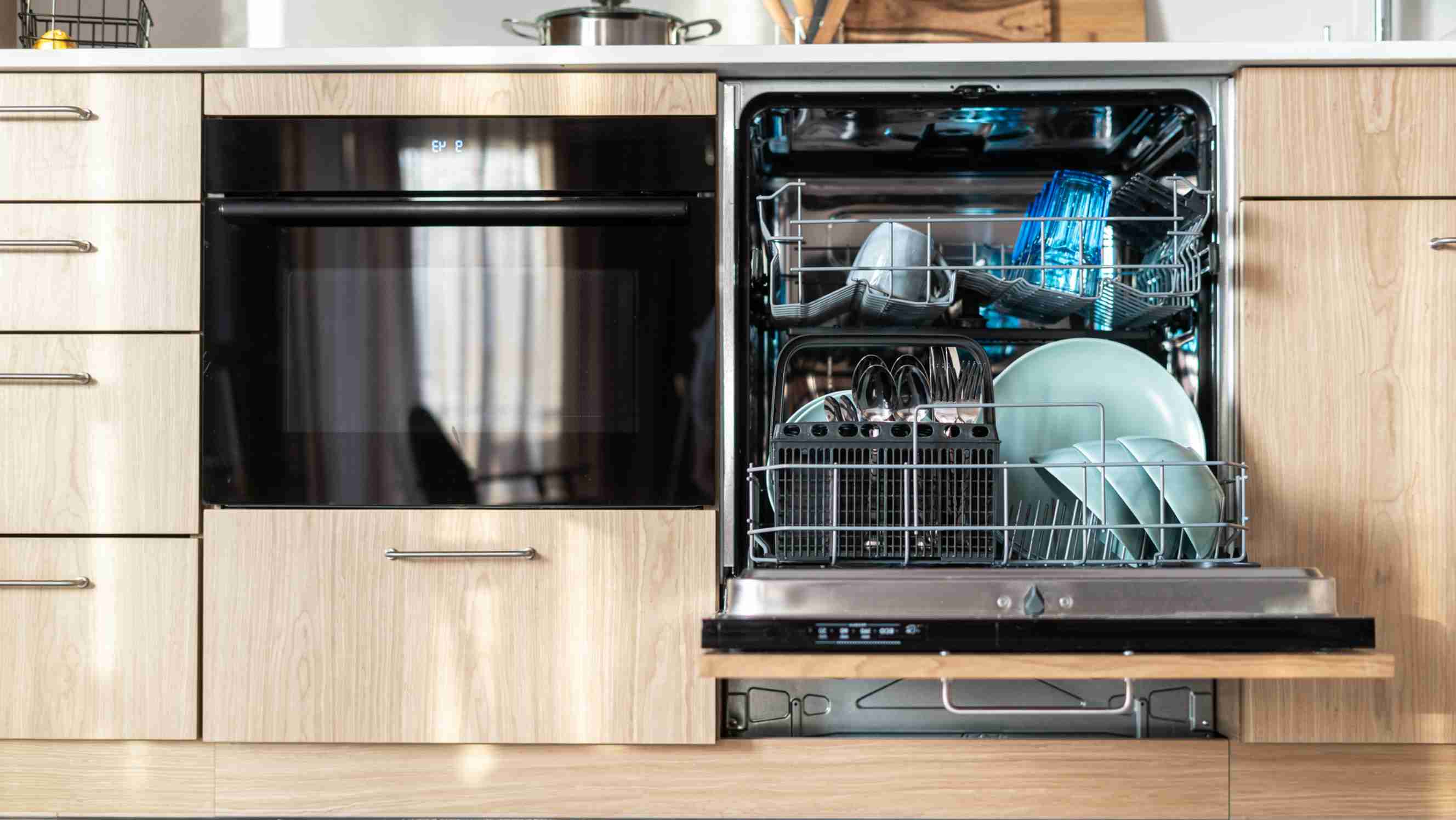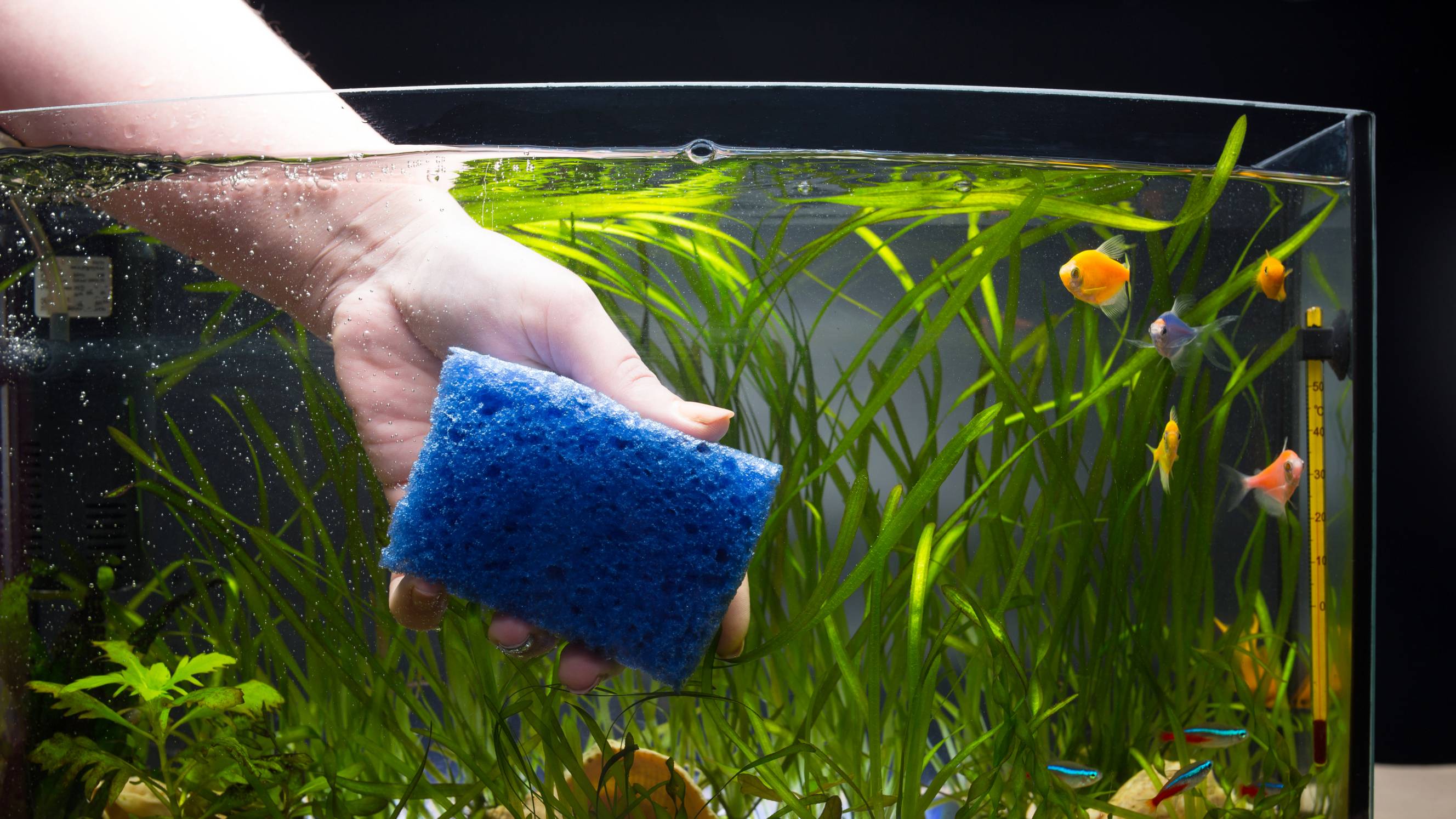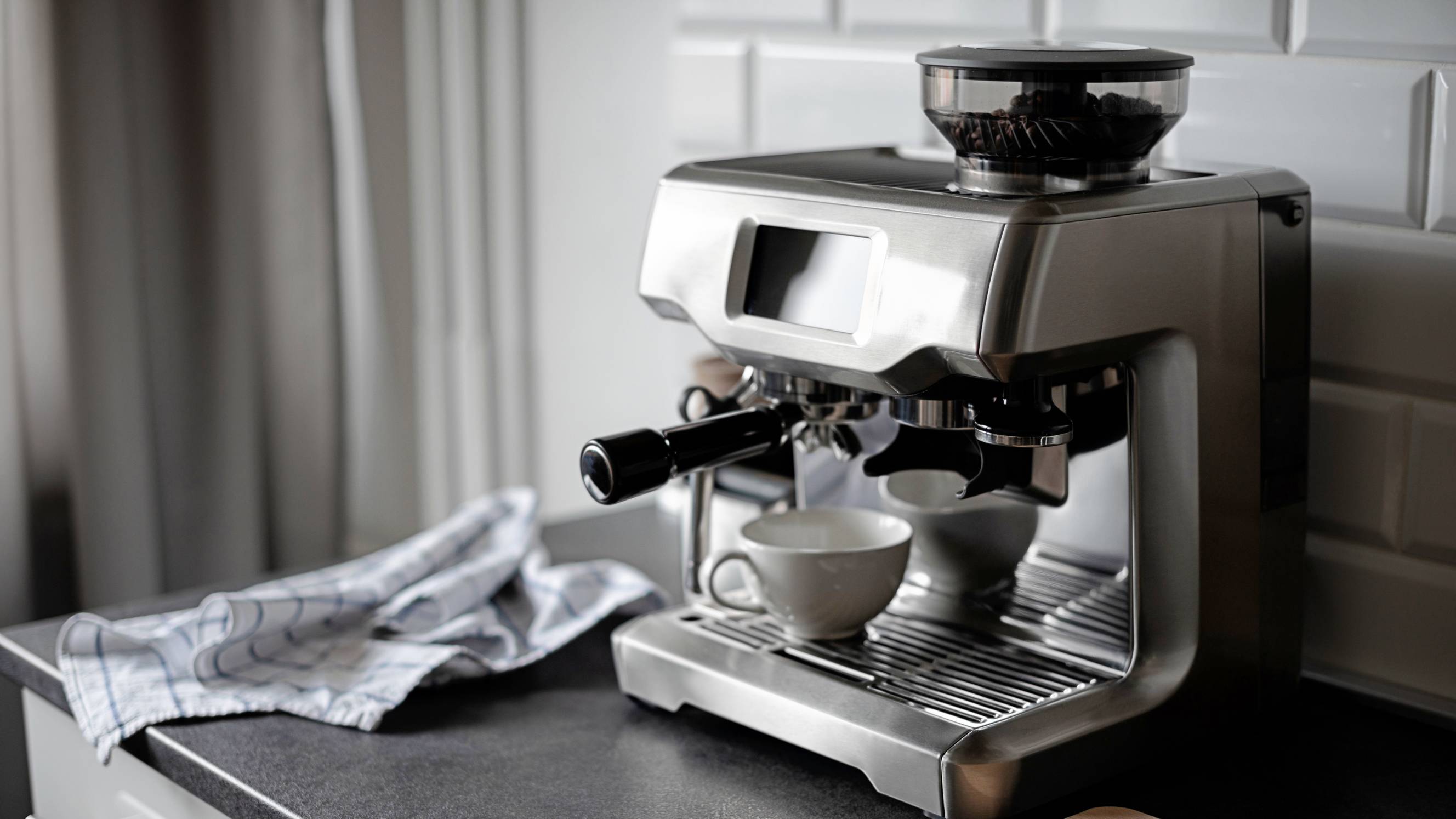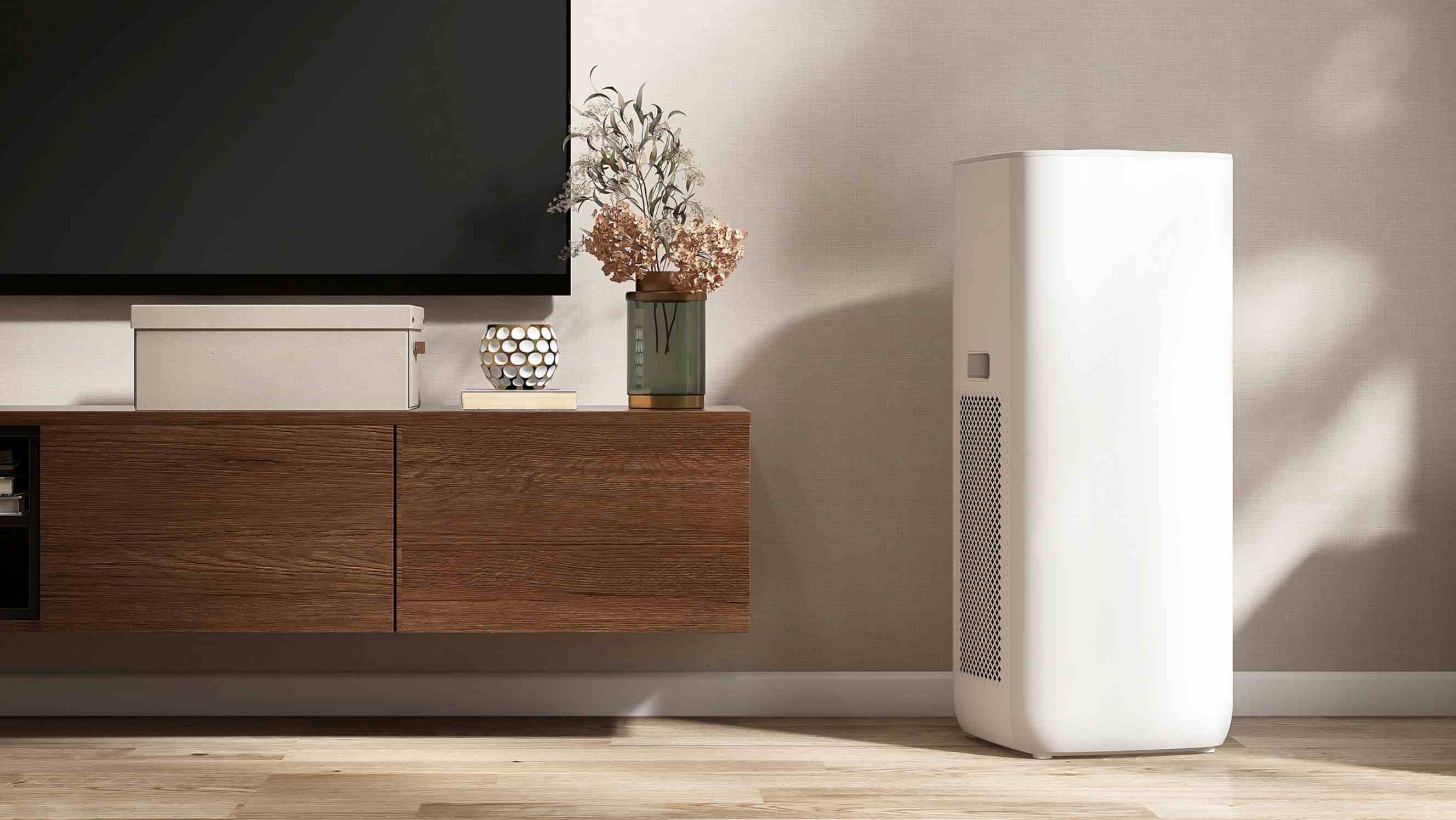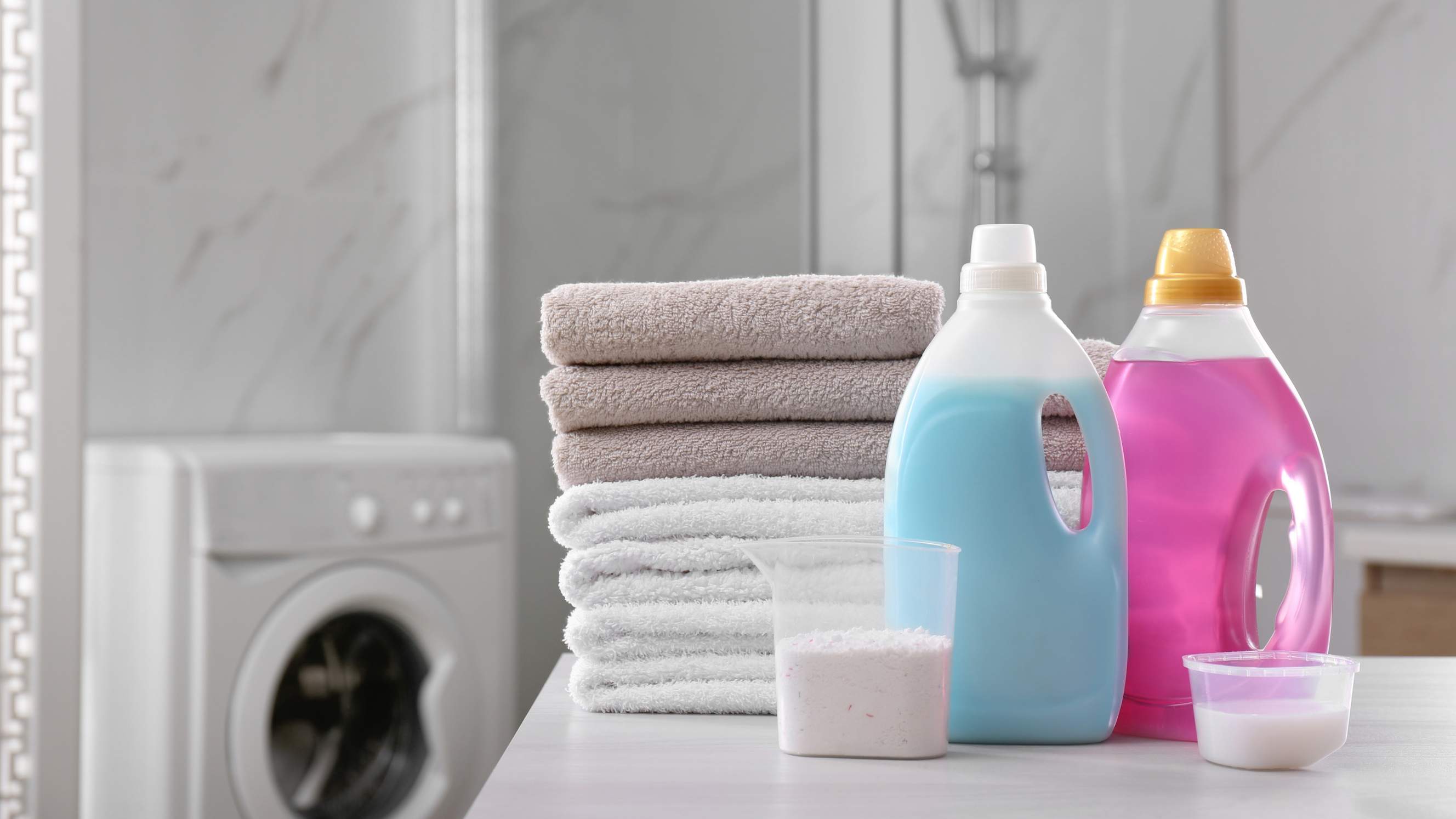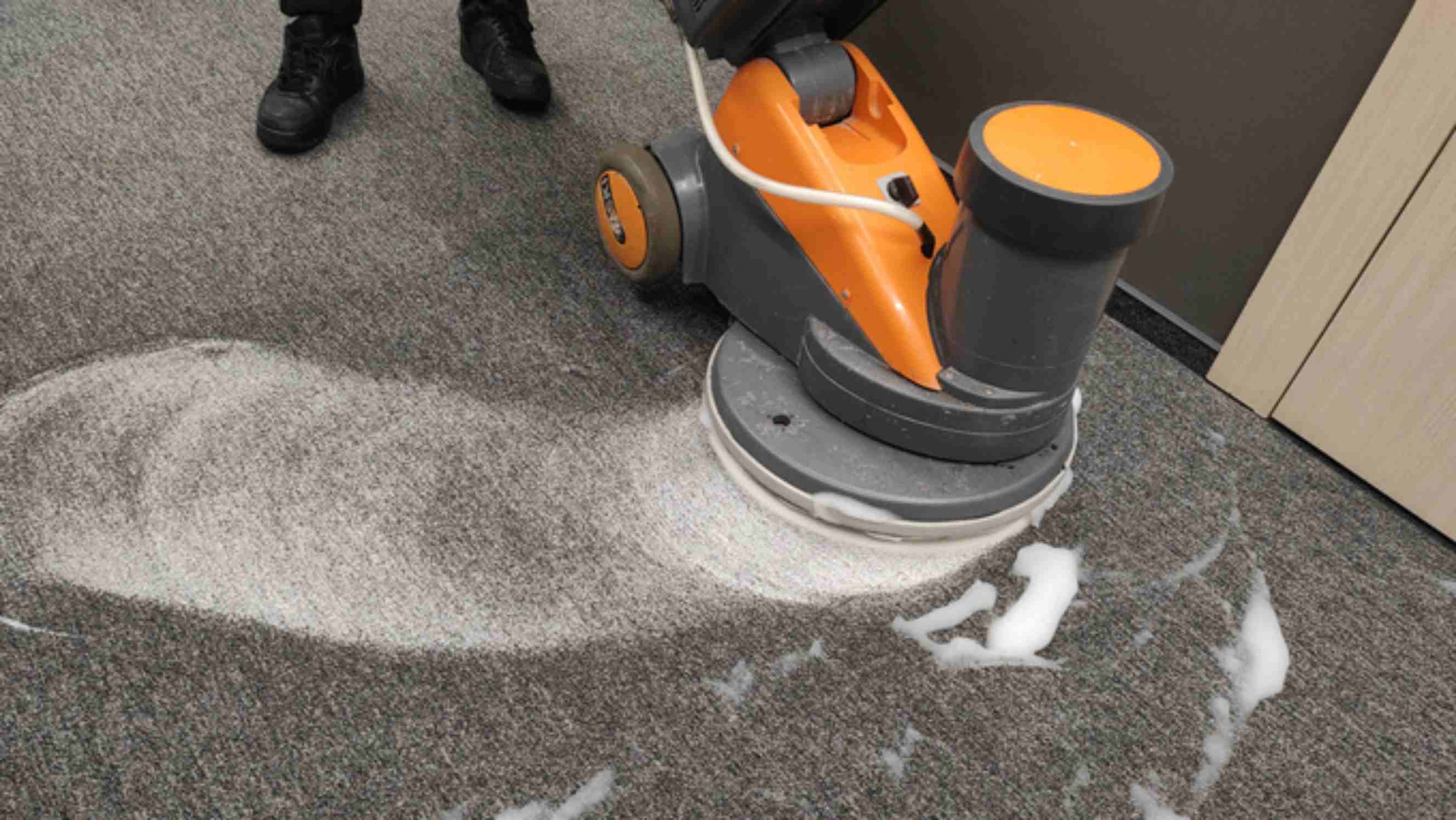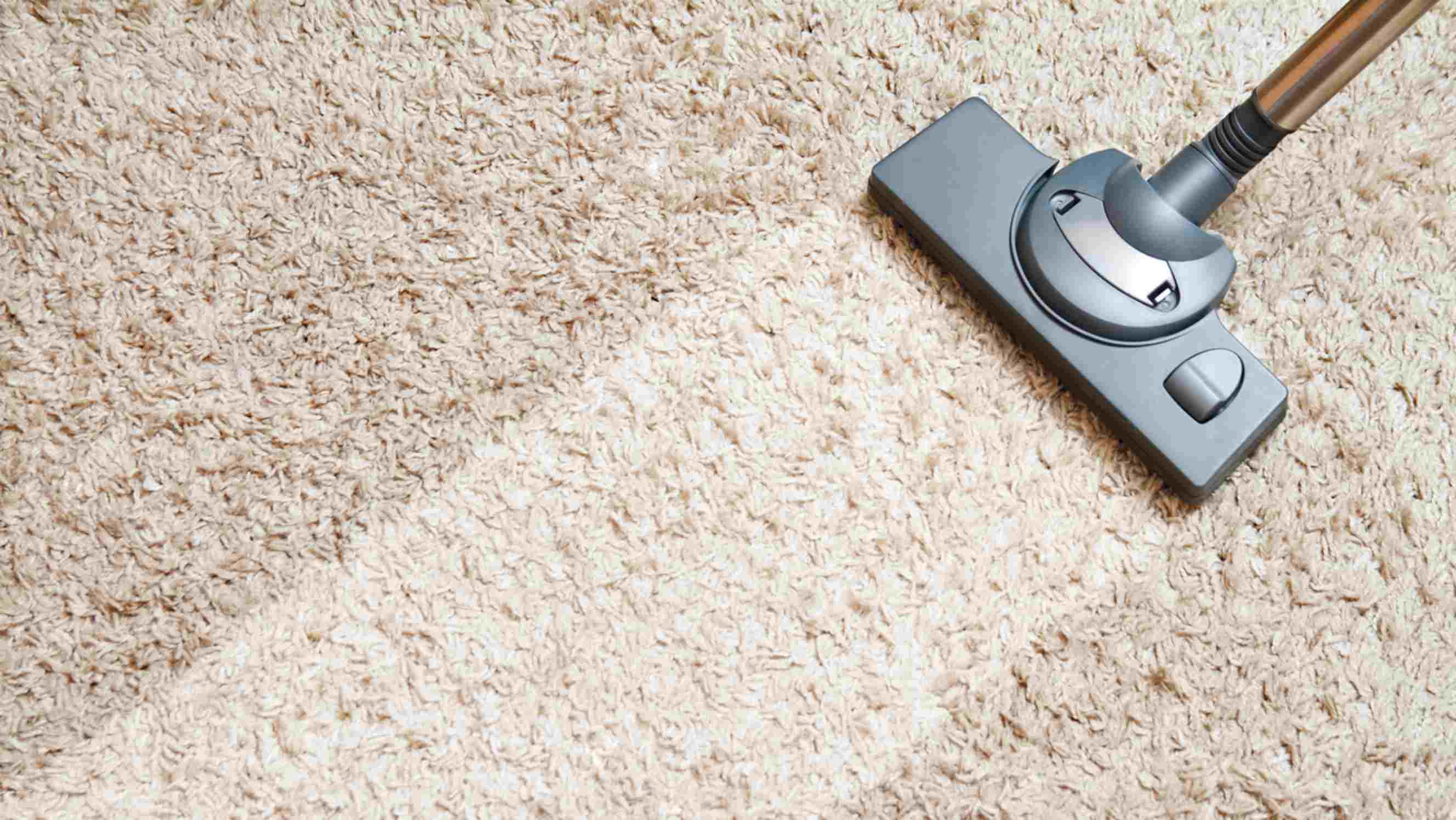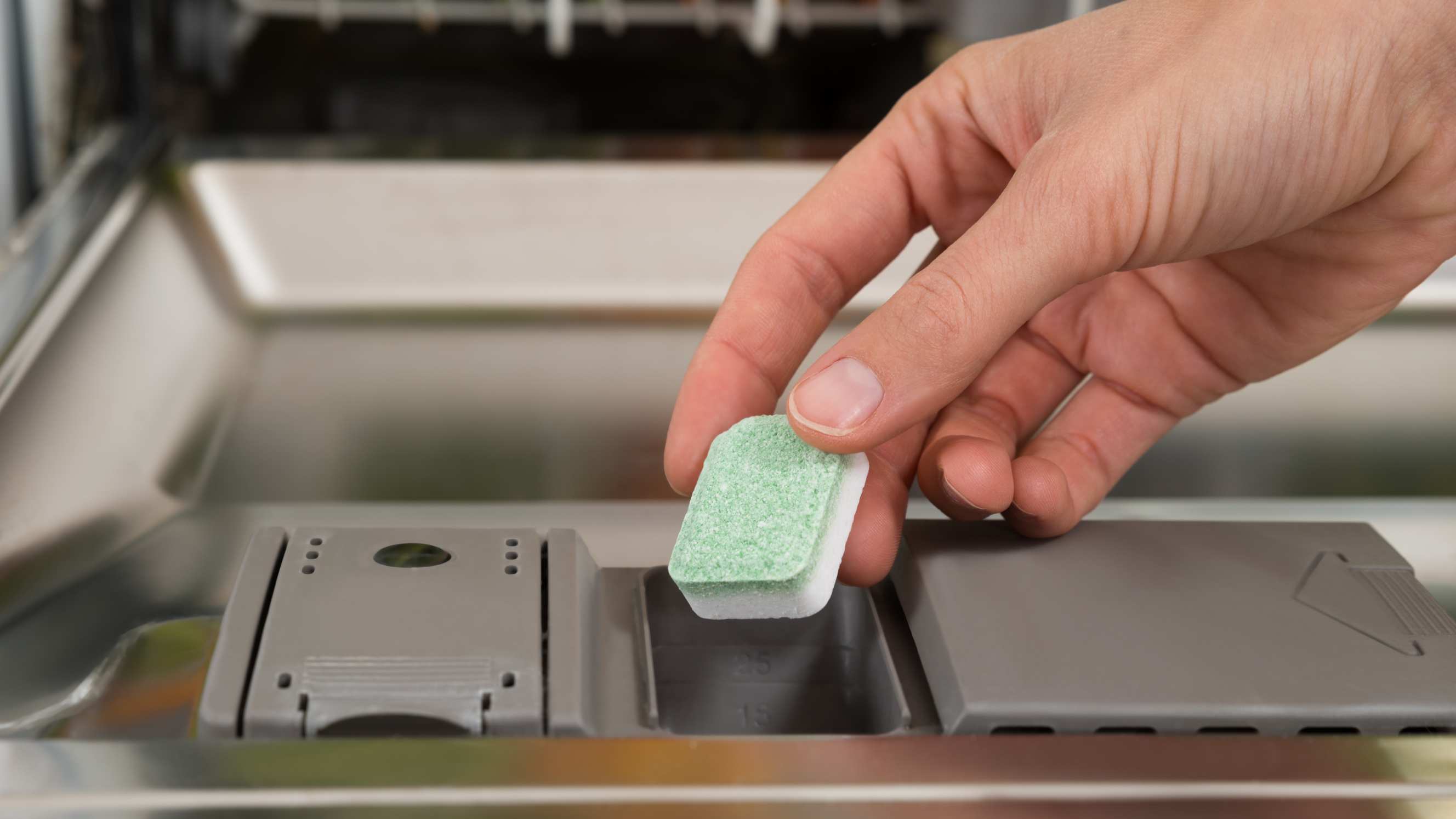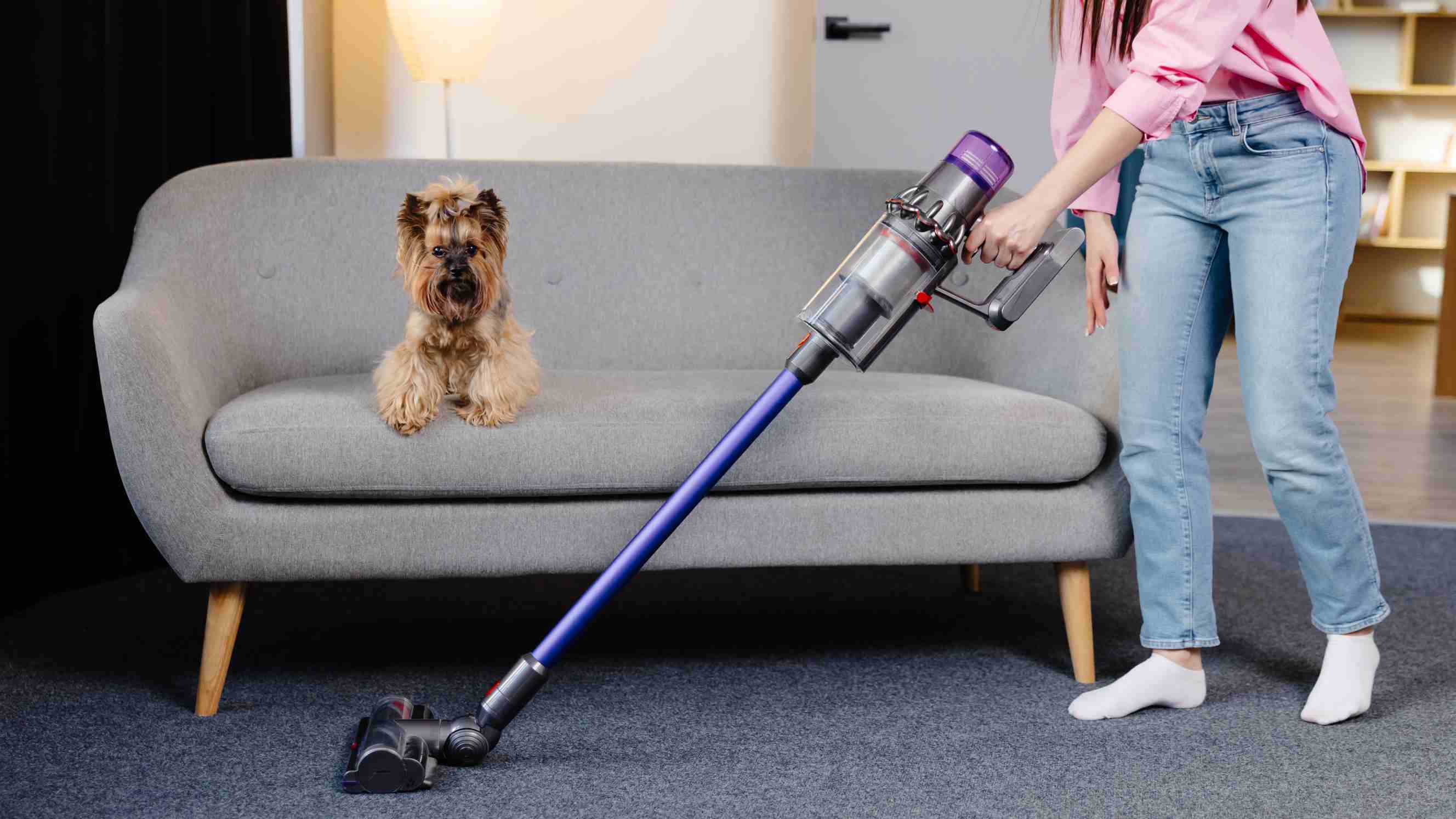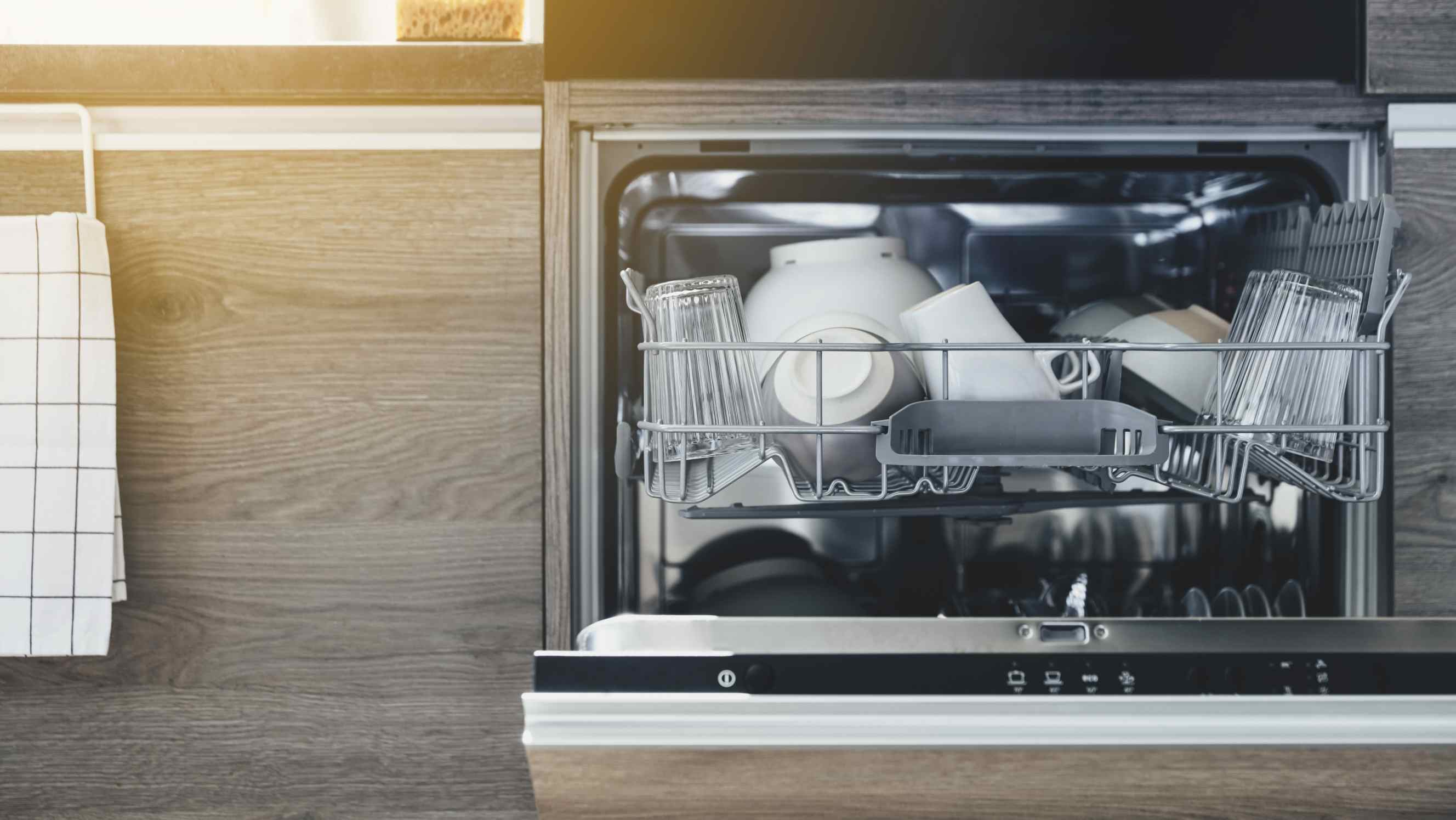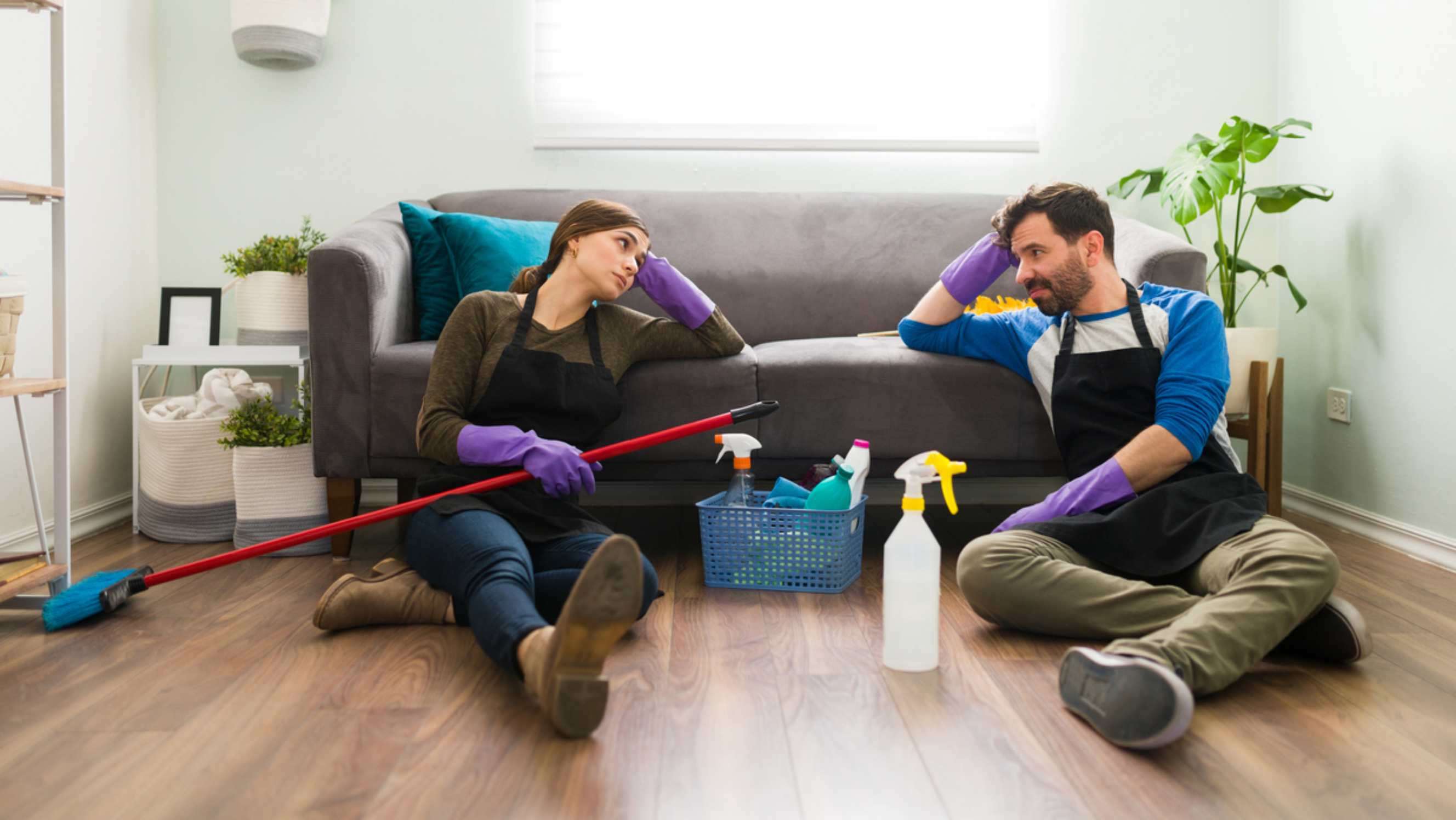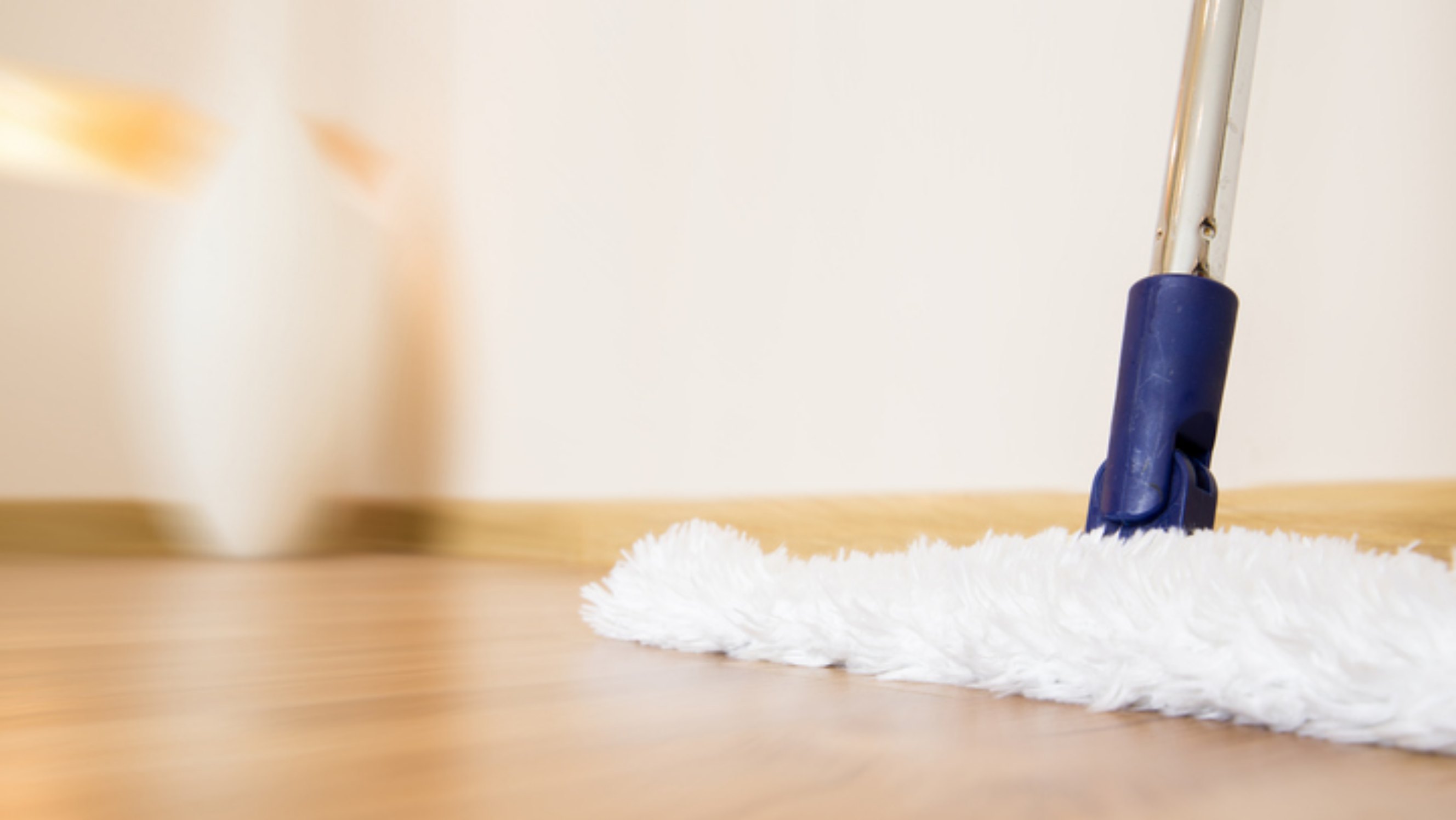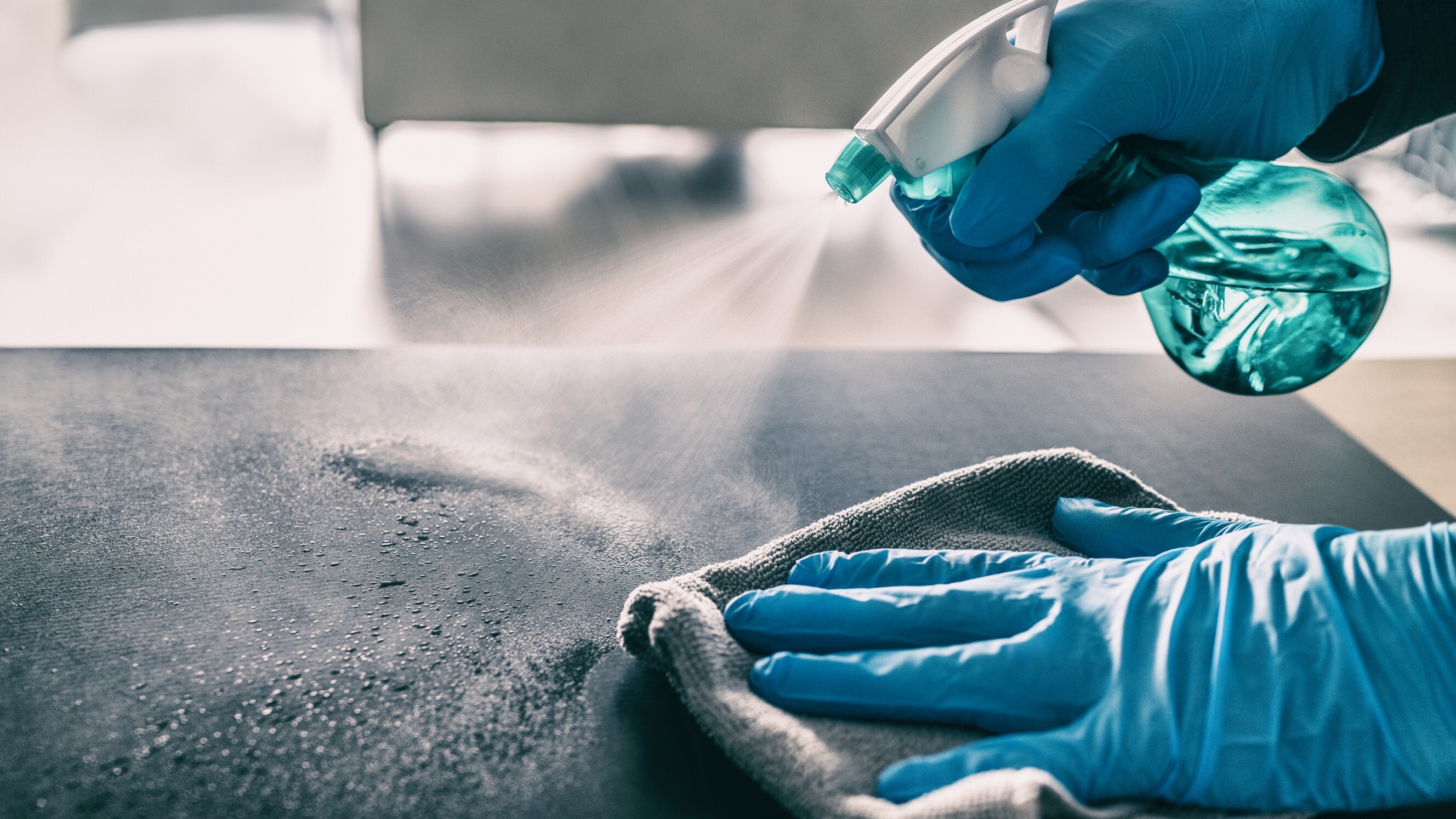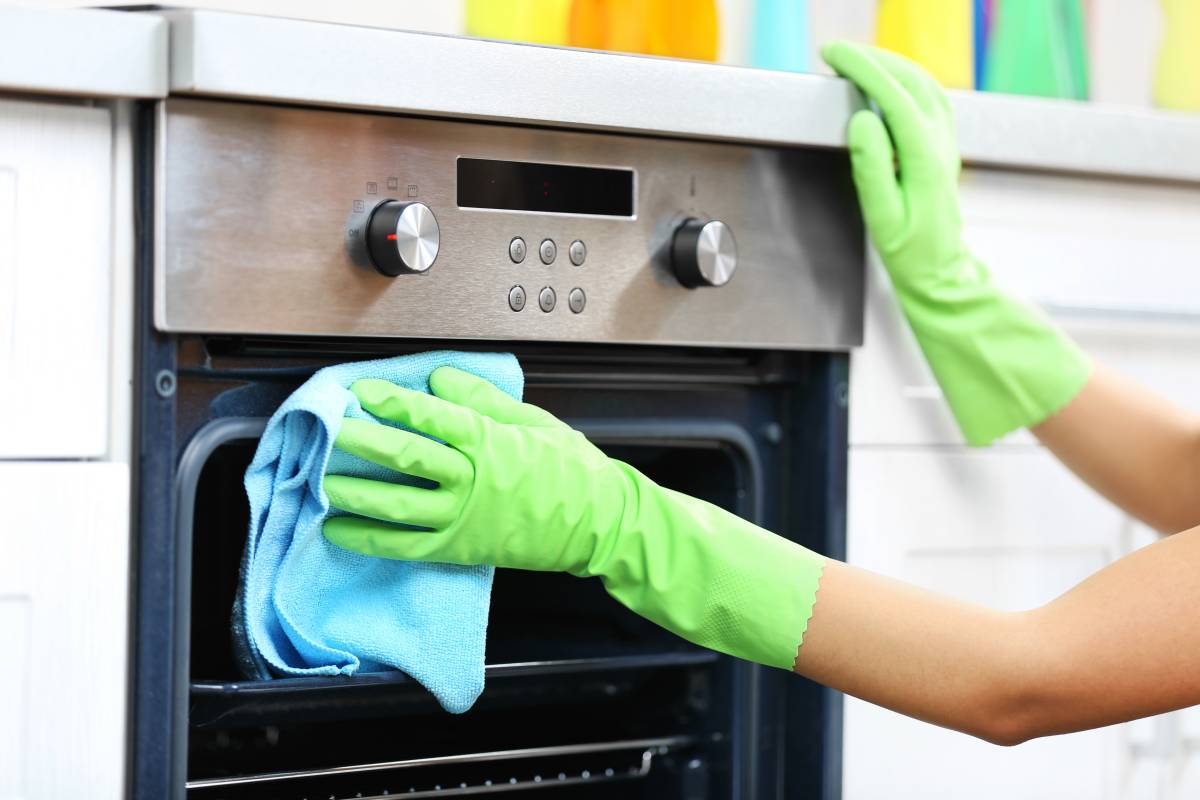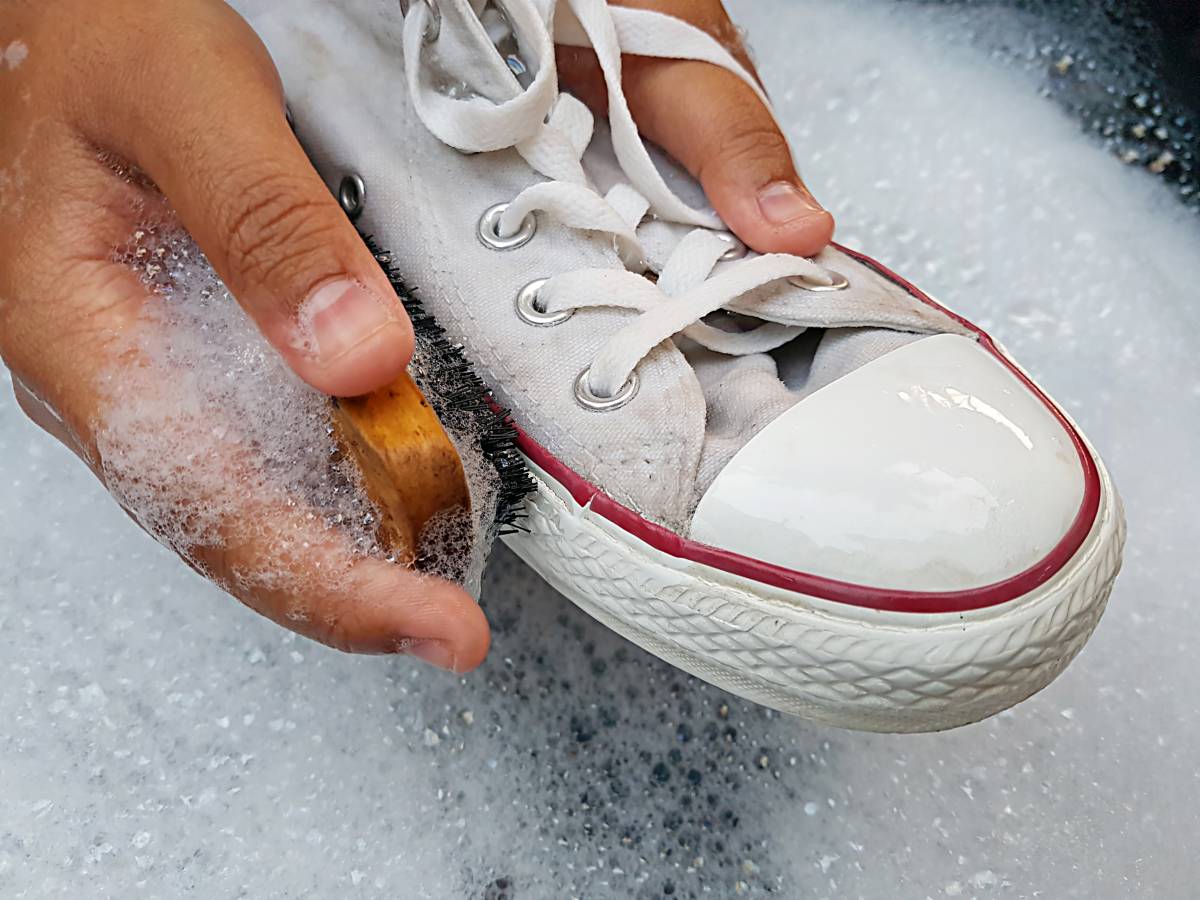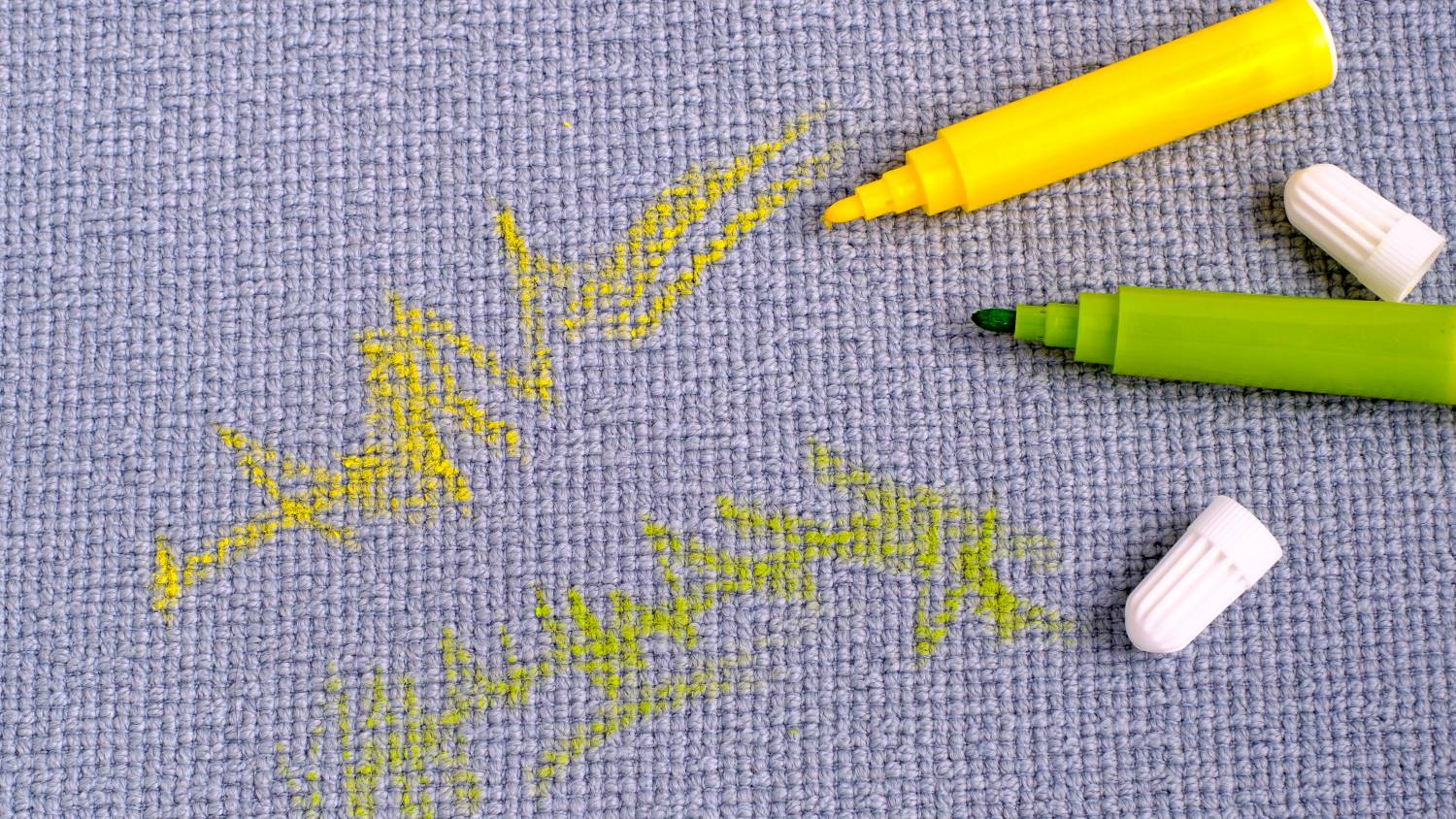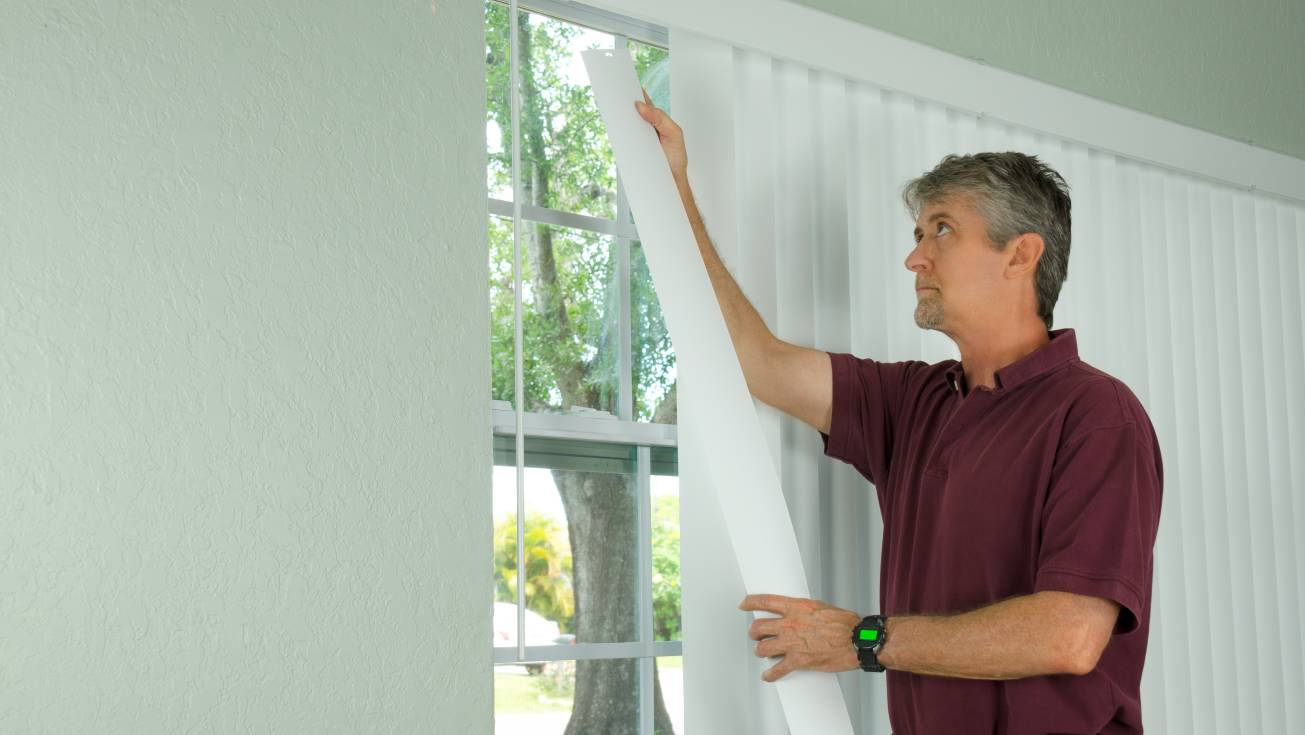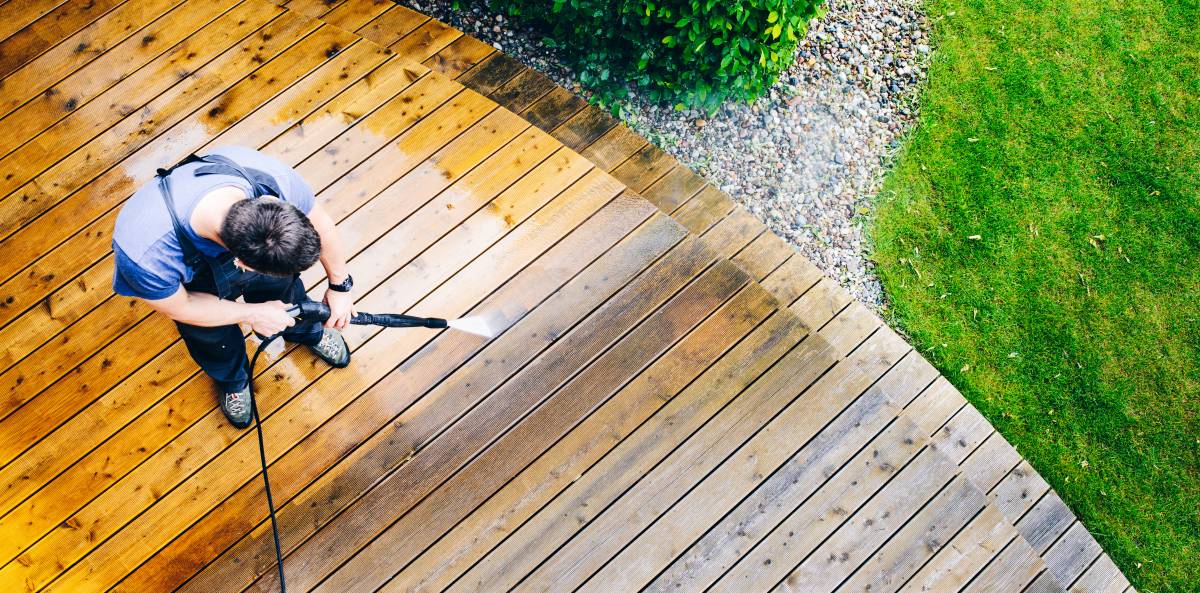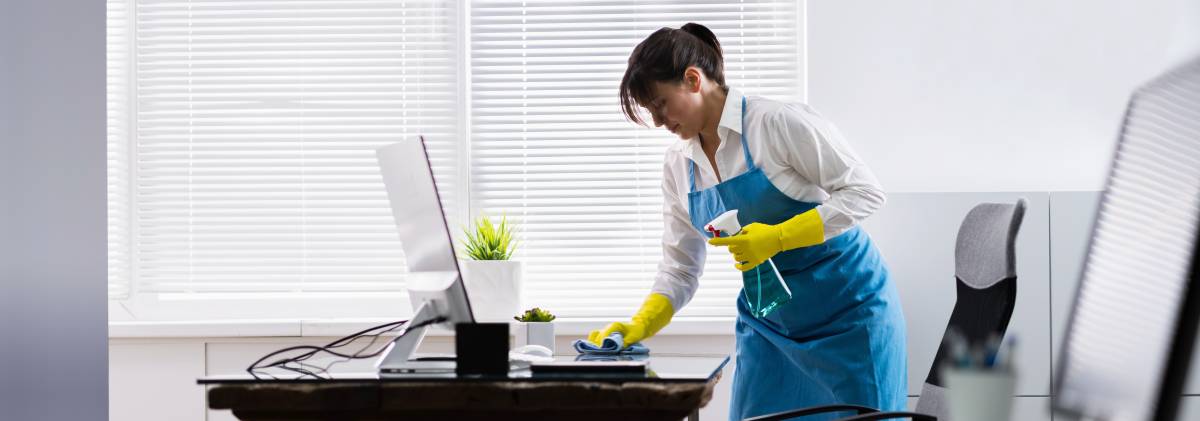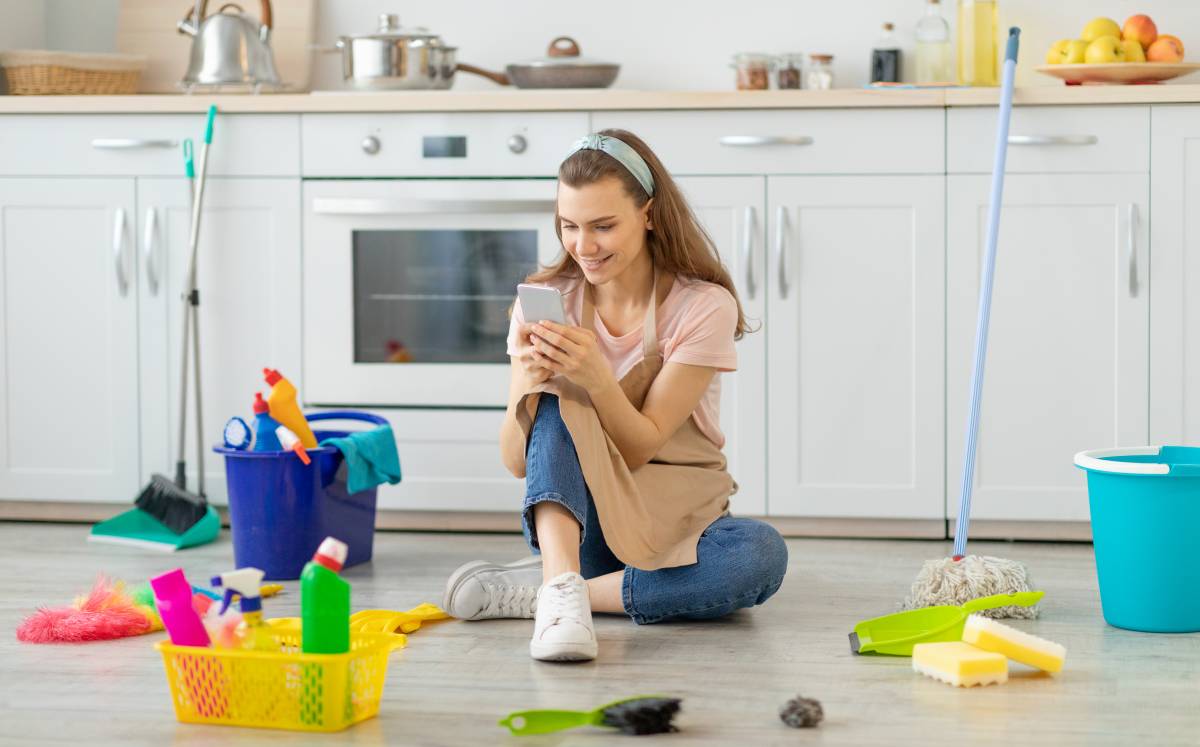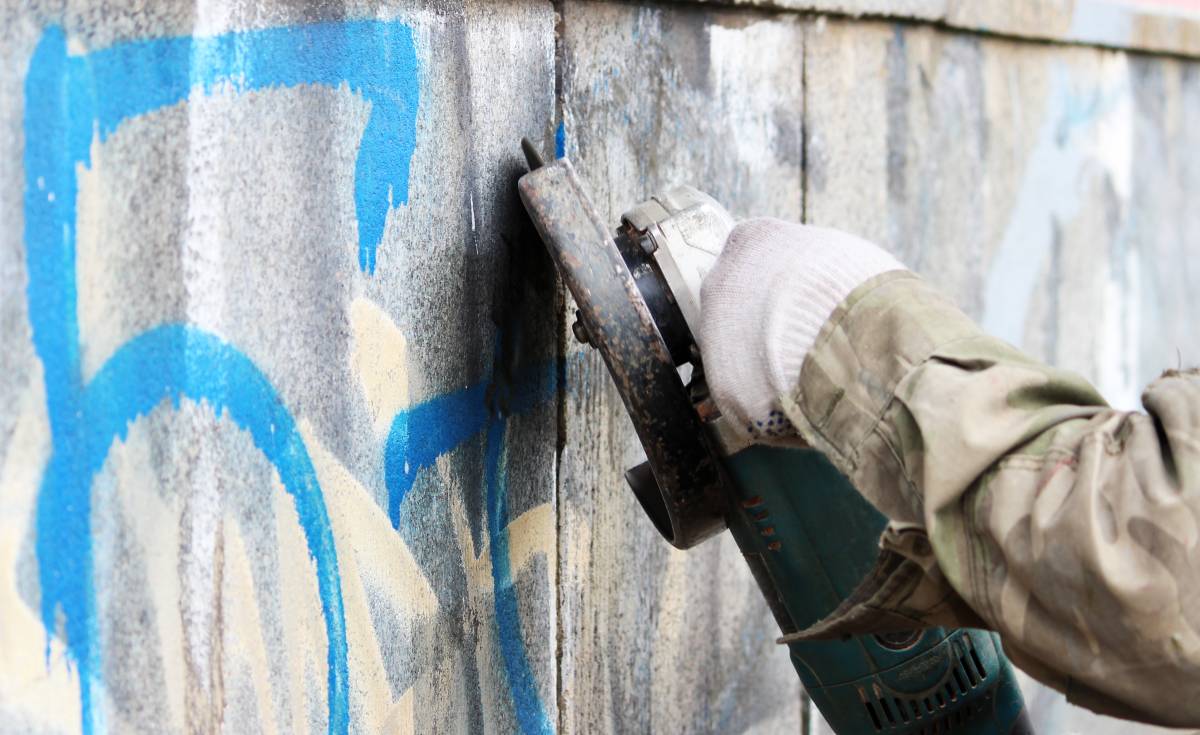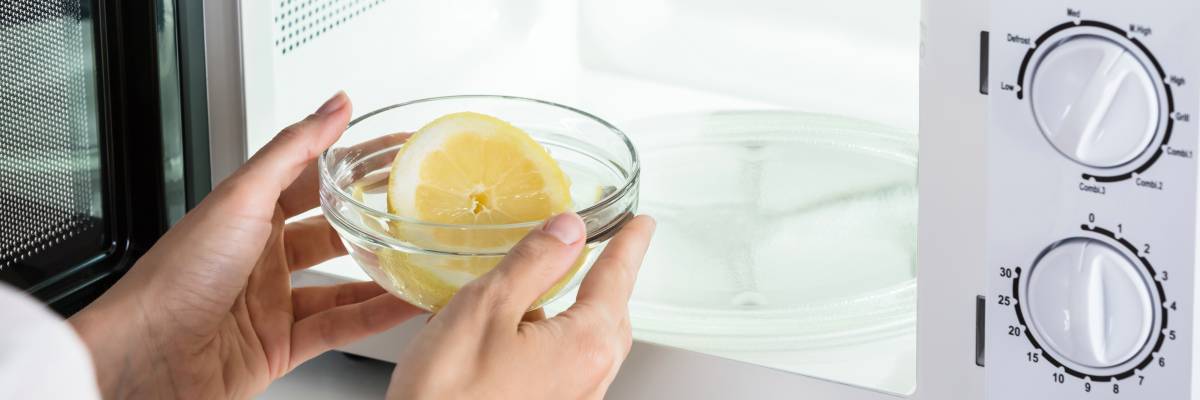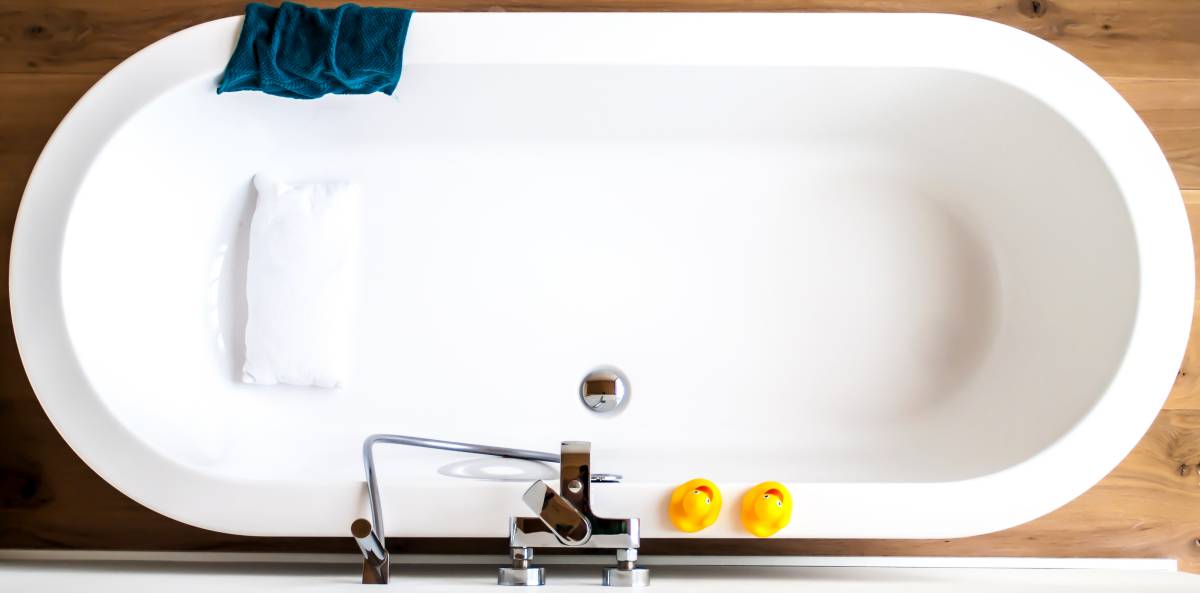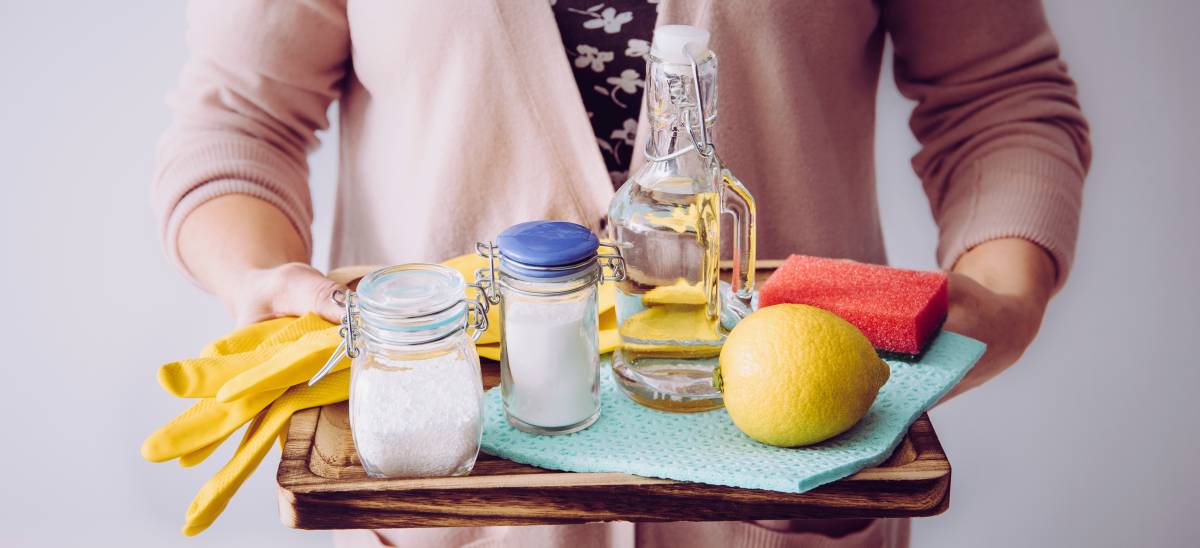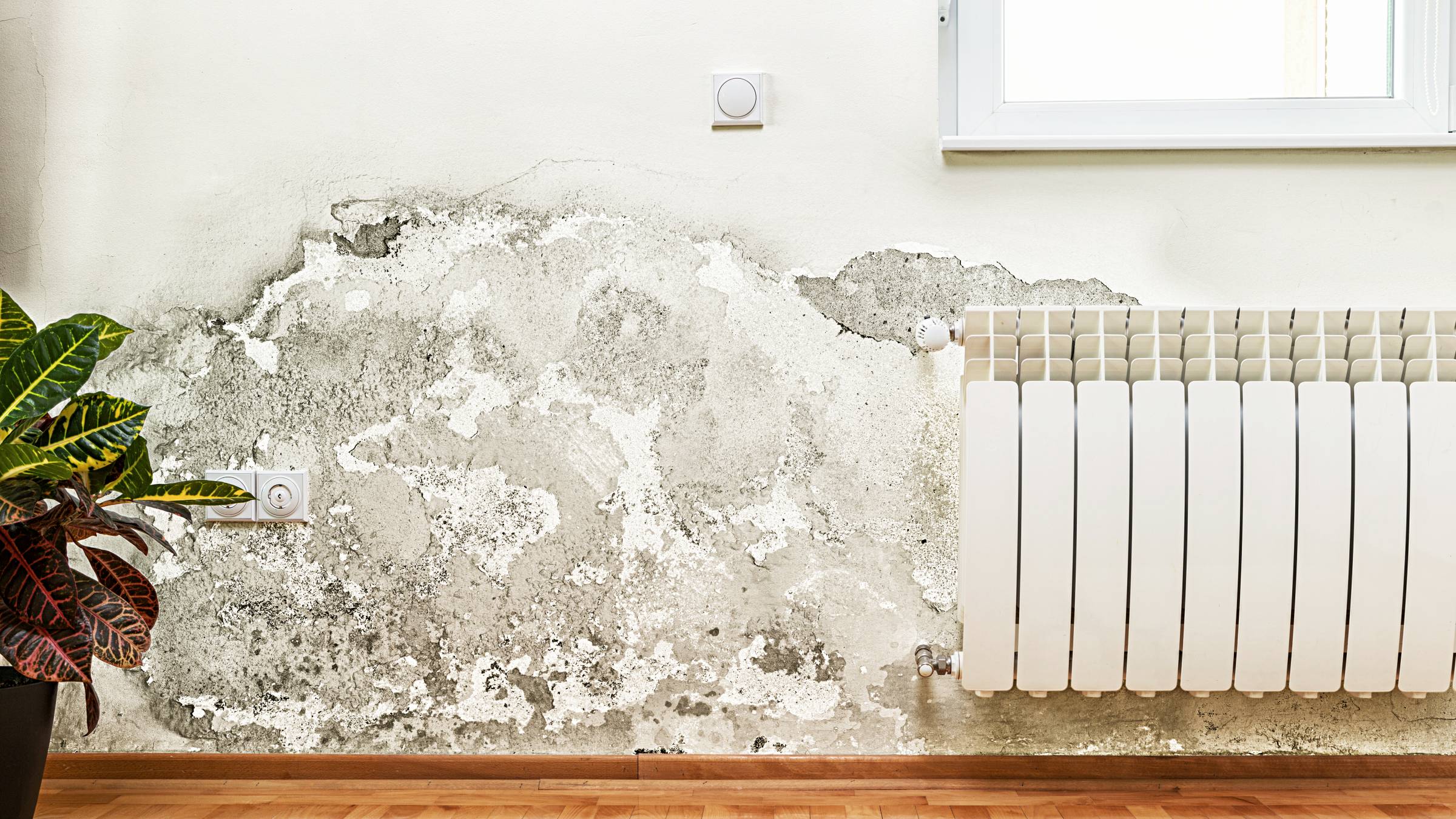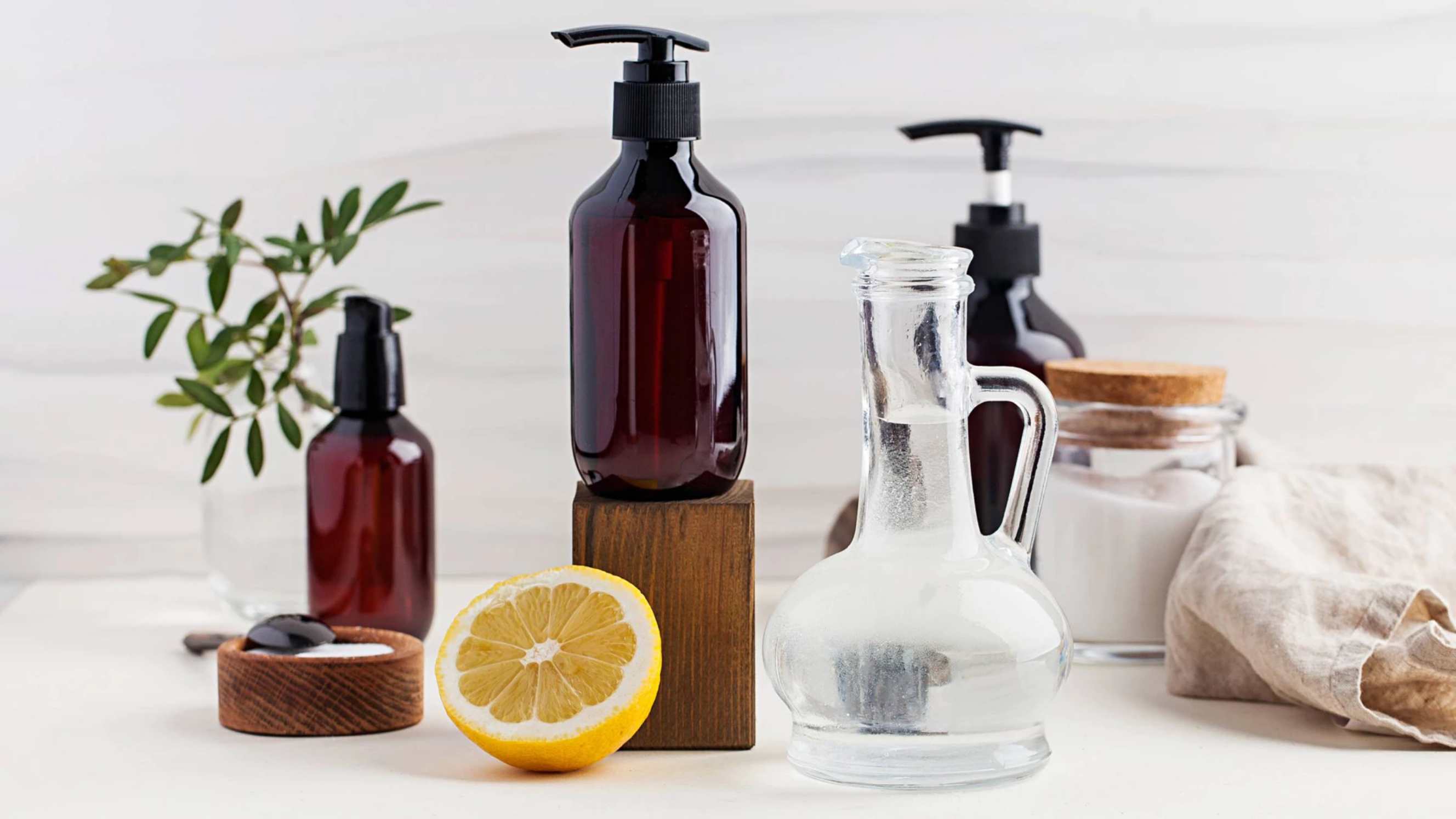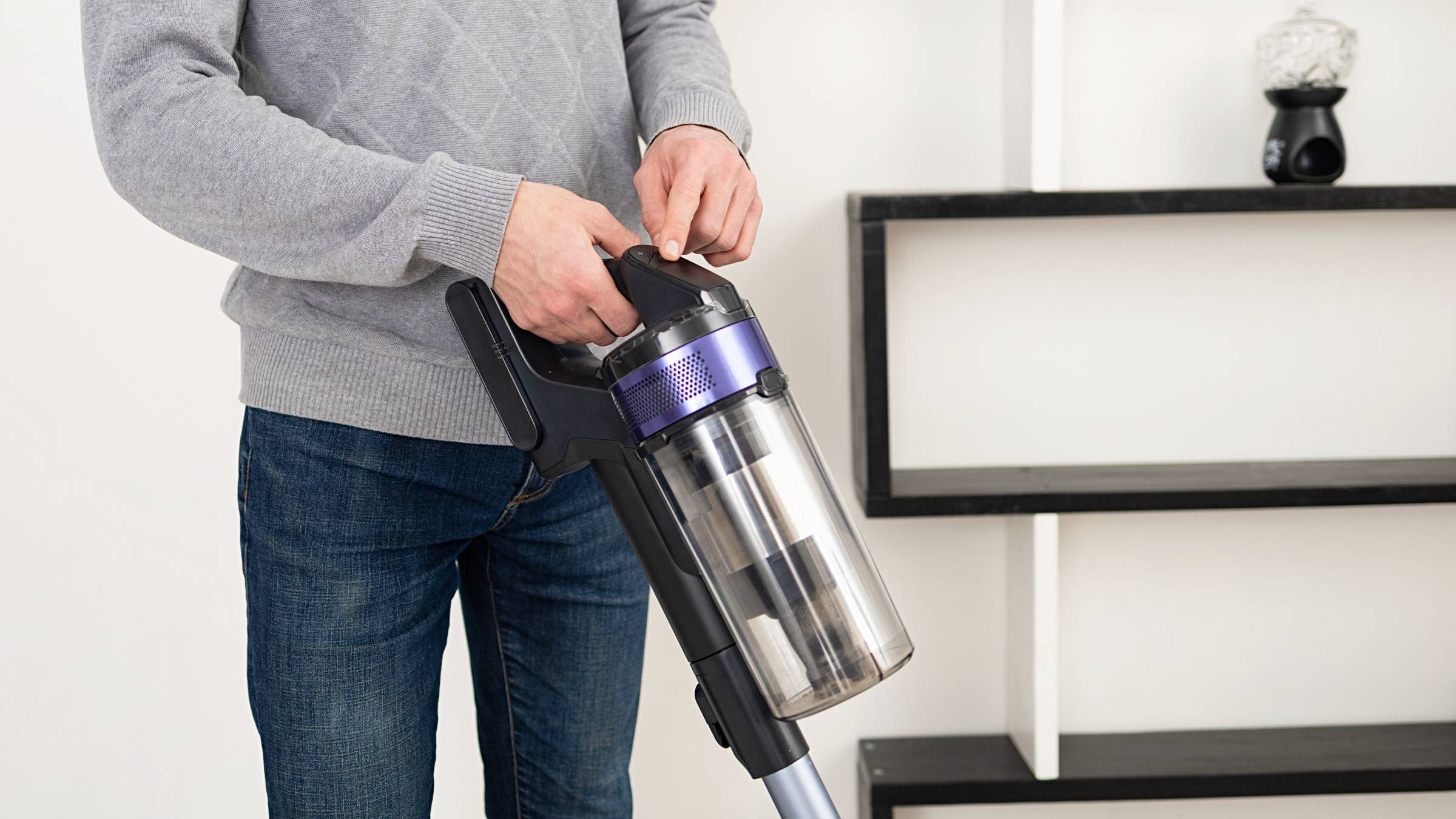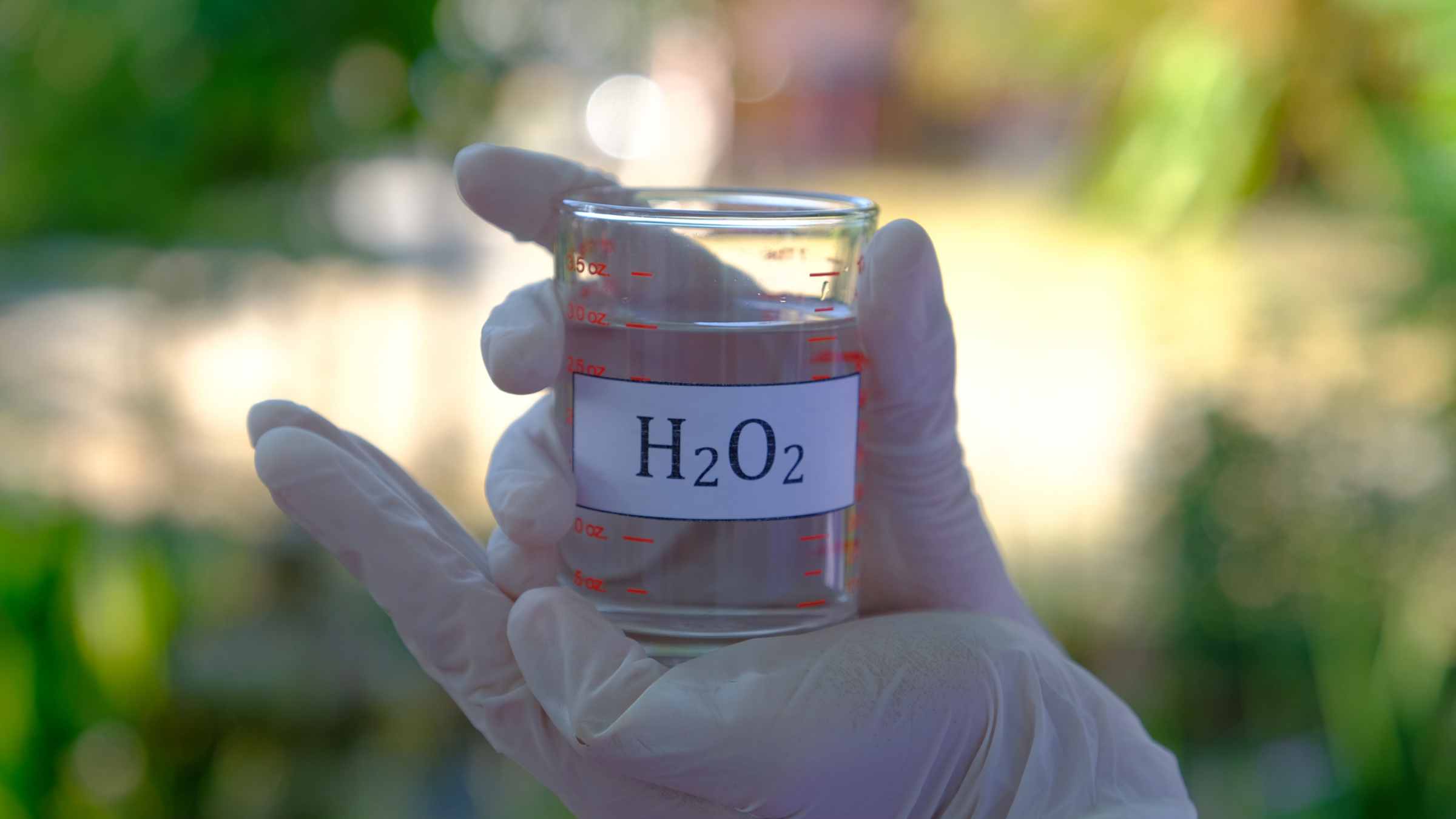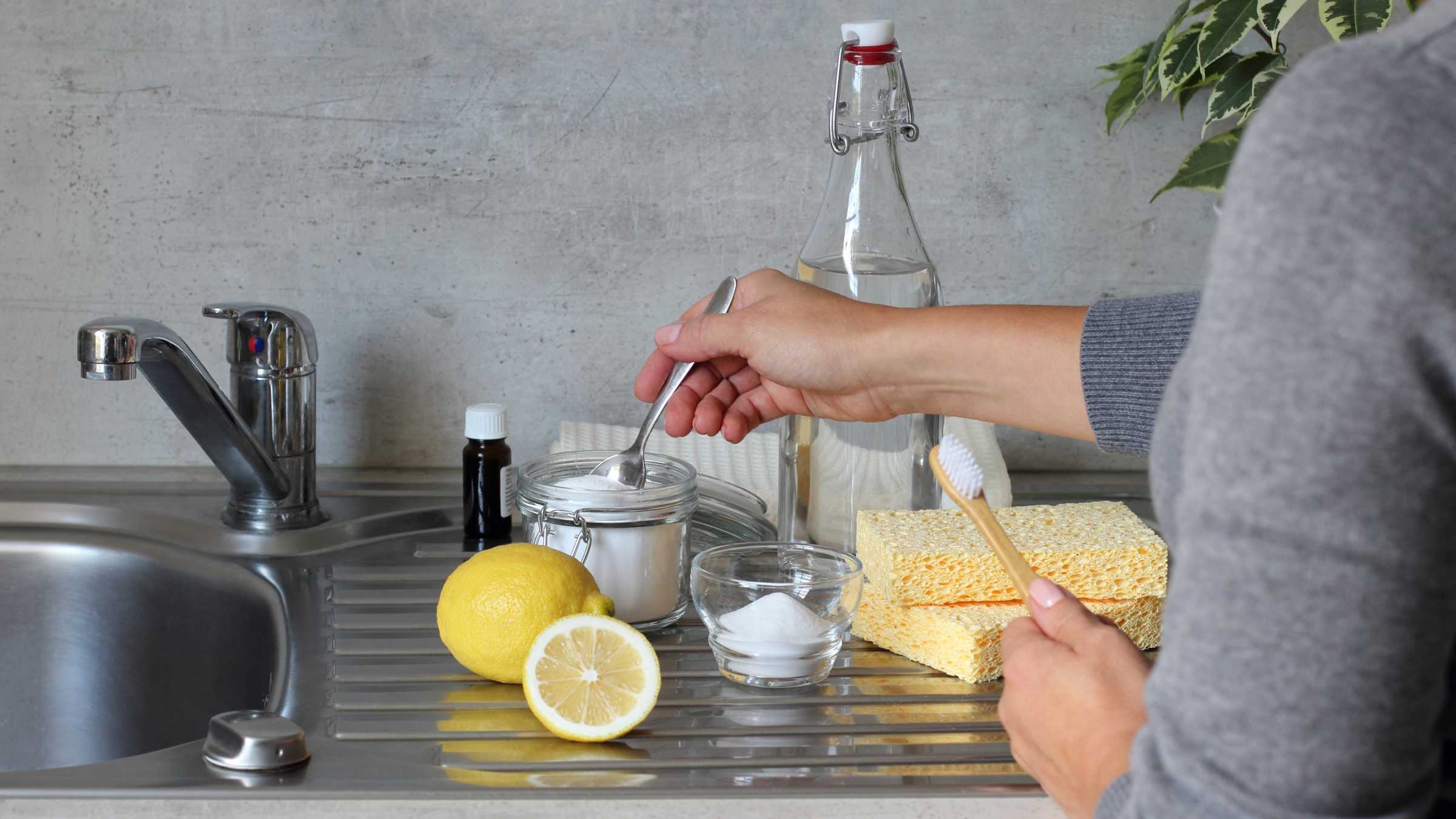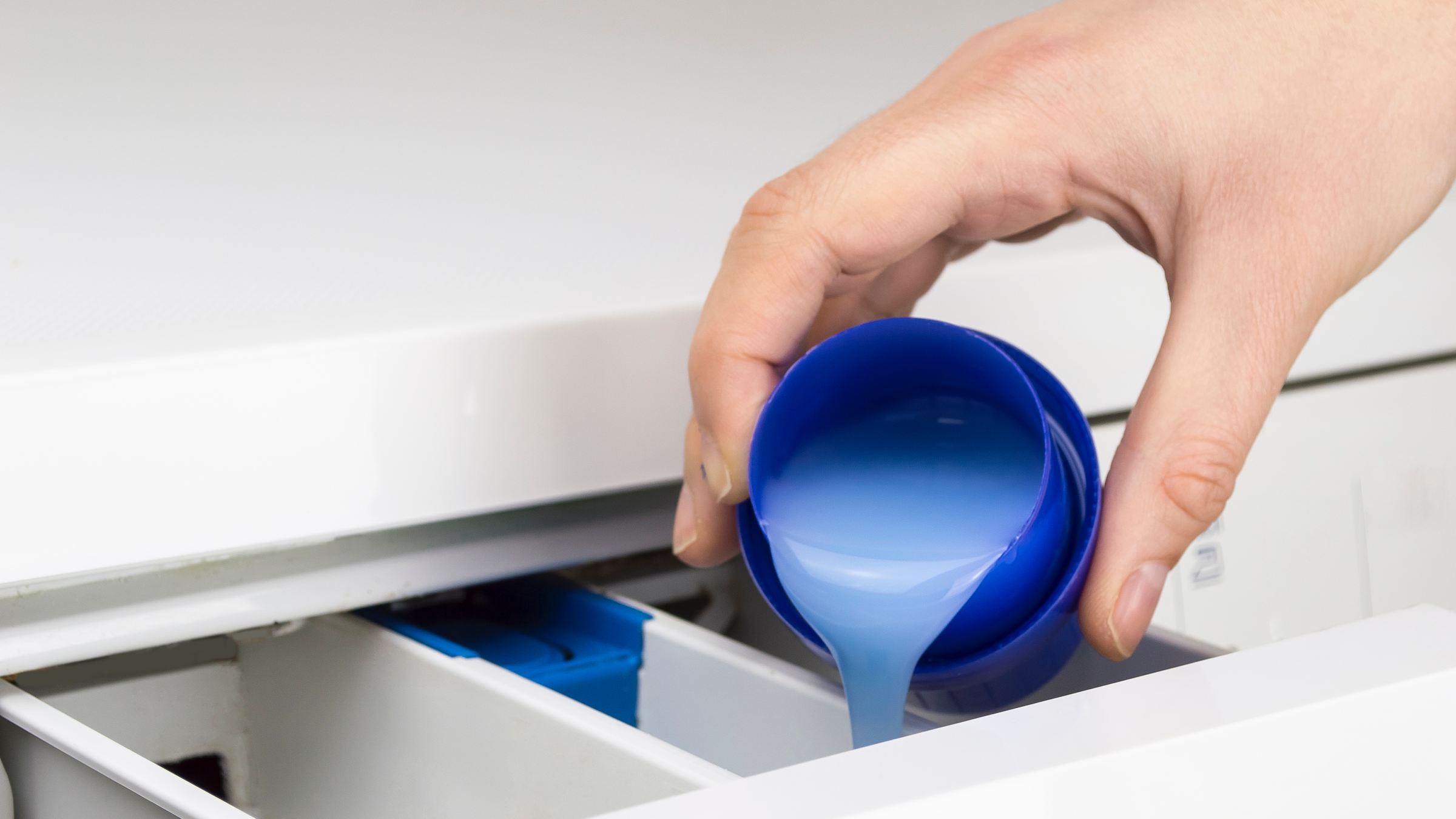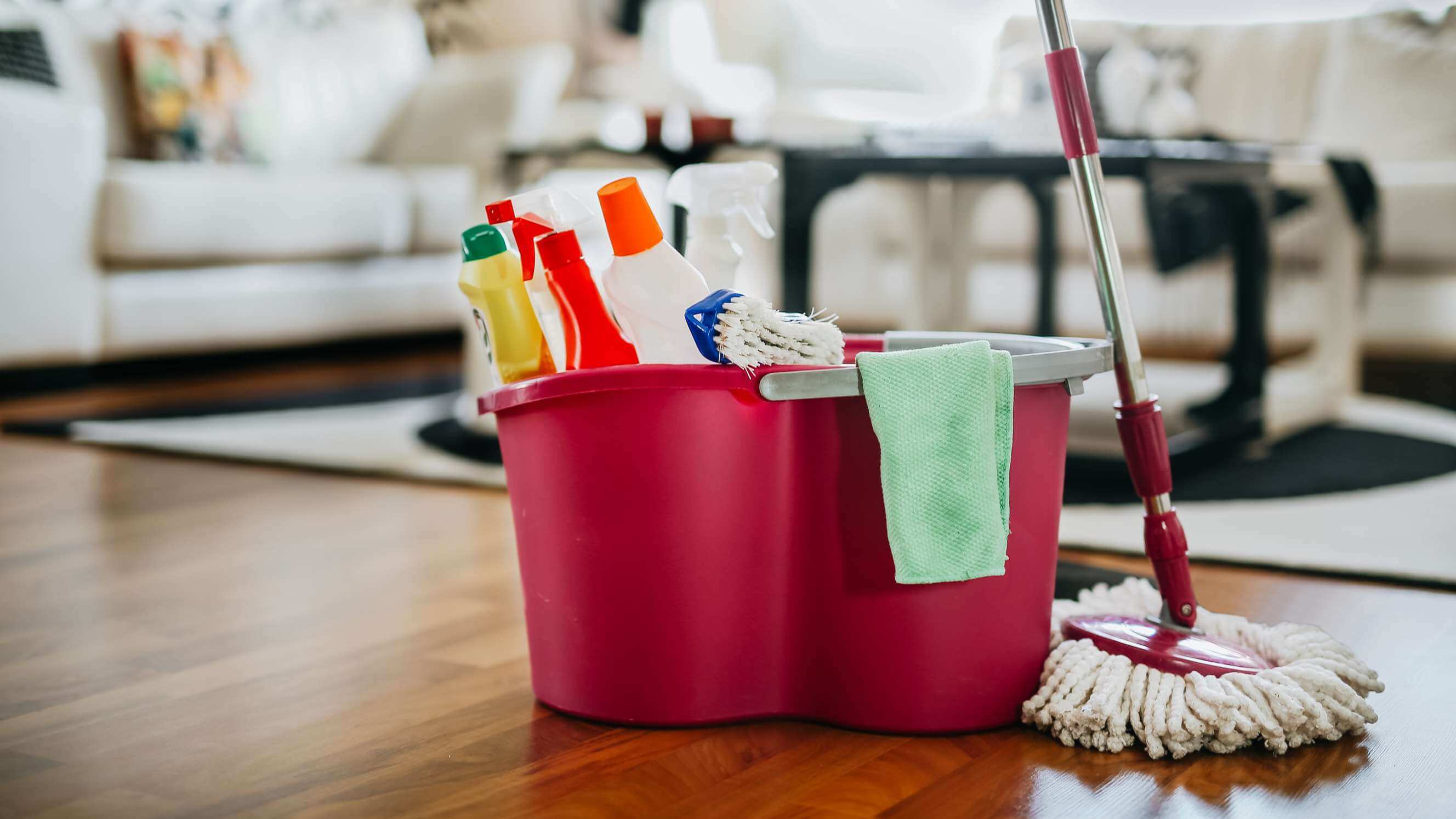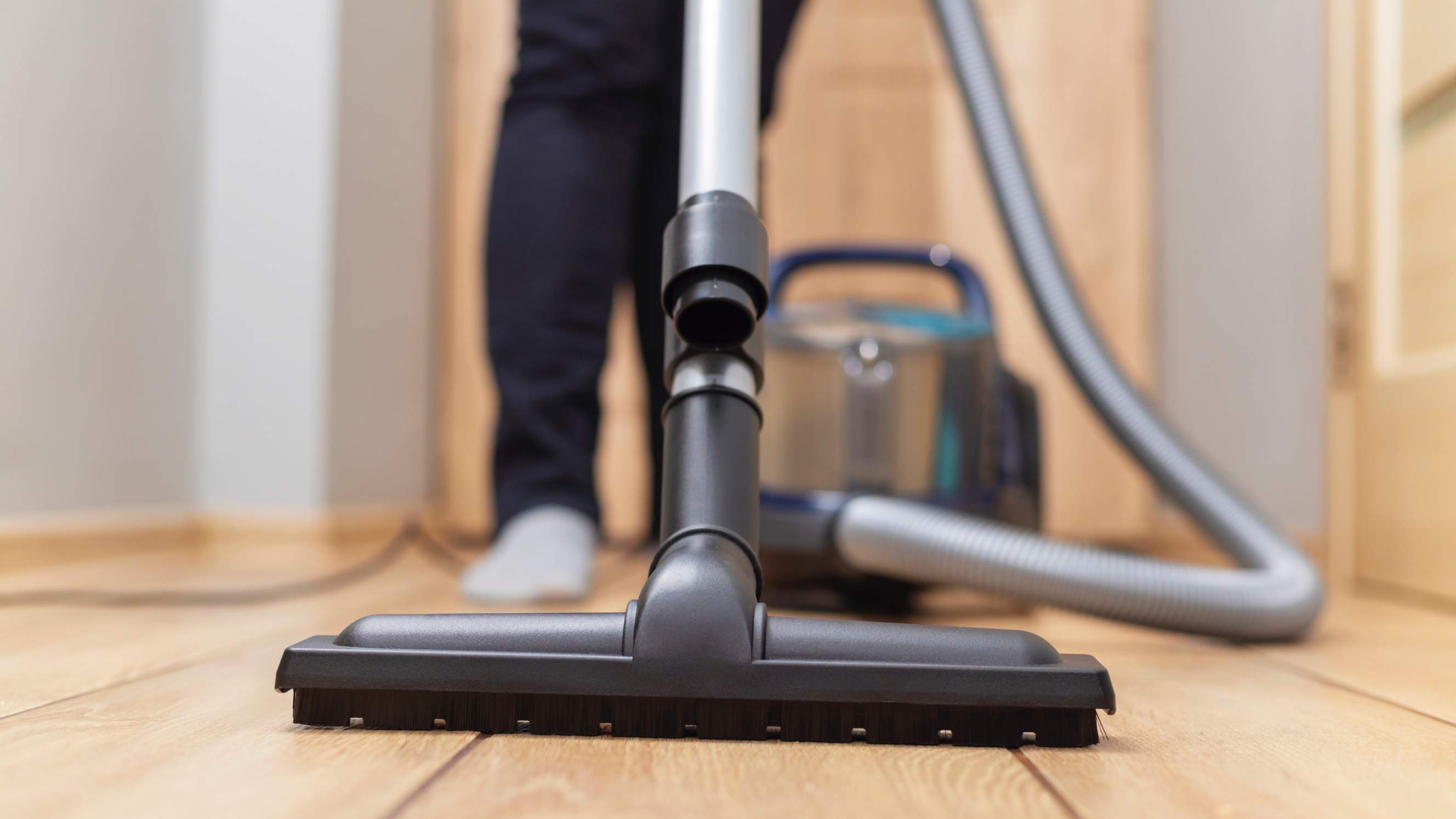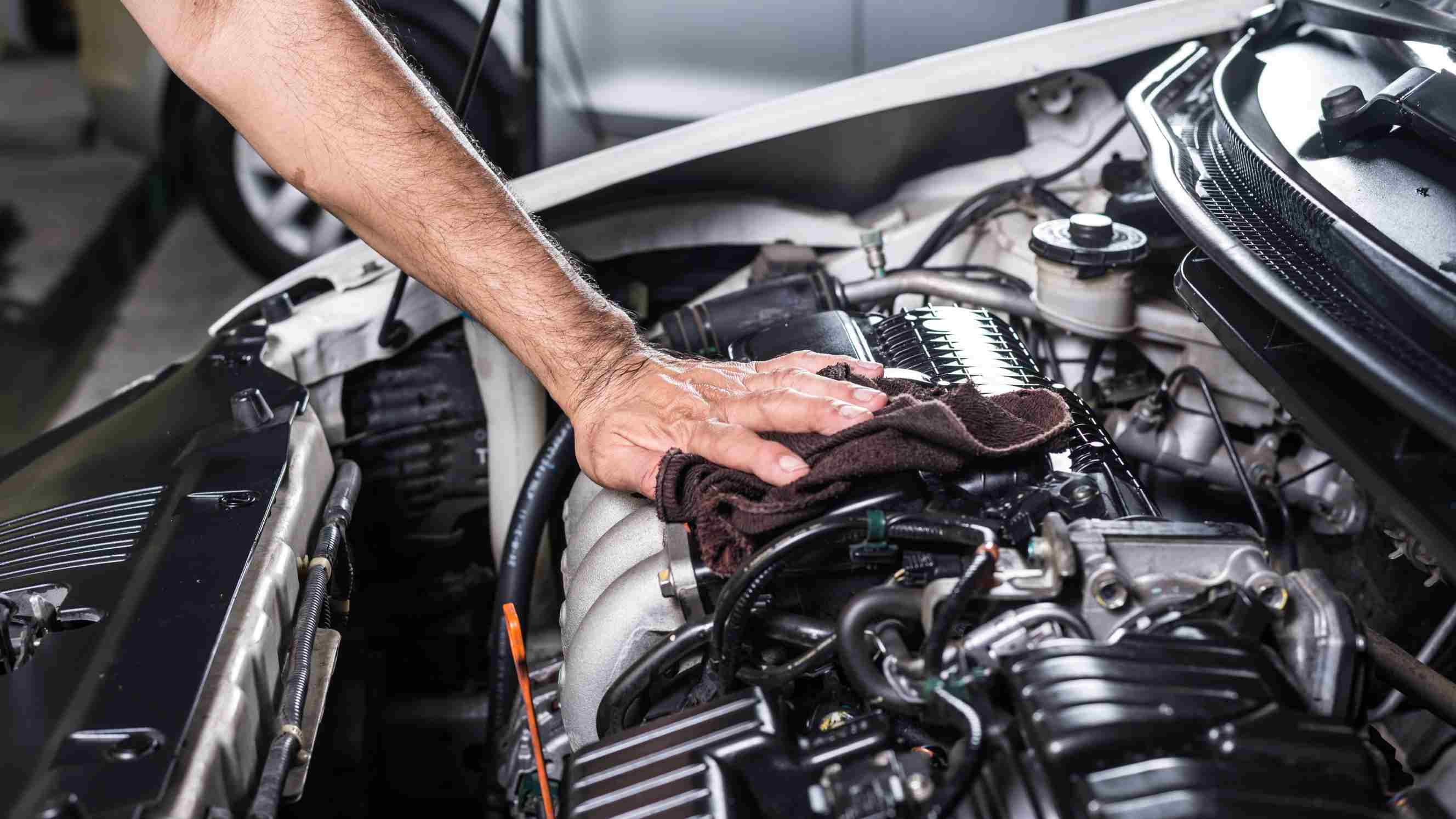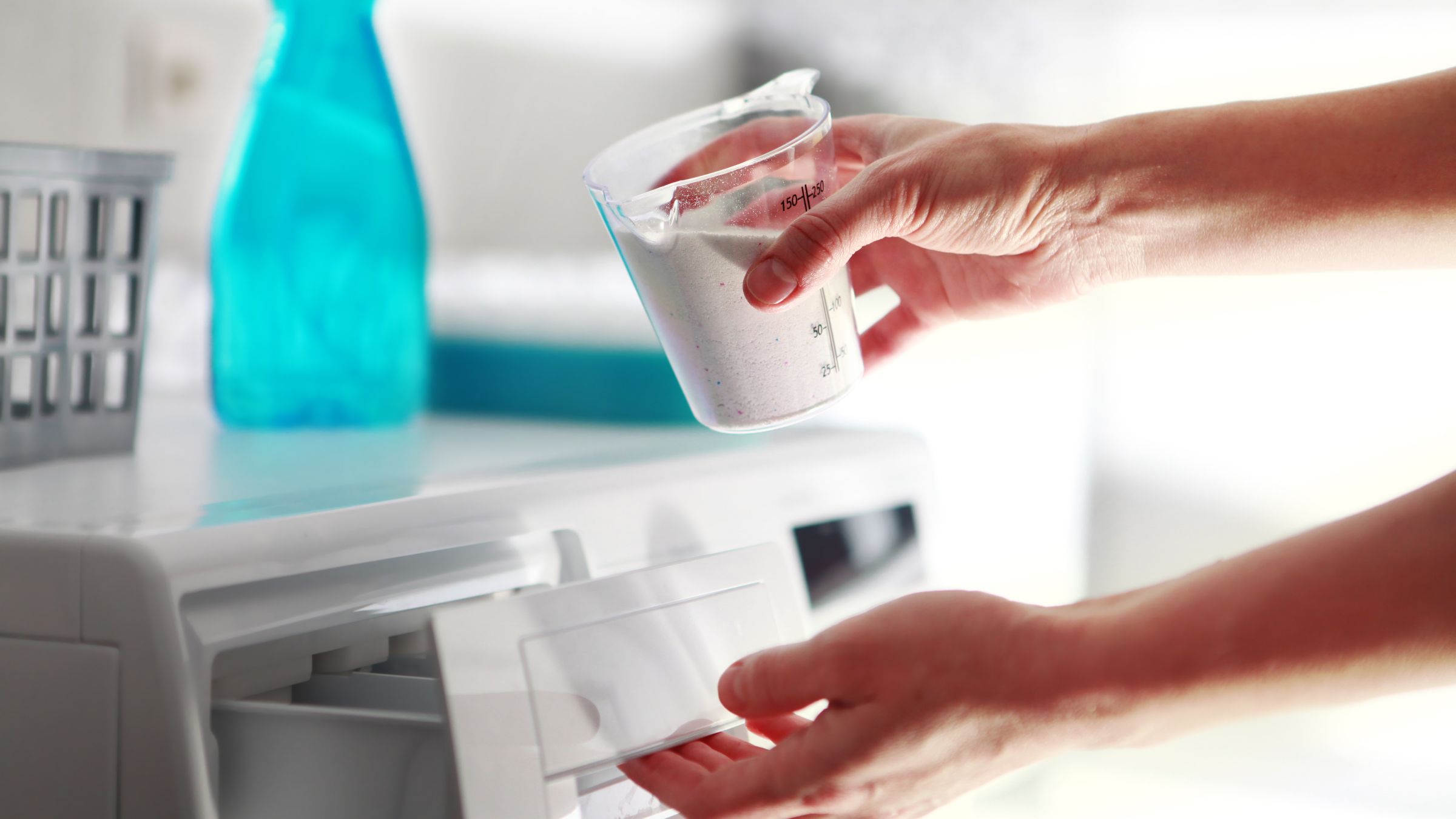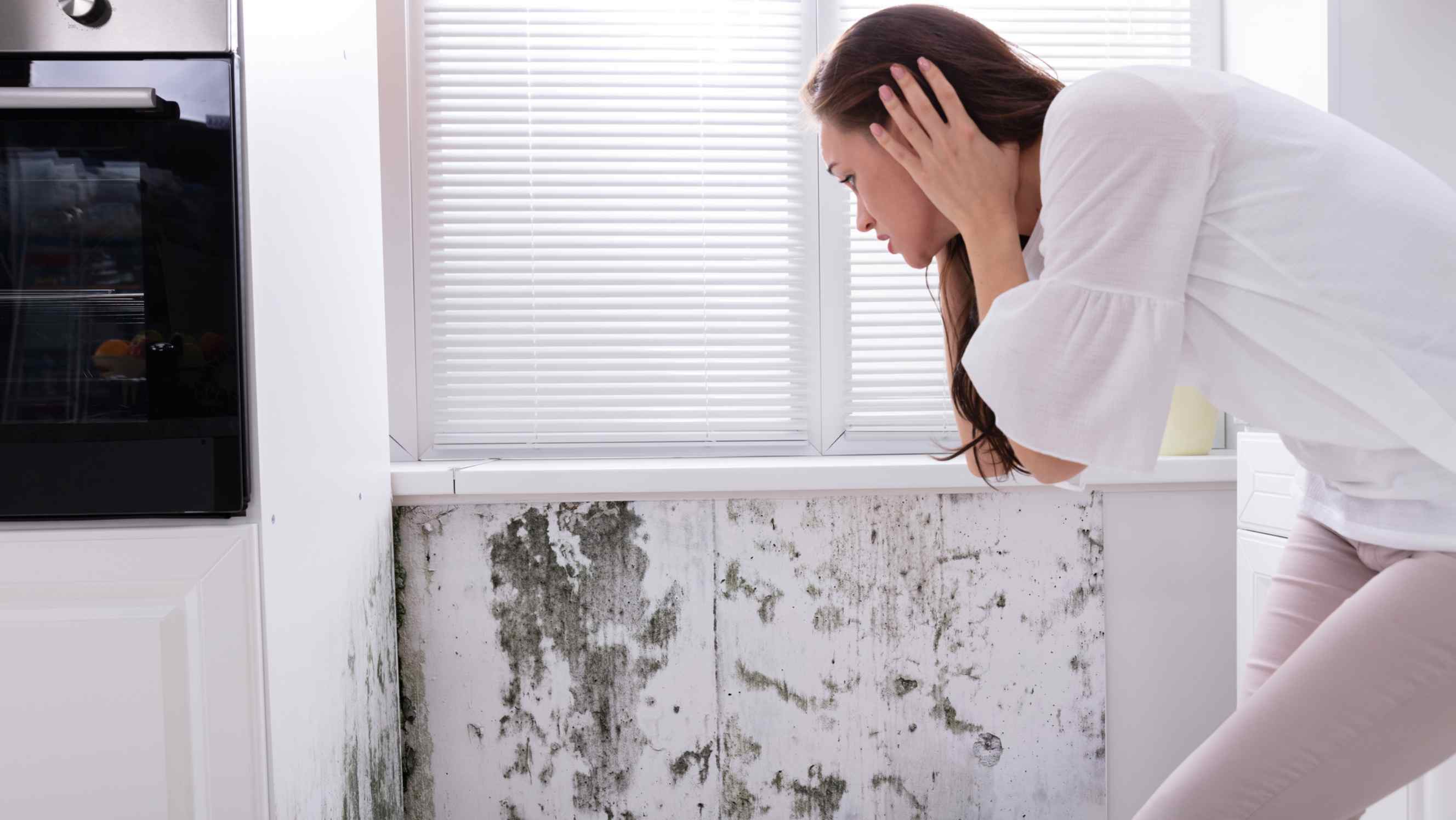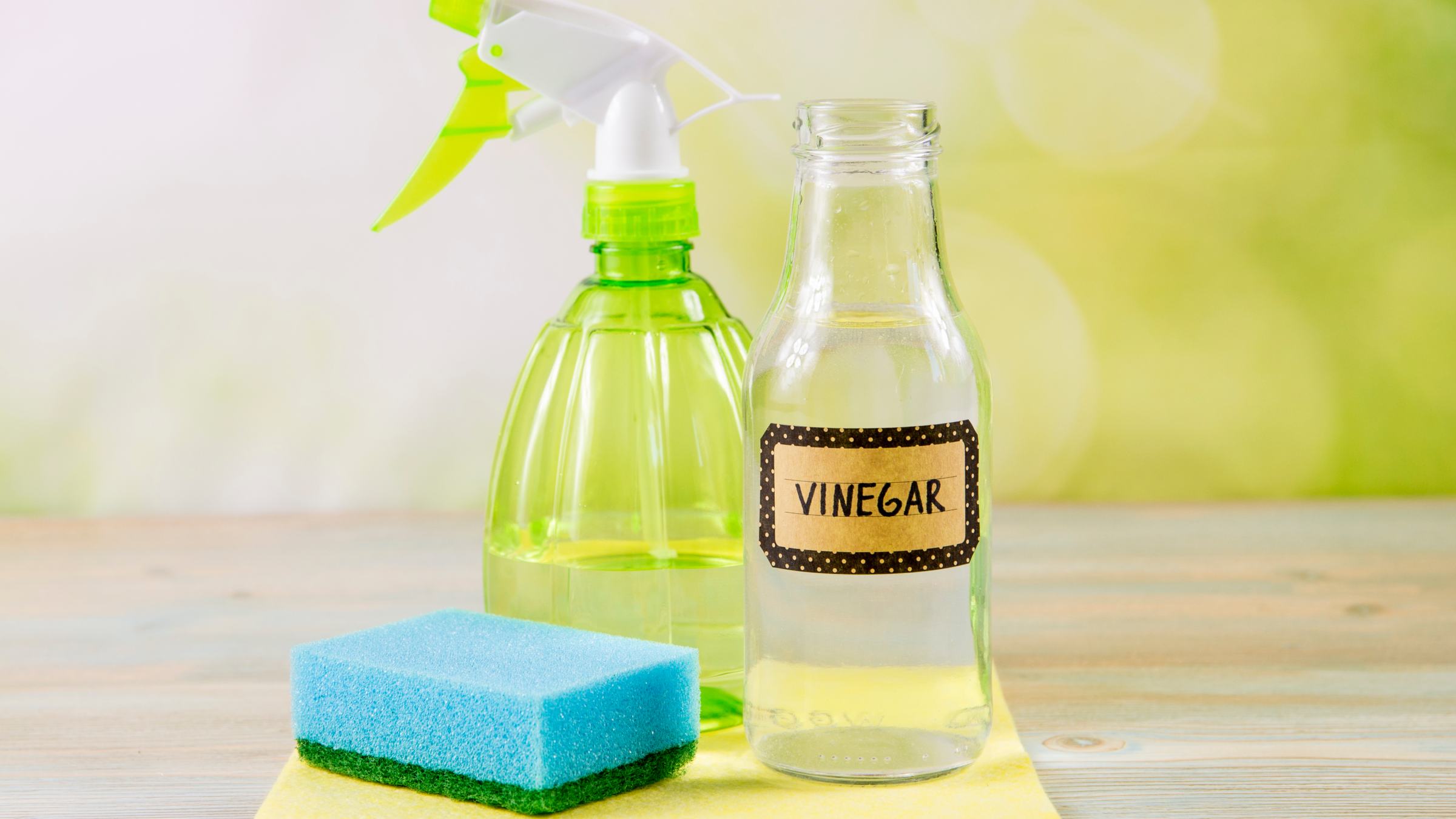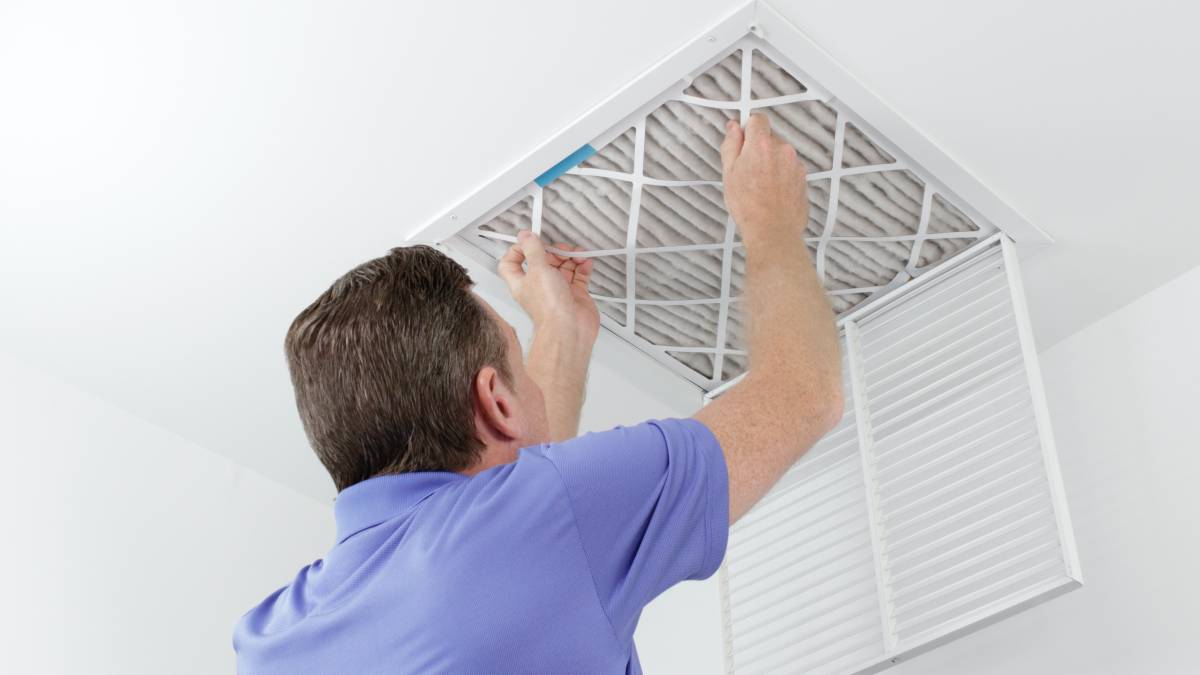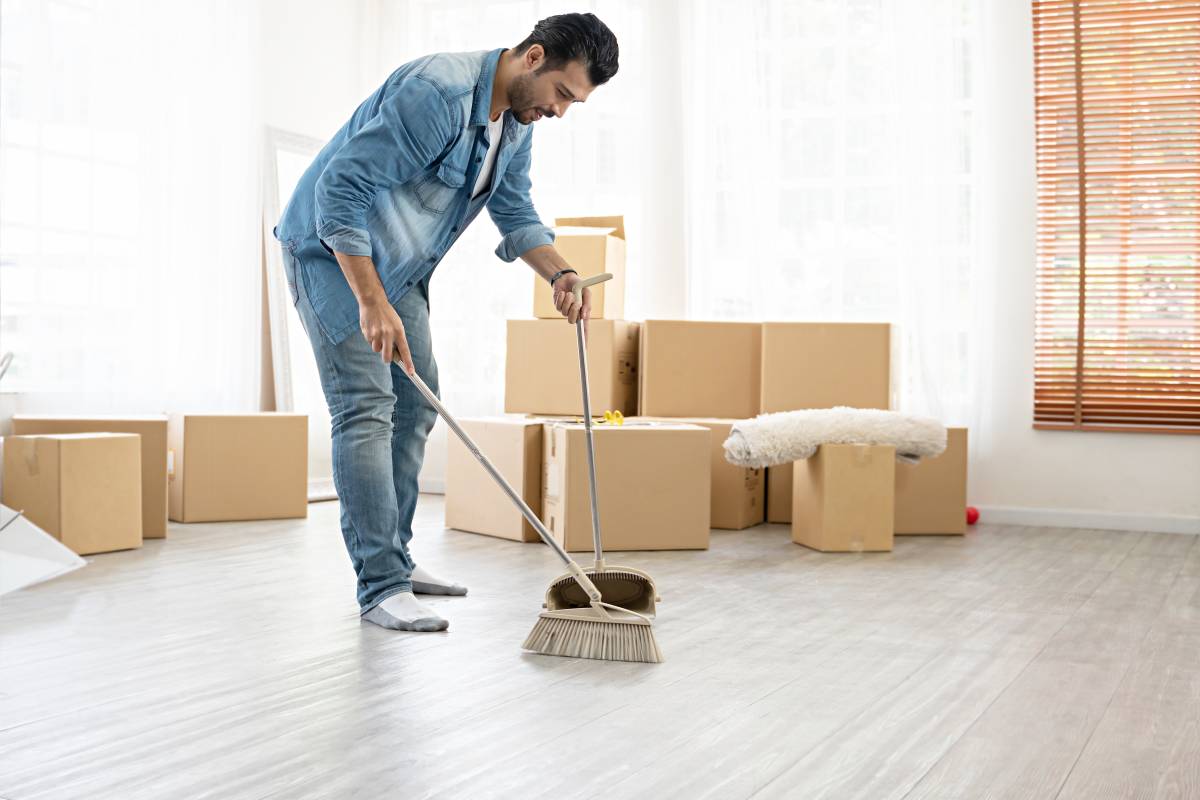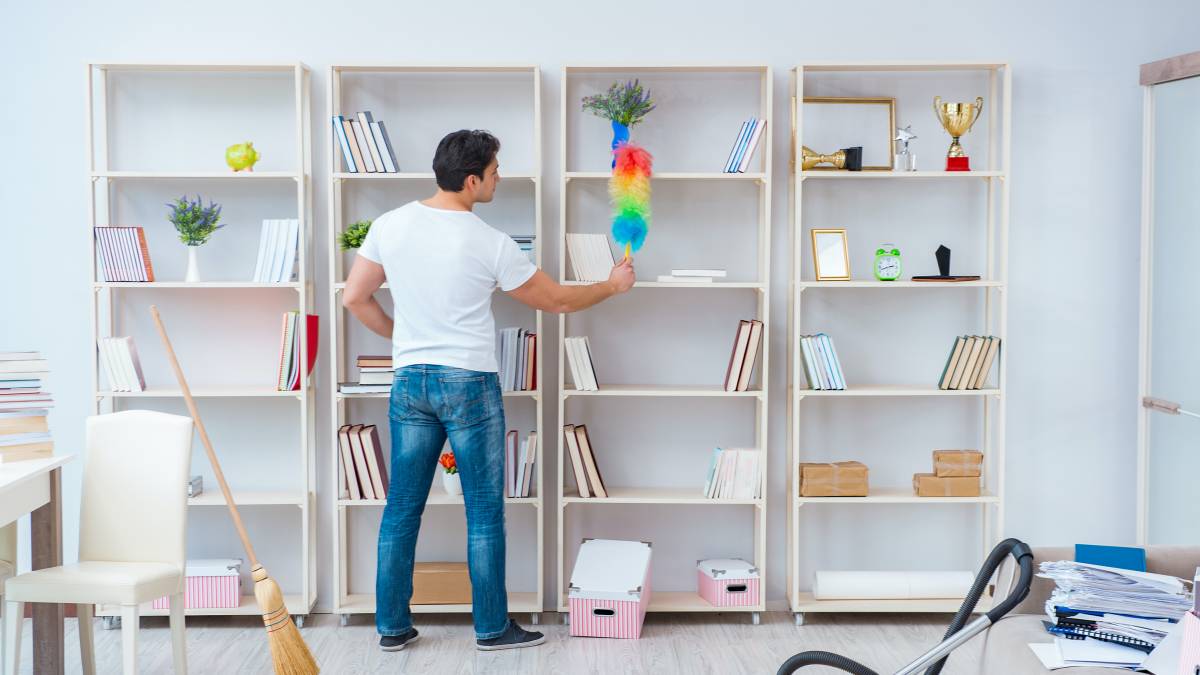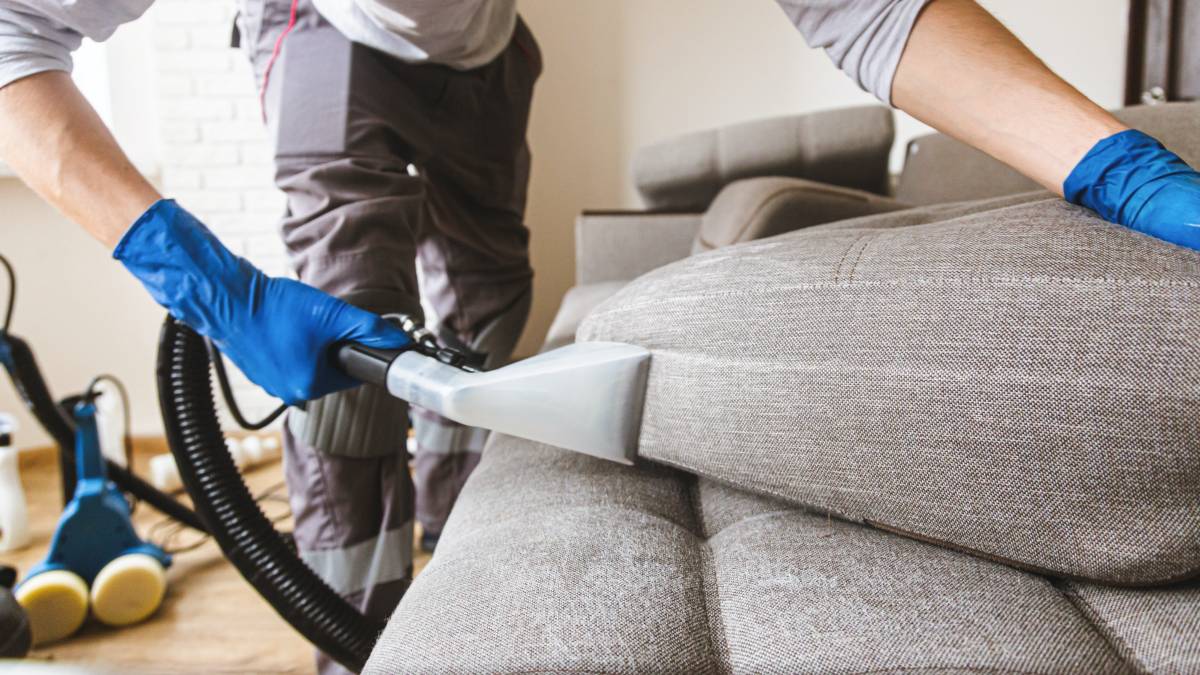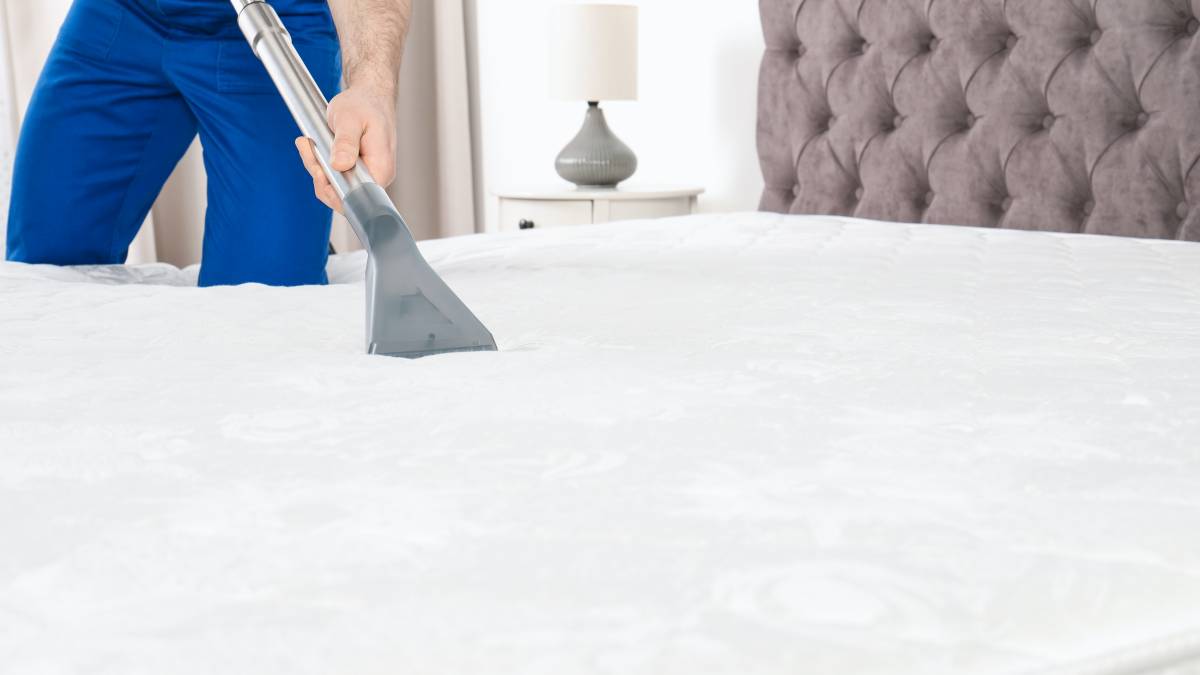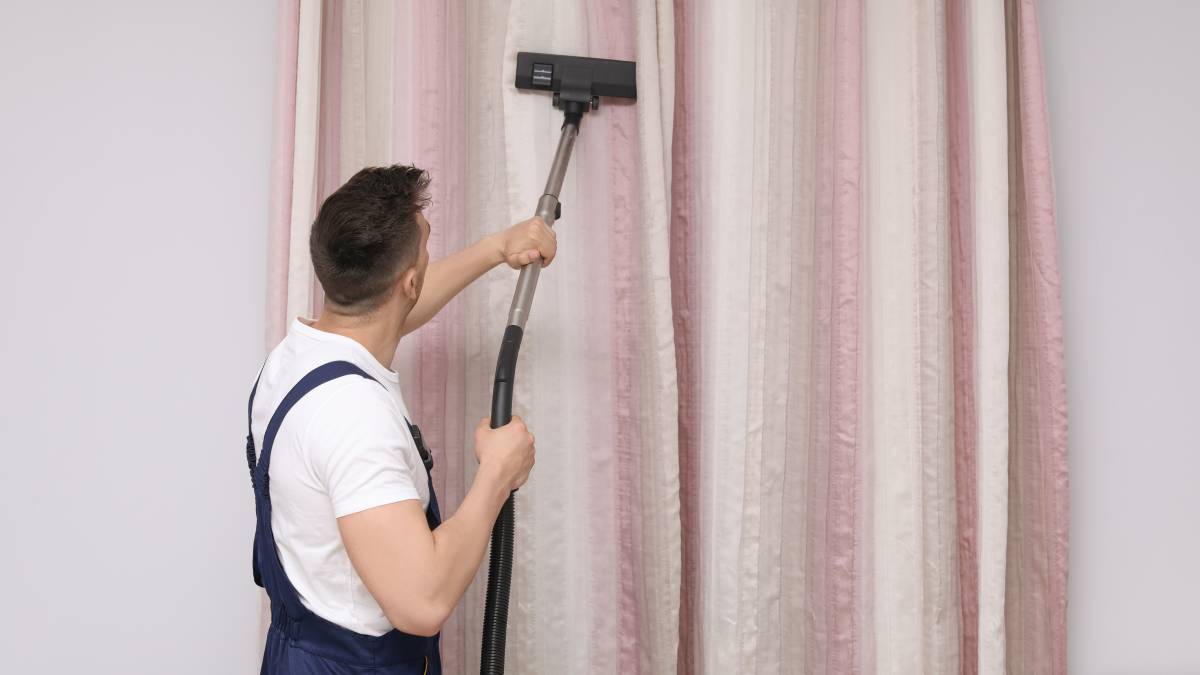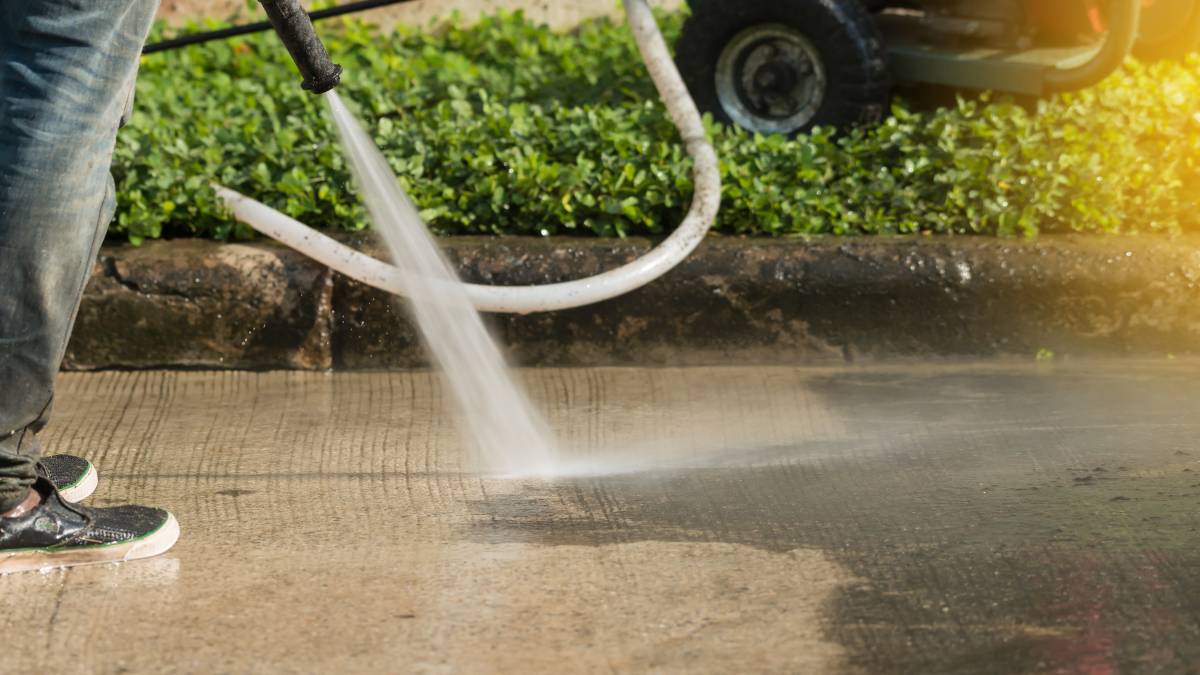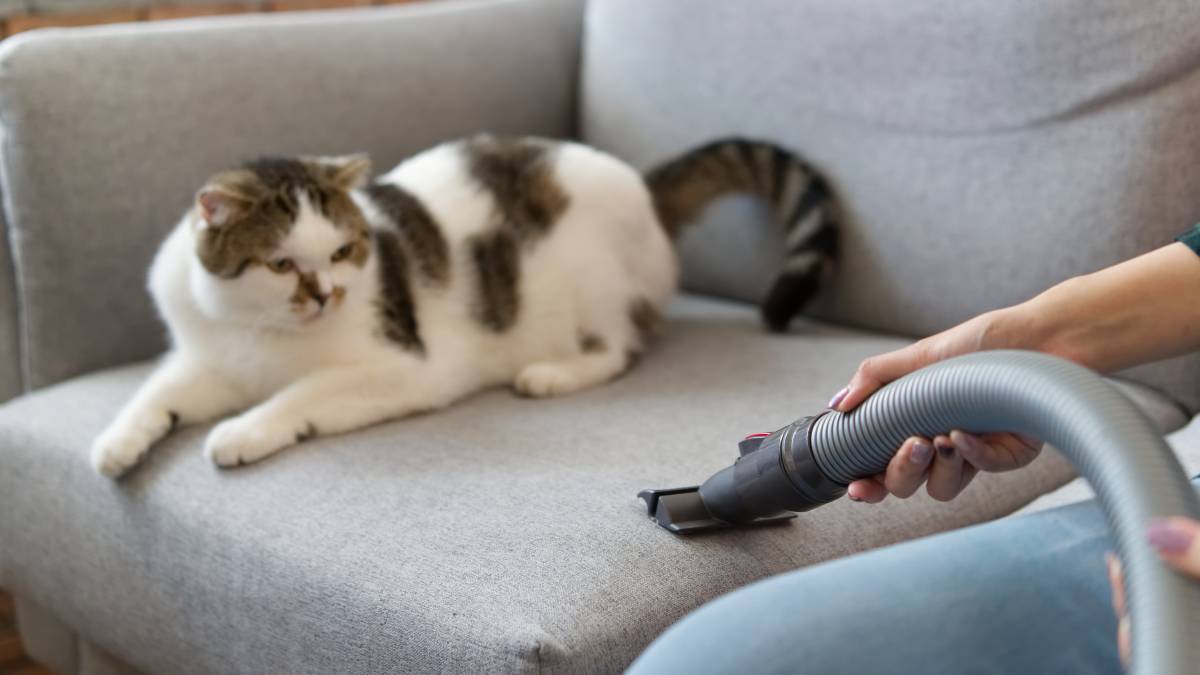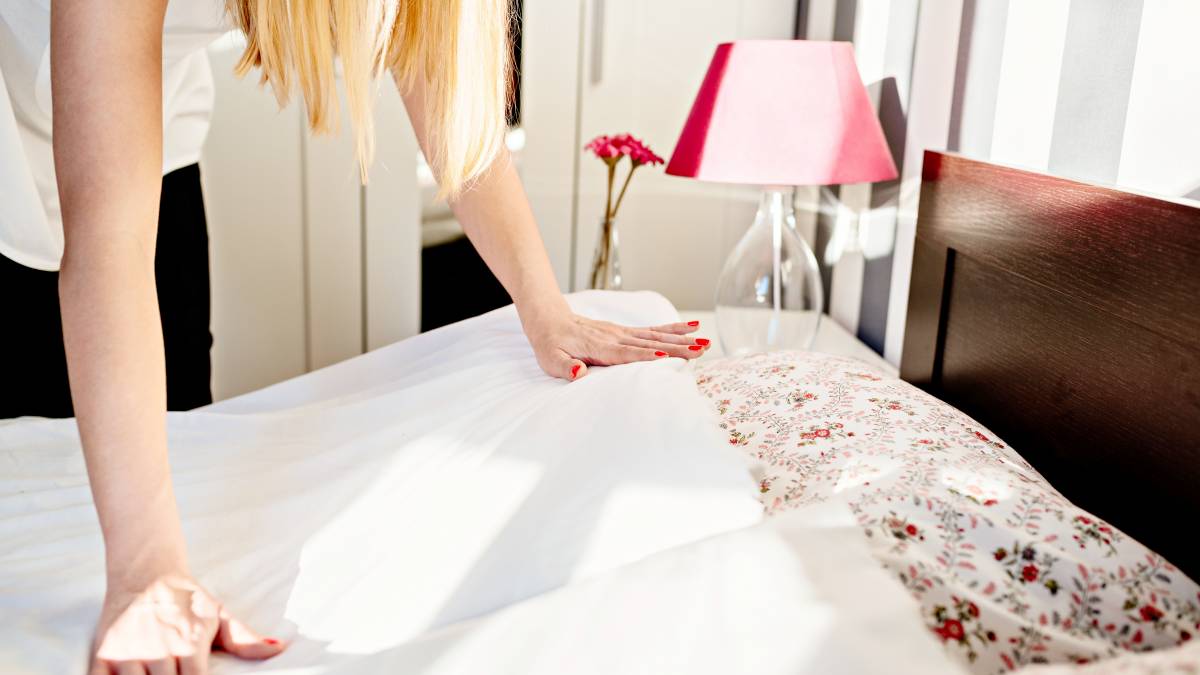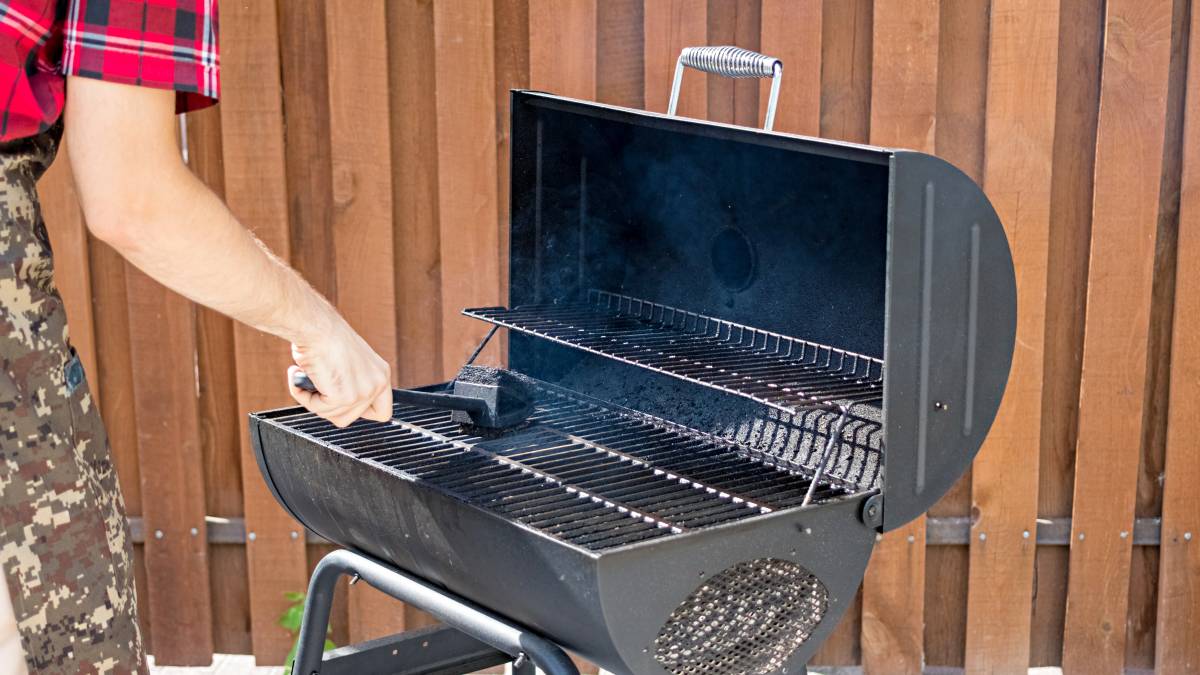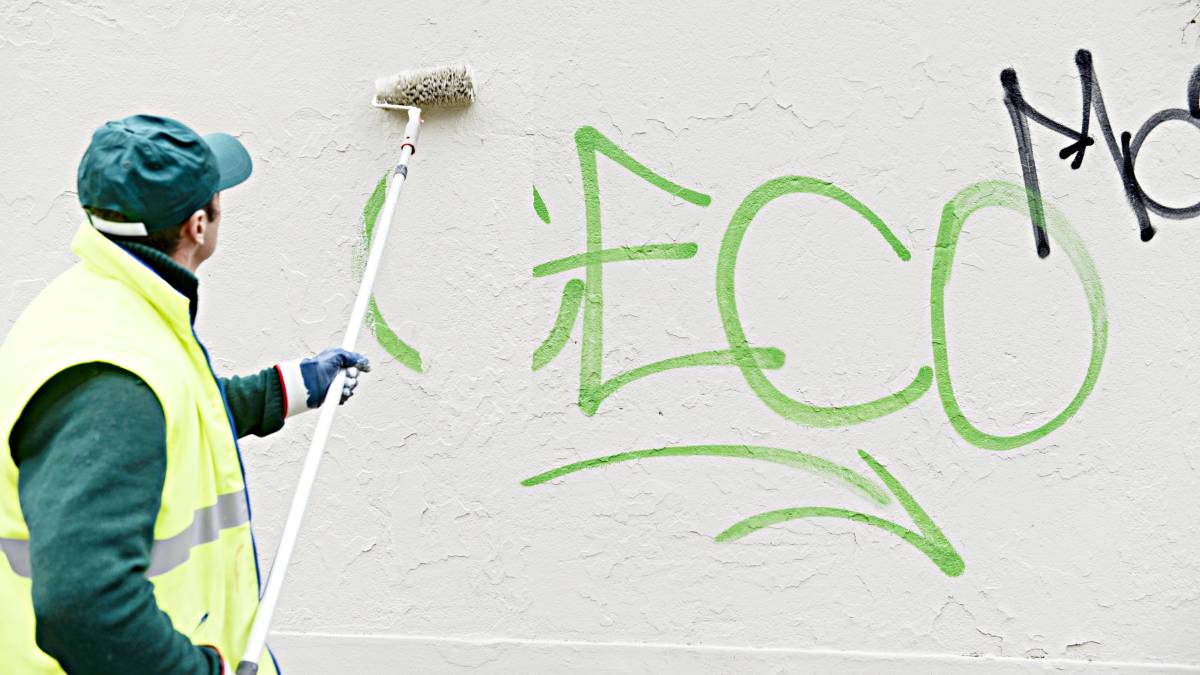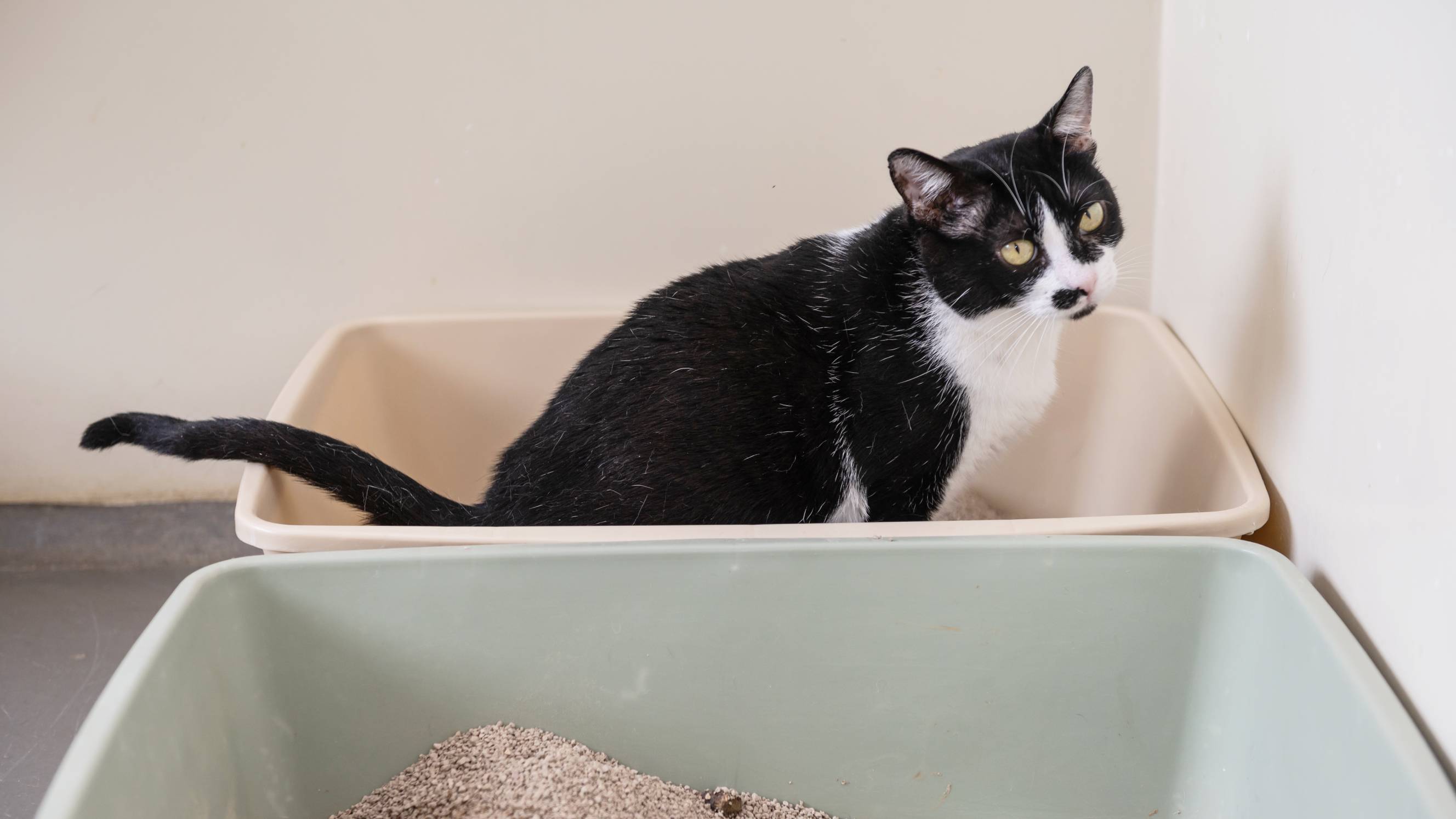
Meowful chore guide: How to clean a cat litter tray
Litter tray cleaning pointers for cat owners
Hire a cleaning expertLast Updated on
Scooping litter is one of life’s less exciting moments. But as any cat owner knows, keeping the litter tray fresh is essential for your feline friend’s hygiene and the home’s well-being.
This guide walks you through all the steps on how to clean a cat litter tray, including the tools you need and safety measures to pay attention to when dealing with the stinking cat’s litter tray.
We also share some tips on how to choose suitable kitty litter, how often to clean a cat litter tray, and the best time to get a cleaning expert, especially if you have more than one cat.
Read on to learn how to keep calm and scoop the poop.
Preparing to clean your cat’s litter tray
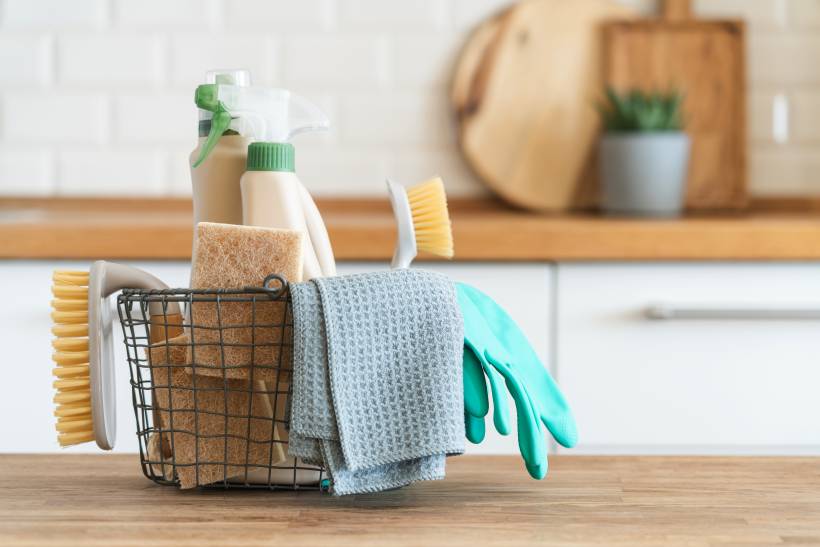
The best way to clean a cat litter tray is to have everything you need handy. Here are the essentials:
Litter tray cleaner, which is usually a litter scoop to remove the clumps
Hot water with unscented dish soap or mild detergent to clean the litter trays before refilling them with fresh litter
Baking soda or branded neutralisers for odour control
Paper towels to wipe off excess water and speed up the drying process
Scrub brush to lift stubborn residue
New litter or kitty litter tray
Face or dust mask and disposable gloves to avoid inhaling the fine particles and touching the dirty litter
Liners to keep the cat’s litter tray clean in between maintenance and reduce particles cluttering the floor
Garbage bags for disposal
Limescale remover or vinegar for deposit buildup
Cleaning the litter trays is not precisely back-breaking or dangerous to your health unless you are pregnant or prone to asthma. In these cases, consider hiring a domestic cleaner and talk to your doctor. Avoid using harsh chemicals.
Steps to cleaning a dirty cat litter tray
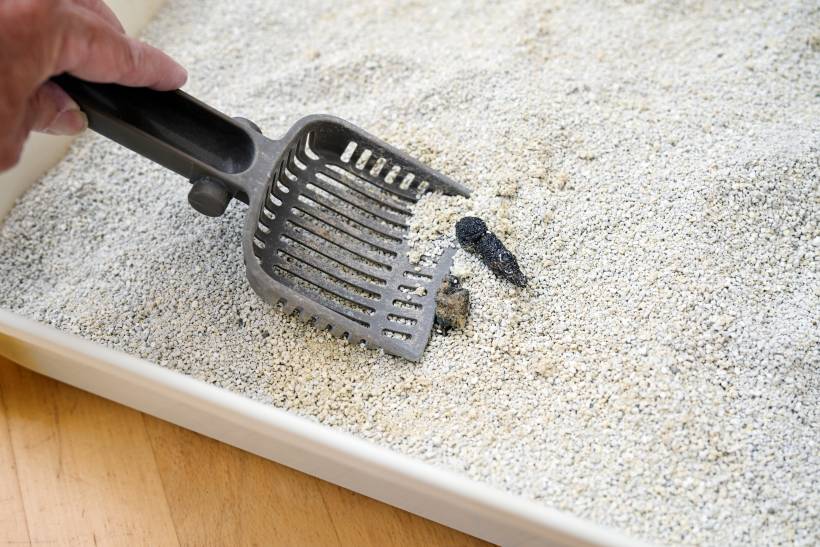
Are all your supplies ready? Then, get ready to work. Cat owners should perform daily litter tray maintenance, or the house will reek of ammonia and poop. But besides daily cleaning, the trays require more comprehensive upkeep weekly and monthly.
Daily cleaning
Wear disposable gloves and a face or dusk mask for safety.
Keep your tools nearby, especially the litter scoop and garbage bag.
Using the scooper, remove urine clumps, cat poop, and other types of waste from the litter tray. Place them in the garbage bag and dispose of it properly.
Clean the tray once or twice a day, depending on how many cats you have.
Weekly cleaning
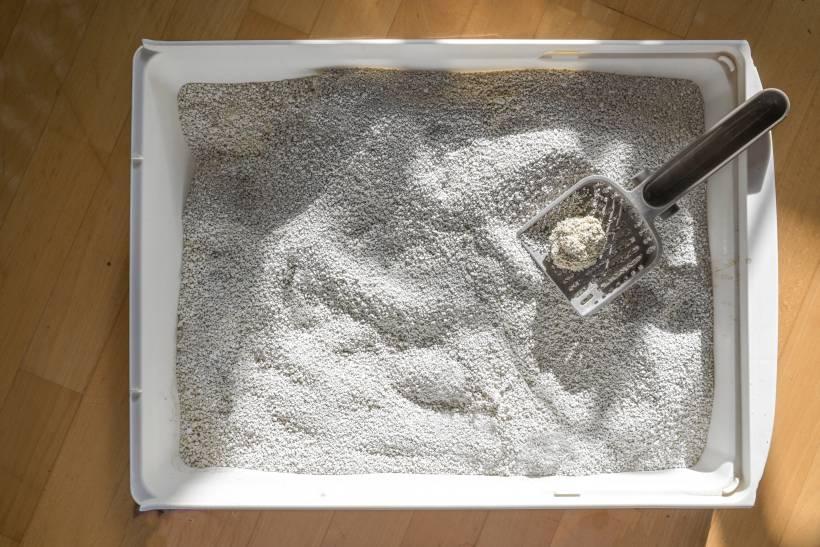
Wear disposable gloves and a face or dusk mask for safety.
Keep your tools nearby, especially the litter scoop and garbage bag.
Using the scooper, remove urine clumps, cat poop, and other types of waste from the litter tray. Place them in the garbage bag and dispose of it properly.
Remove all the tray’s contents by tilting it.
Clean the litter tray. On how to clean cat poop from the litter tray, use a scrub brush to soften and lift any hardened residue. Then, wash with hard water and pet-friendly mild detergent or dish soap to get rid of the smell of urine. Rinse and wipe with paper towels until completely dry.
Add fresh litter to the tray. The new litter should be an inch or two thick.
Sprinkle neutralisers or baking soda to absorb cat urine. Reach out to odour control specialists for ideas on brands and hacks, particularly if you own multiple cats.
Monthly cleaning
Wear disposable gloves and a face or dusk mask for safety.
Keep your tools, especially the litter scoop and garbage bag, nearby.
Using the scooper, remove urine clumps, cat poop, and other types of solid waste from the litter tray.
Remove all contents by tilting the tray.
Clean the litter tray. On how to clean cat poop from the litter tray, use a scrub brush to soften and lift any hardened residue. Then, wash with hard water and pet-friendly mild detergent or dish soap to eliminate the urine smell. Rinse and wipe with paper towels until completely dry.
For more thorough cleaning, combine vinegar with hot water or create a baking soda paste to remove hard deposits in the cat litter tray. Usually, this happens because cat urine leaves a yellow stain. Hard water and cleaning supplies also contribute to mineral buildup in the litter tray.
Replace the litter in the empty litter tray.
General litter tray cleaning tips
If the litter is clay or silica, it should go to the general waste bin. Biodegradable options, such as paper, wood, and corn, can be in the green or general waste bin. Do not flush cat litter even if it is ‘environment-friendly’ because of its pathogenic content.
Avoid scented litter. Most cats are sensitive to it and are less likely to use the tray.
Throw away the entire litter tray if it is already warped, damaged, or cracked.
Quick ways to keep your cat’s litter tray clean
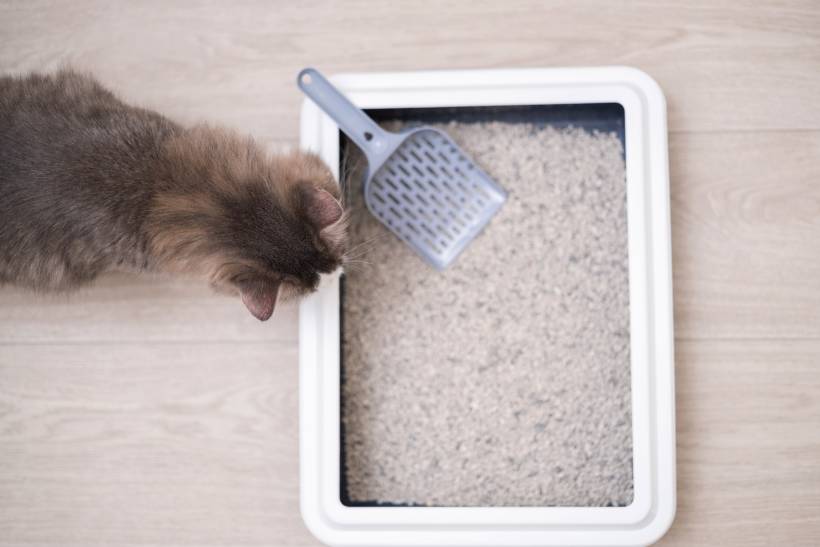
How often should you change cat litter? The answer is daily. But you know it is tedious, especially if you live in a multicat home. Spend less time doing it with these tips:
Choose the right litter. Non-clumping litter makes it easy to scoop loose waste and produces less small. It is also more comfortable for your cats’ paws. However, it produces more dust. Clumping litter is more expensive than non-clumping and is less eco-friendly. But it controls odour more effectively and makes scooping fast and easy. Do not use scented litter because most cats tend to avoid it.
Invest in a better cat’s litter tray. A tray is the cheapest and most convenient to clean but spreads odour quickly. Fine particles can also quickly accumulate on the floor. Consider buying a tray with an enclosure or, when budget allows, a self-cleaning litter box.
Clean daily. A daily scoop takes less than a few minutes, even if you have many trays and cats at home. It keeps your home smelling and looking clean, and it encourages your kitties to poop and pee in the tray, not on your couch or carpet.
Have enough litter trays at home. Do not let them use the same litter tray! Poop and pee can accumulate fast. More sensitive cats might also avoid using the tray, causing health problems later. The general rule is the number of cats plus one. If you have four cats, you need five litter trays.
Replace the old litter tray at least three to six months, up to a year, if you are doing the bare minimum. It helps prevent bacteria buildup, and older (and damaged) trays are more challenging to clean, even with baking soda paste and other effective cleaning materials.
Neuter or spay the cat. Male and female cats differ in many ways, but intact ones are more likely to spray urine (or mark) than their neutered or spayed counterparts, regardless of gender.
Ask for help. Don’t have time to clean the litter tray? Many housekeepers already offer such a service. So do pet sitters.
Simplify cat litter tray cleaning with Airtasker
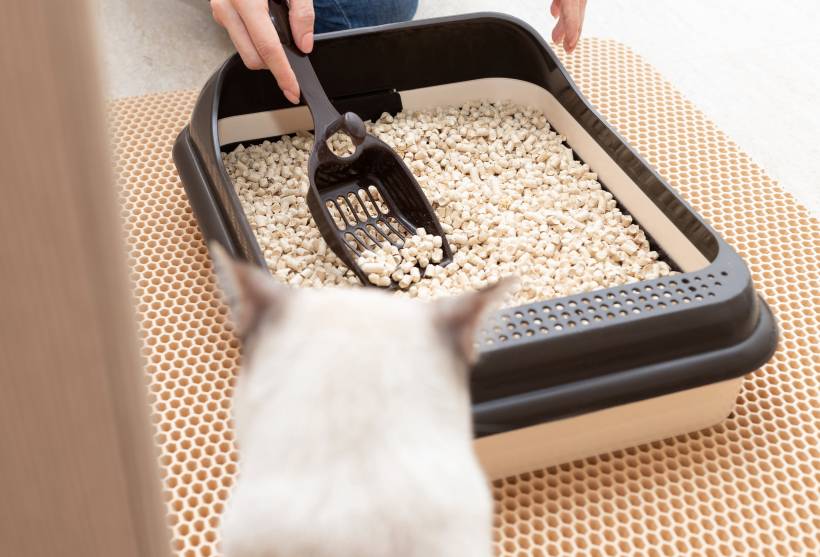
As much as we love our feline friends, cleaning out that dreaded litter tray is a chore few cat owners enjoy. However, skipping proper maintenance creates an unhealthy space for you and the pet.
This is where Airtasker can lend a helping hand. The online platform connects you to qualified, background-checked service providers nearby. These include cat care specialists, pet sitters, and professional house cleaners.
Joining is as easy as 1-2-3:
Create a free account.
Post a task with detailed information. Include your budget, how many litter trays you have, and the number of cats. Specify the service you need. Do you want them to clean the litter tray? And would you like someone to change the cat litter while you’re on a trip?
Wait for Taskers to submit custom quotes or reach out to them directly.
Take the hassle out of cat litter tray cleaning by hiring a cat waste removal pro. It’s convenient and keeps your cat happy with a pristine space!
FAQs
Yes, you can use bleach or vinegar to clean a litter tray. However, use the bleach only to disinfect the tray, which you can do after cleaning it with hot water and dish soap. Because of its pungent smell, bleach might repel cats.
Odour control is one of the persistent issues, especially among multi-cat households. You can keep the cat litter tray smelling fresh by cleaning it daily and using odour removers and neutralisers. Clumping litter also seems to trap smell better than non-clumping ones.
Clumping litter, such as traditional clay litter, is the easiest to clean because it transforms urine and poop into solid waste. Other options include silica and wood.
Sometimes, kitties avoid using their cat litter trays even if you have cleaned them well. Investigate the problem. Did you use the suitable litter, or is it unscented litter? Did you apply harmful chemicals? Did you change their litter? If the issue persists, talk to your vet right away, especially if the cat seems to hold its pee for over 24 hours. There might be an underlying health cause.
Find cleaners, fast
Find a cleaner
Related articles
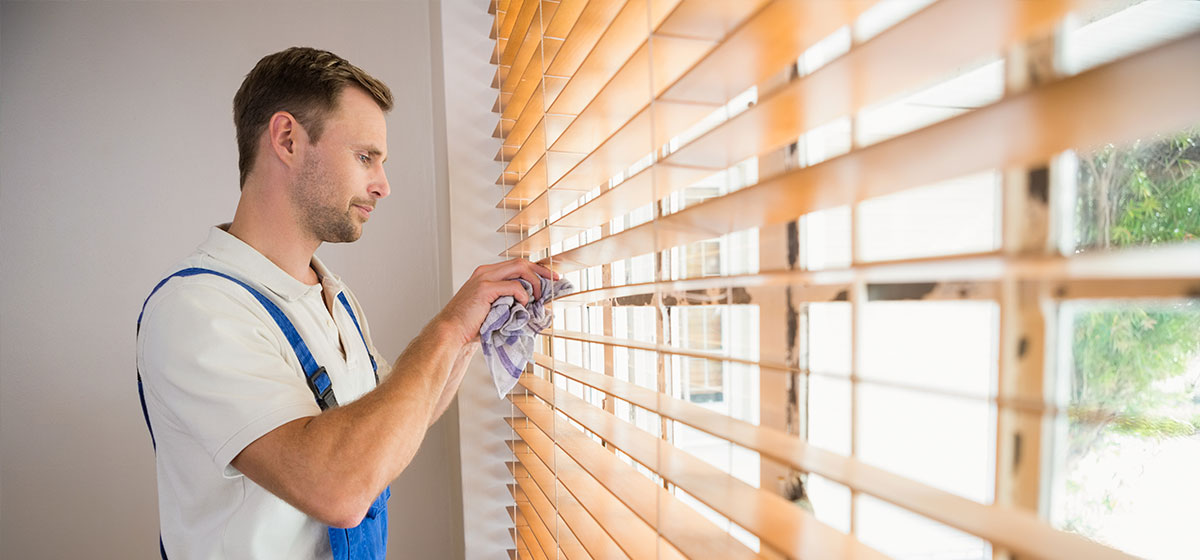
How to clean Venetian blinds
Read more
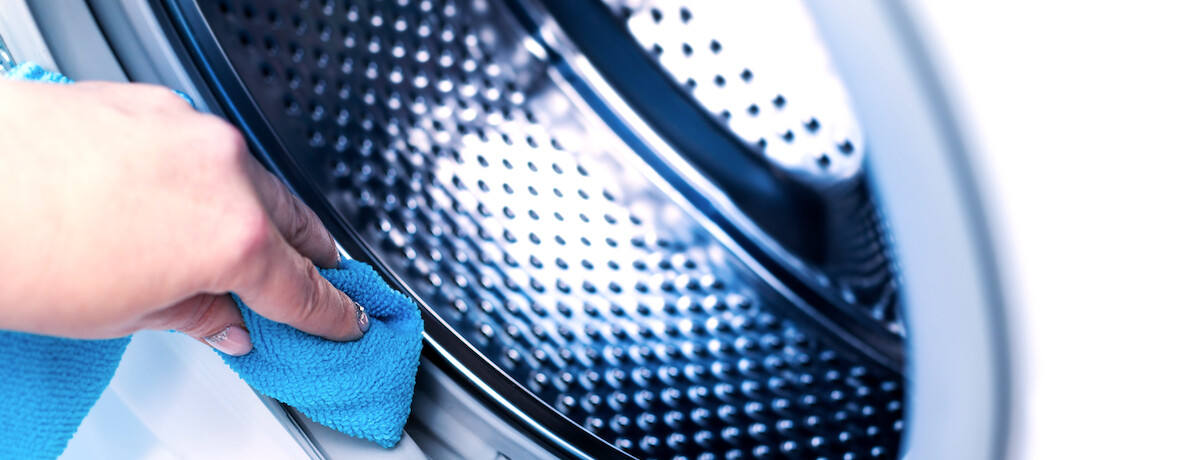
How to best clean a washing machine
Read more
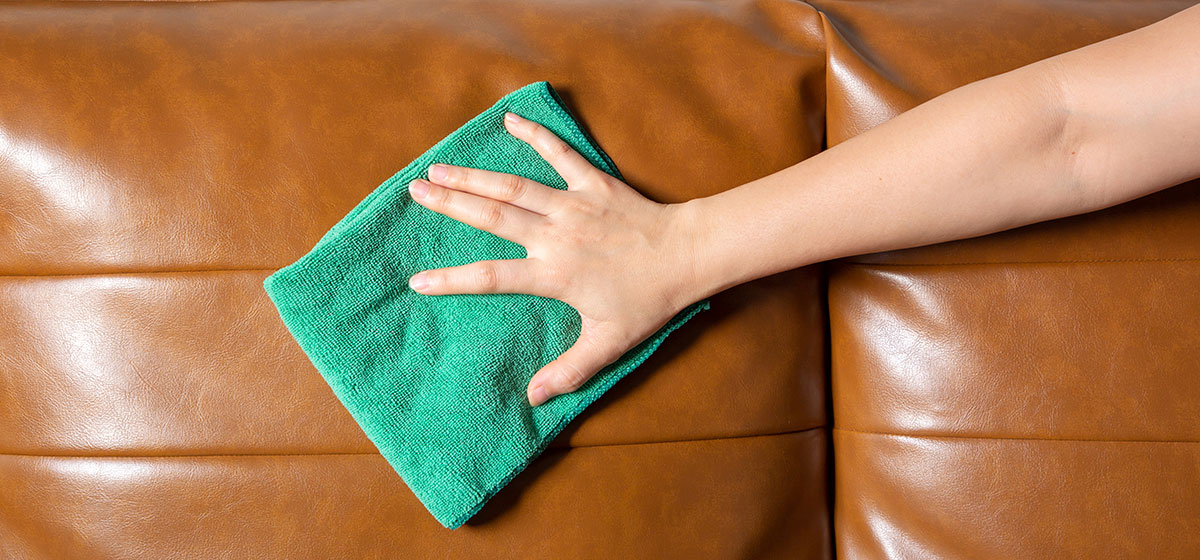
How to clean leather couch at home
Read more

How to get a cleaning certification
Read more
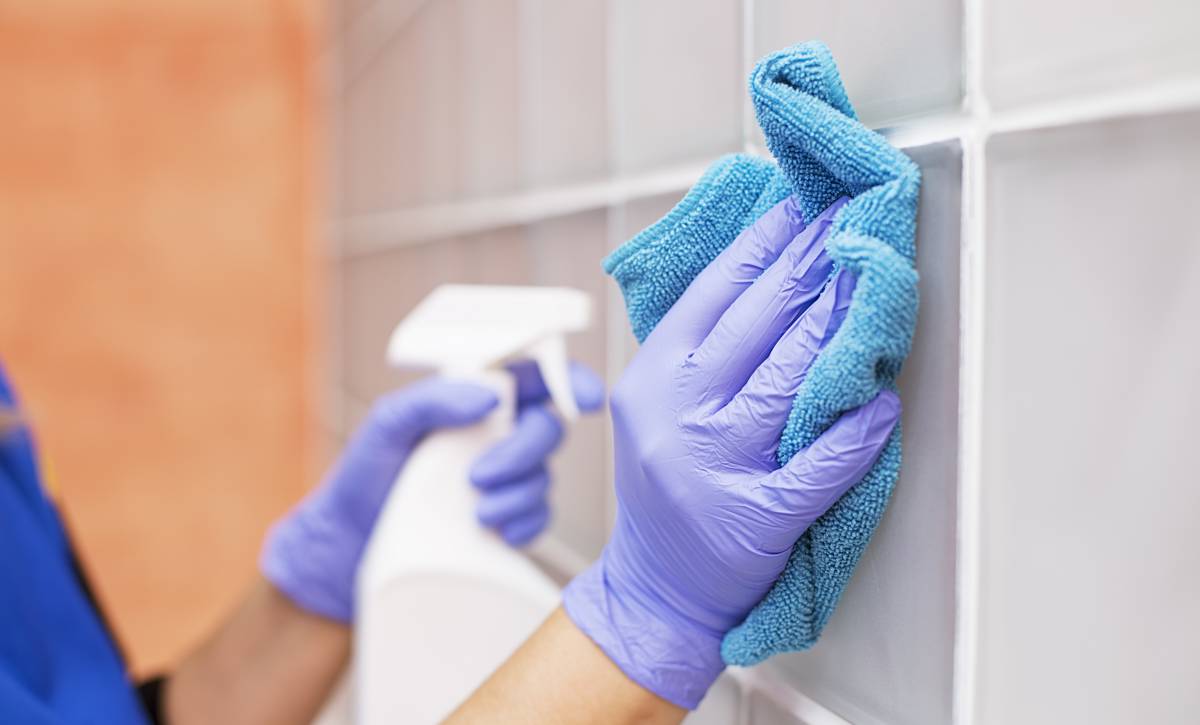
How to get more cleaning jobs
Read more
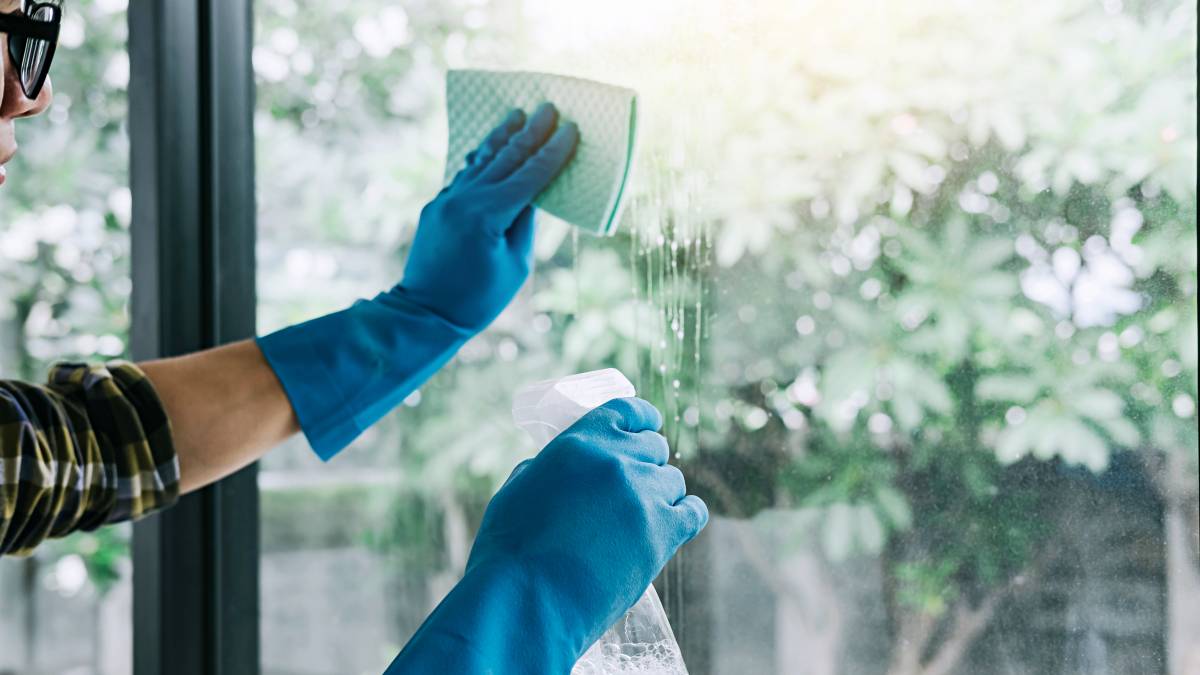
How to price cleaning jobs
Read more
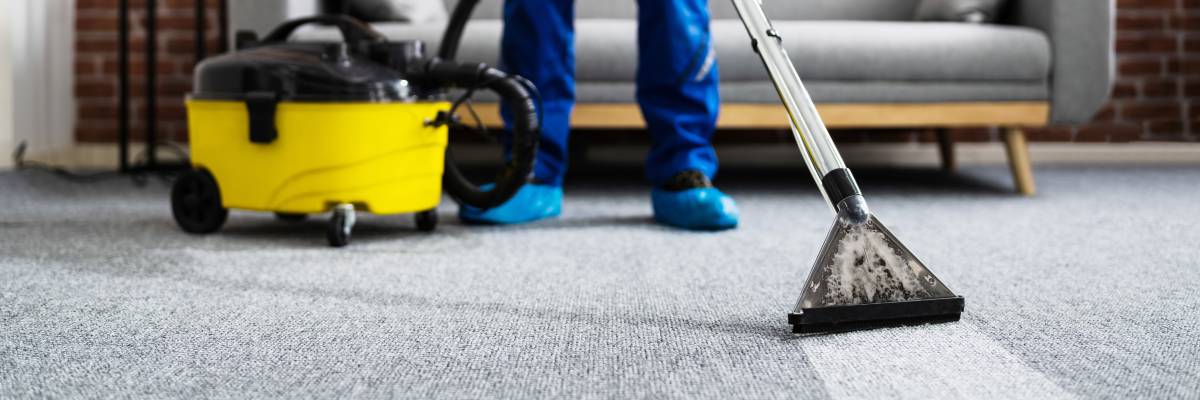
How to become a housekeeper
Read more
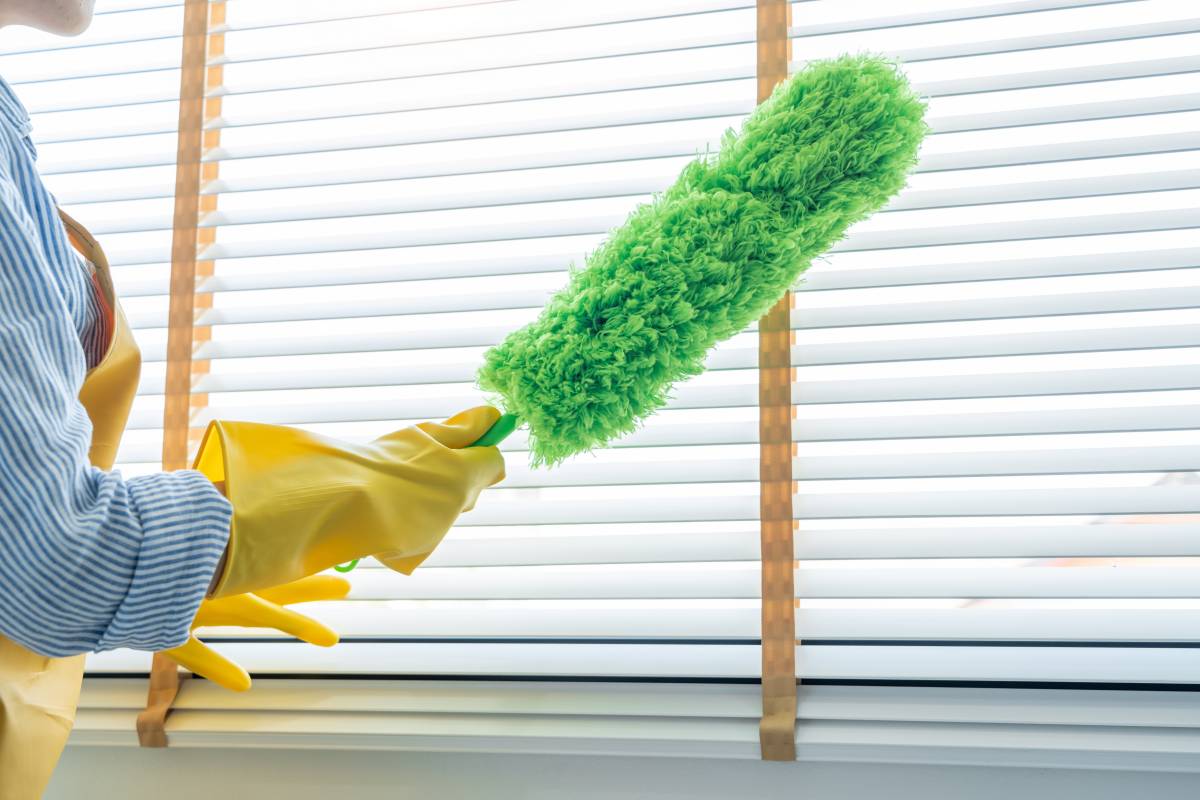
How to clean a duster
Read more
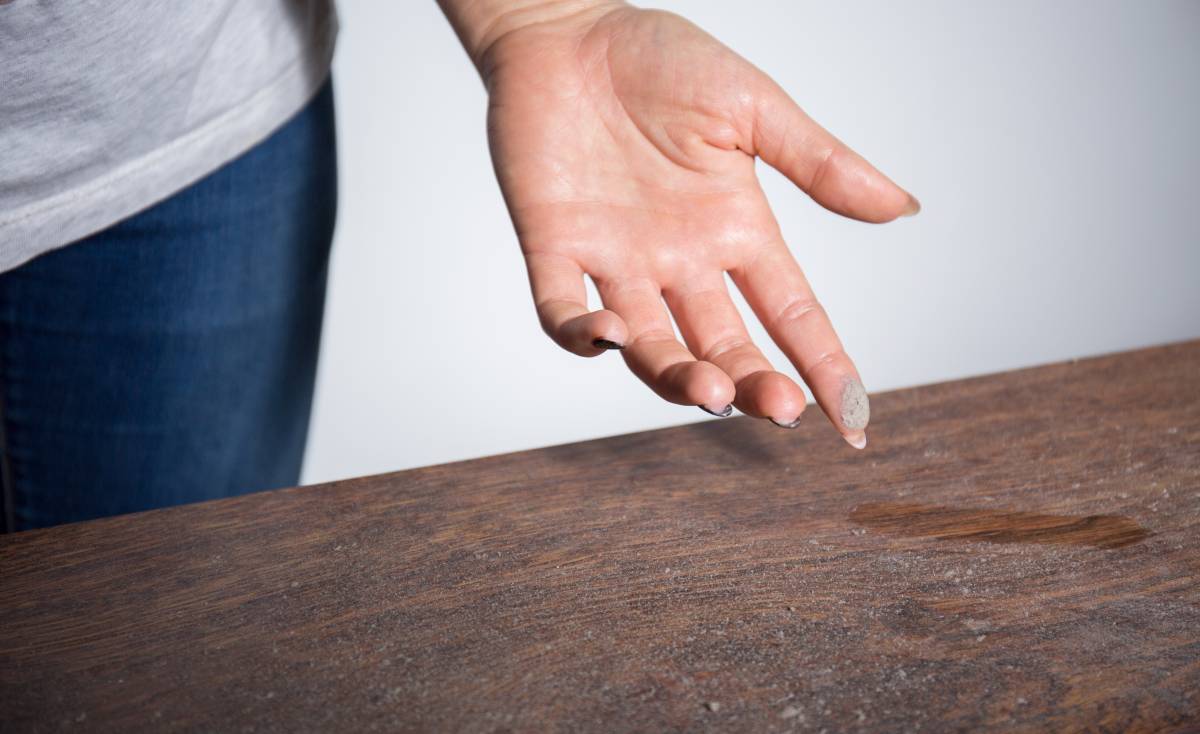
How to get rid of dust in your home
Read more
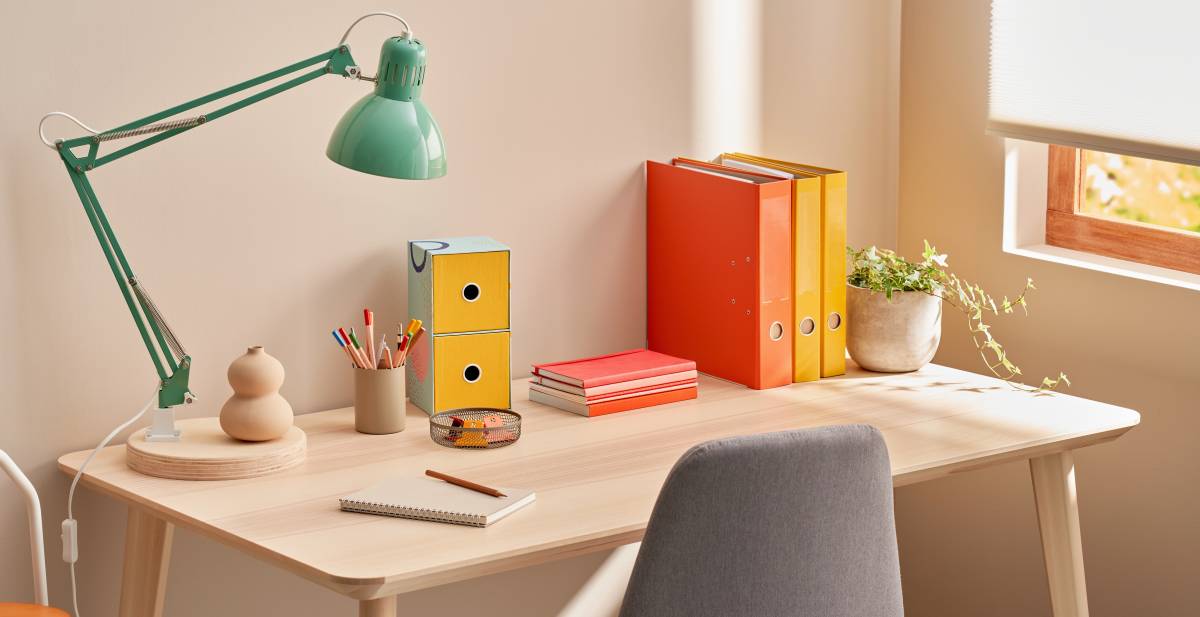
How to keep your desk dust-free
Read more
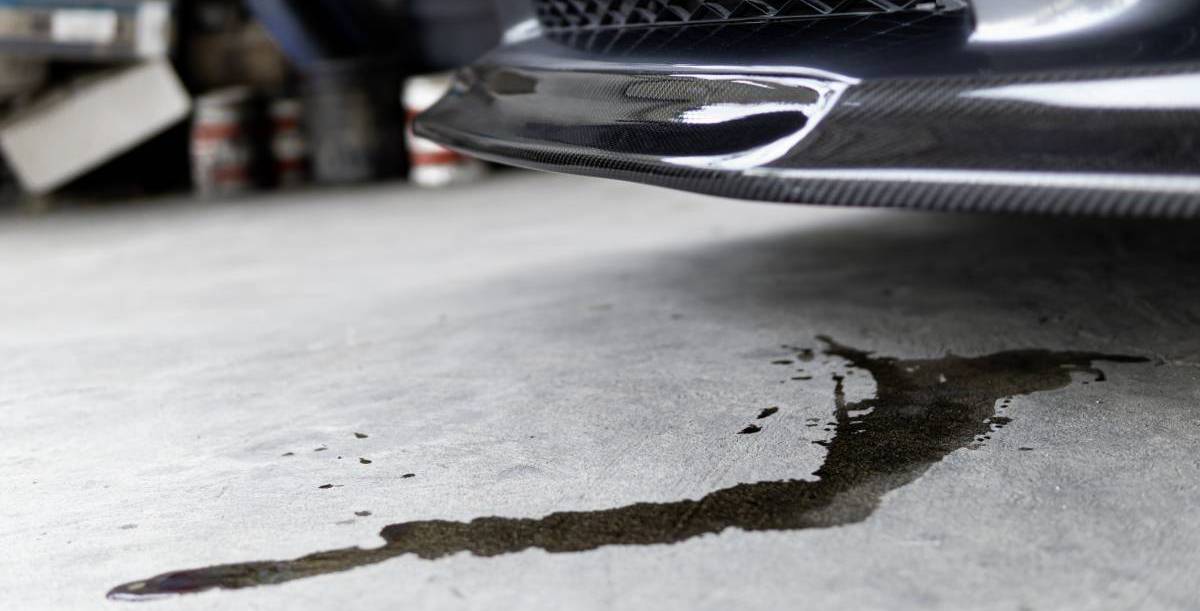
How to clean a garage floor
Read more
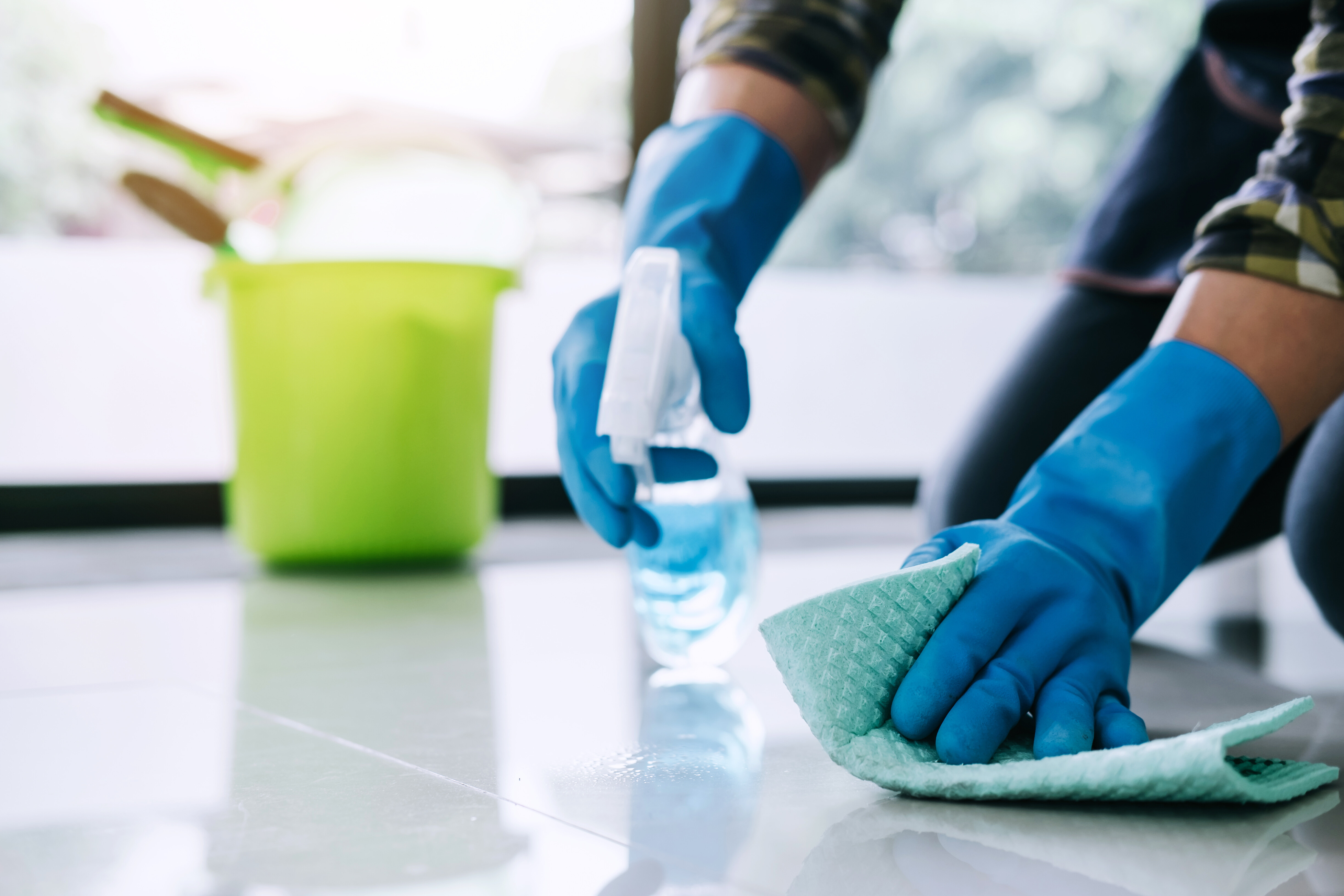
End of tenancy cleaning checklist
Read more
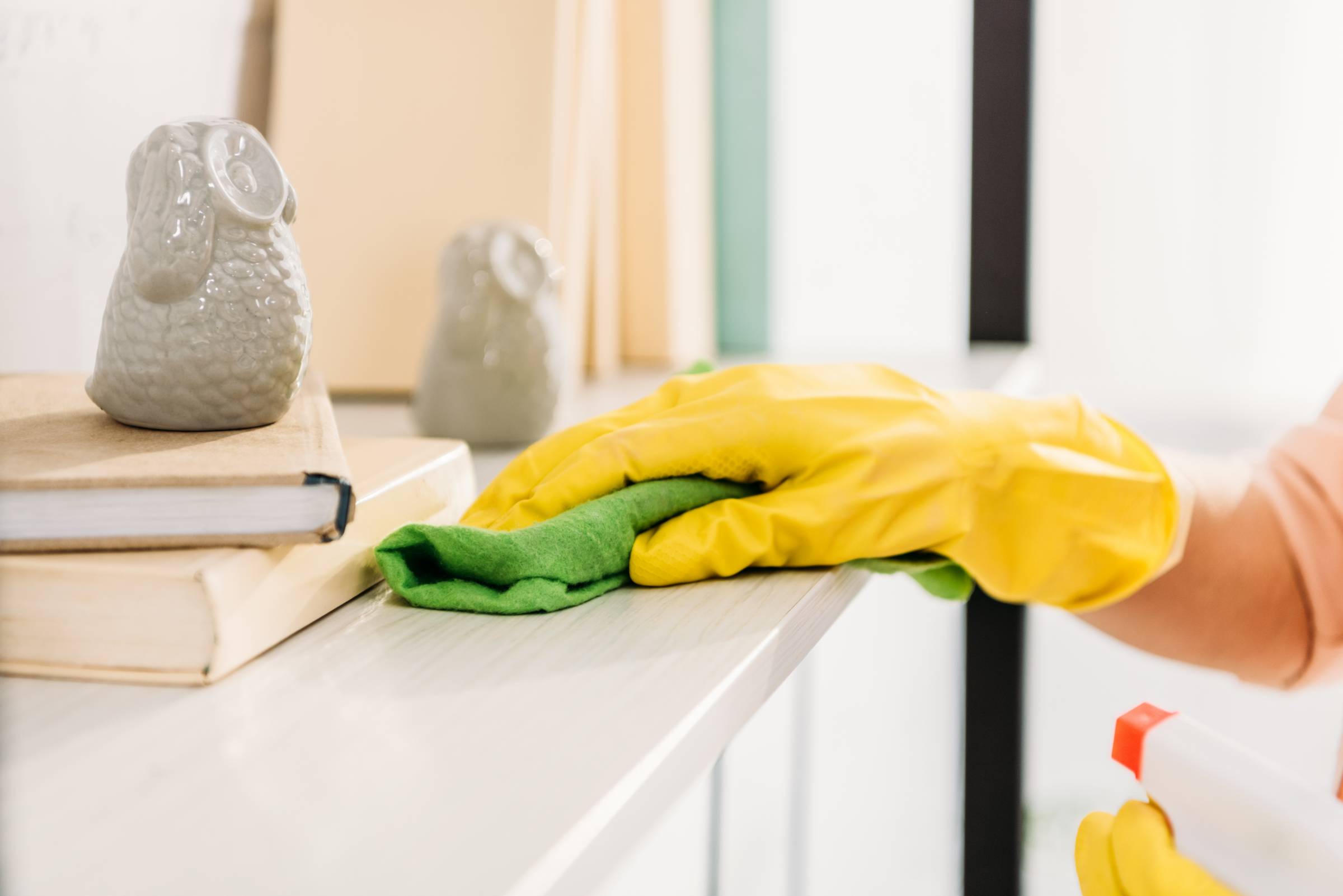
The ultimate spring cleaning checklist
Read more
Related price guides
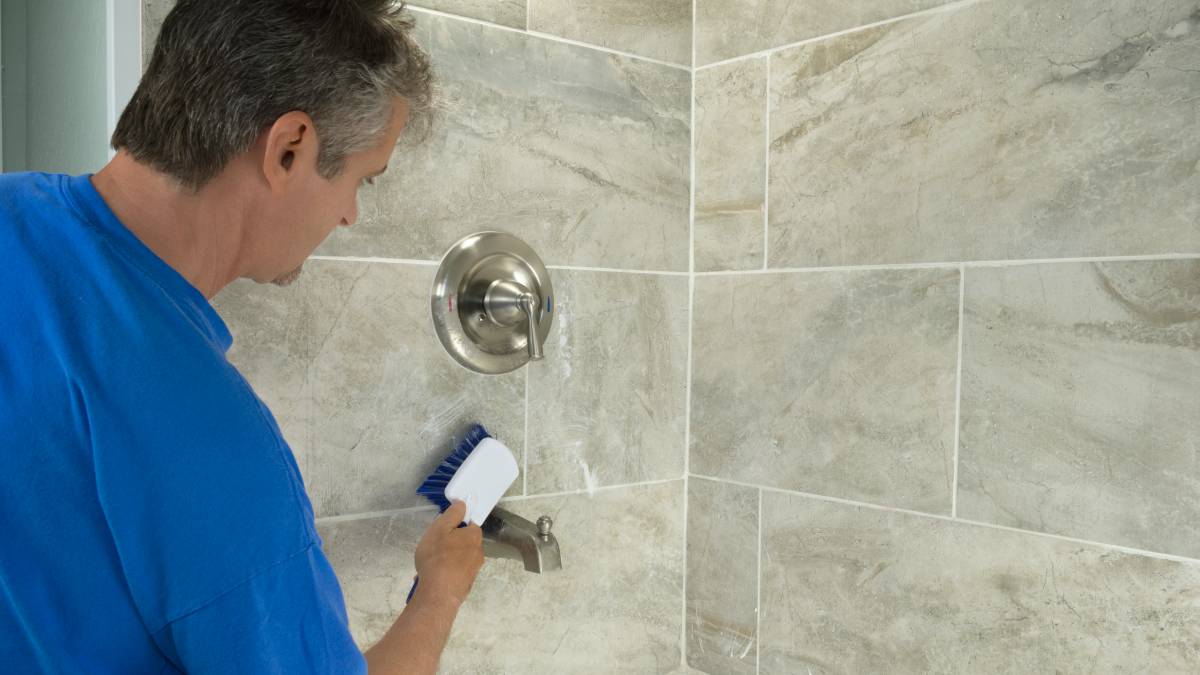
How much does tile cleaning cost?
Read more
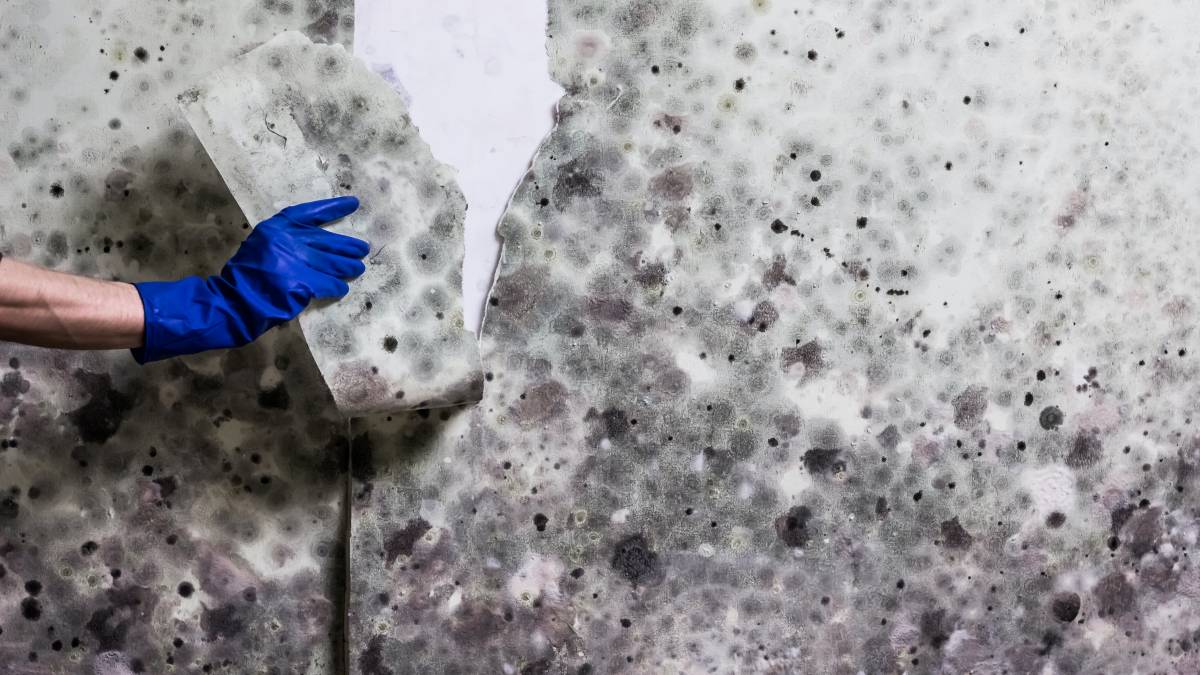
How much does mould removal cost?
Read more
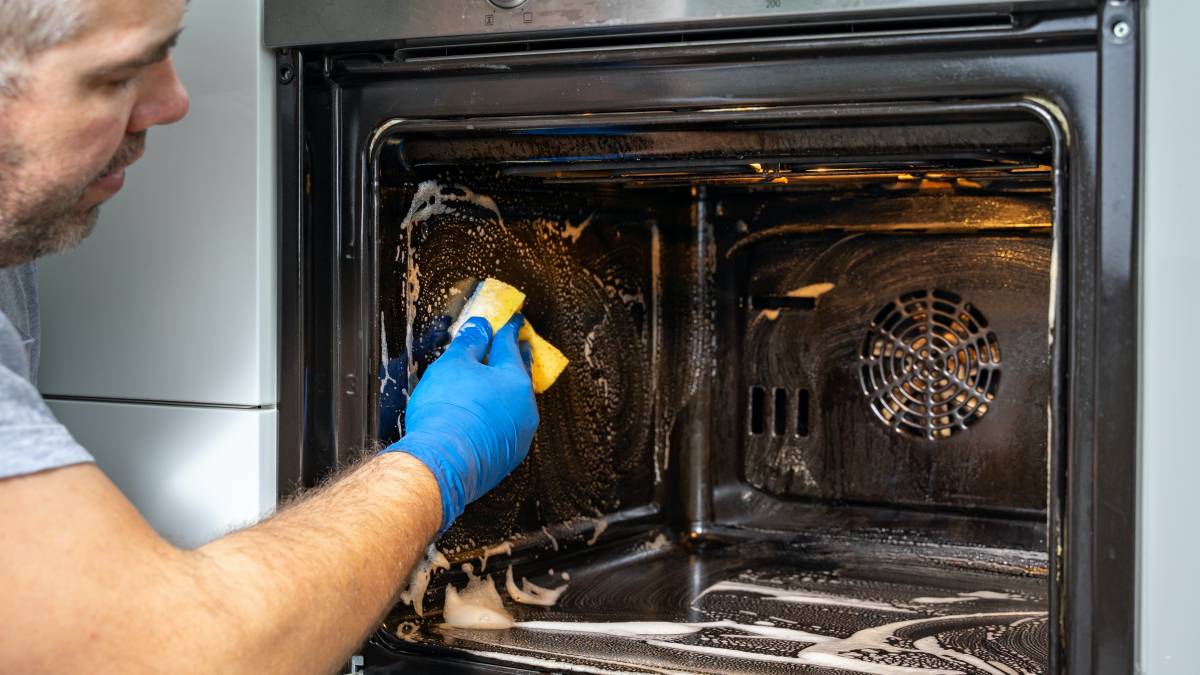
How much does oven cleaning cost?
Read more
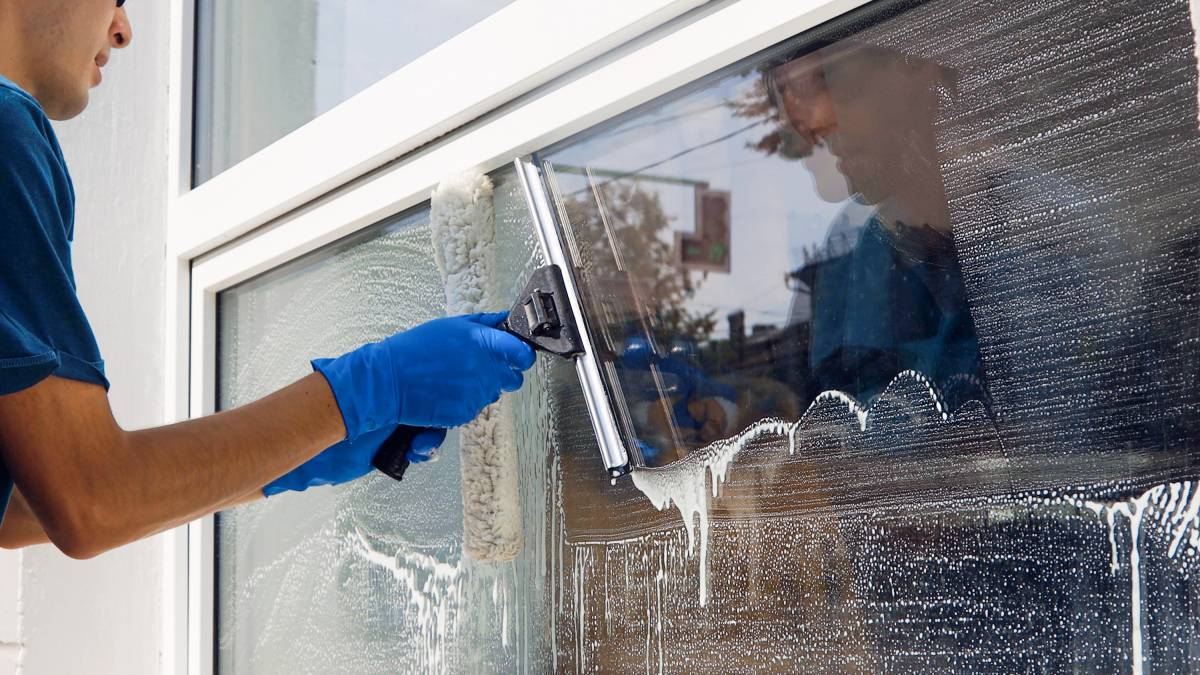
How much does a cleaner cost?
Read more
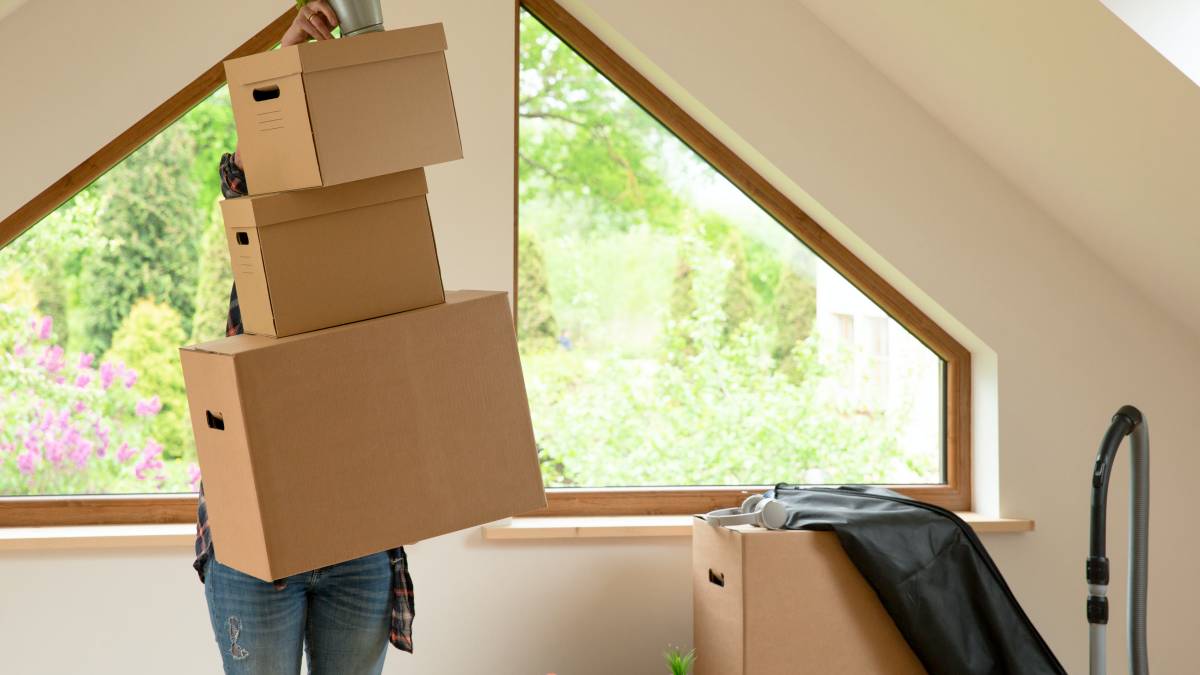
How much does attic cleaning cost?
Read more

How much does office cleaning cost?
Read more
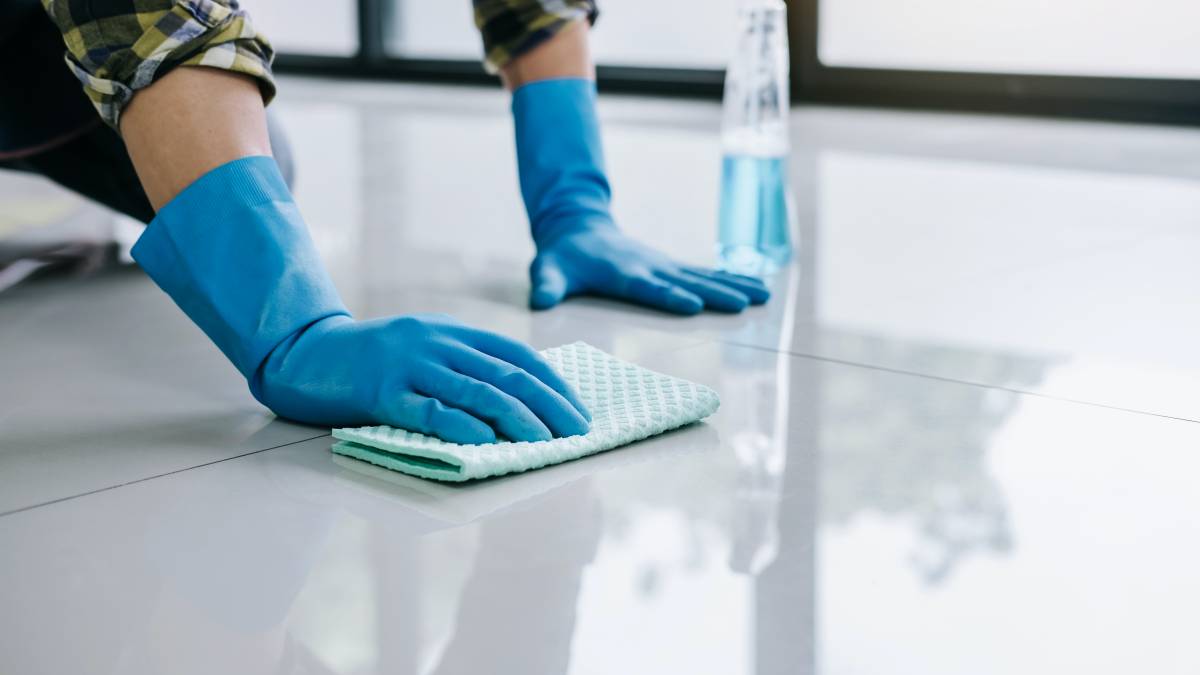
How much does floor cleaning cost?
Read more
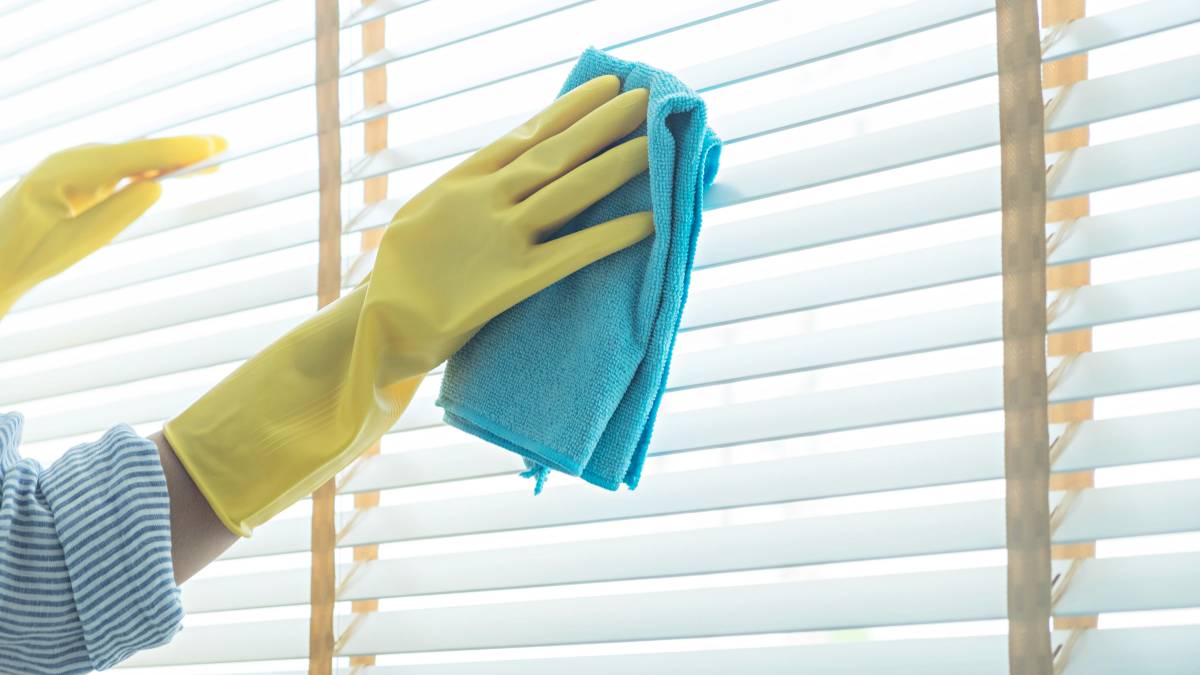
How much does blind cleaning cost?
Read more
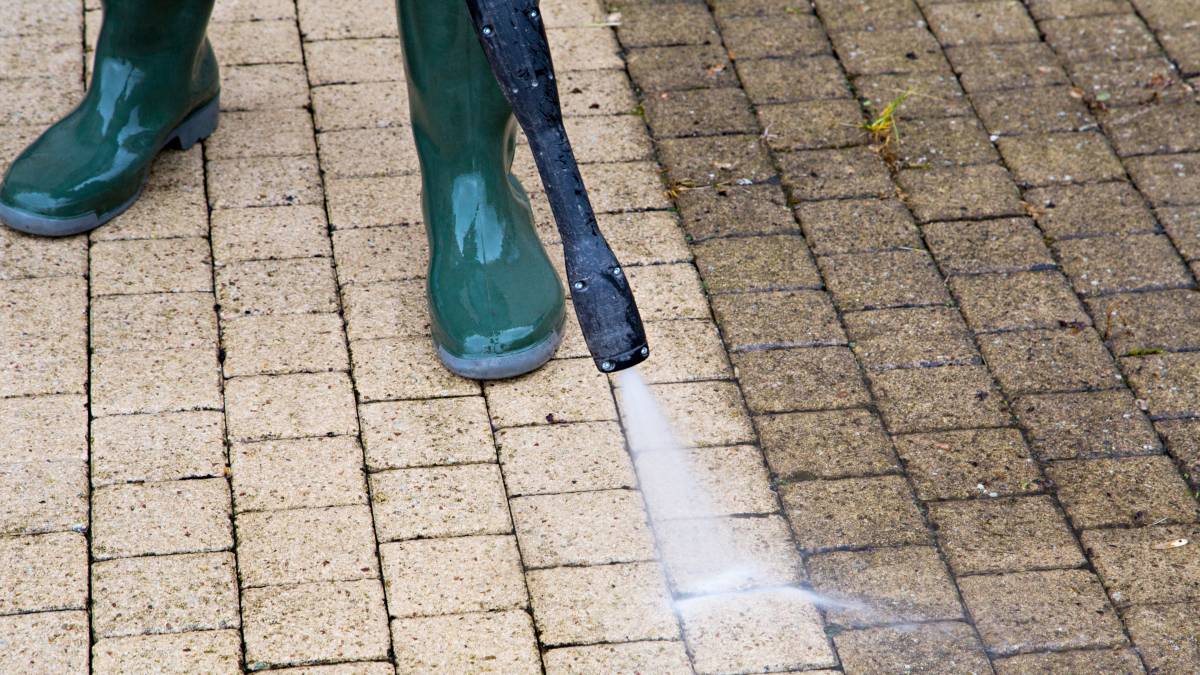
How much does pressure washing cost?
Read more
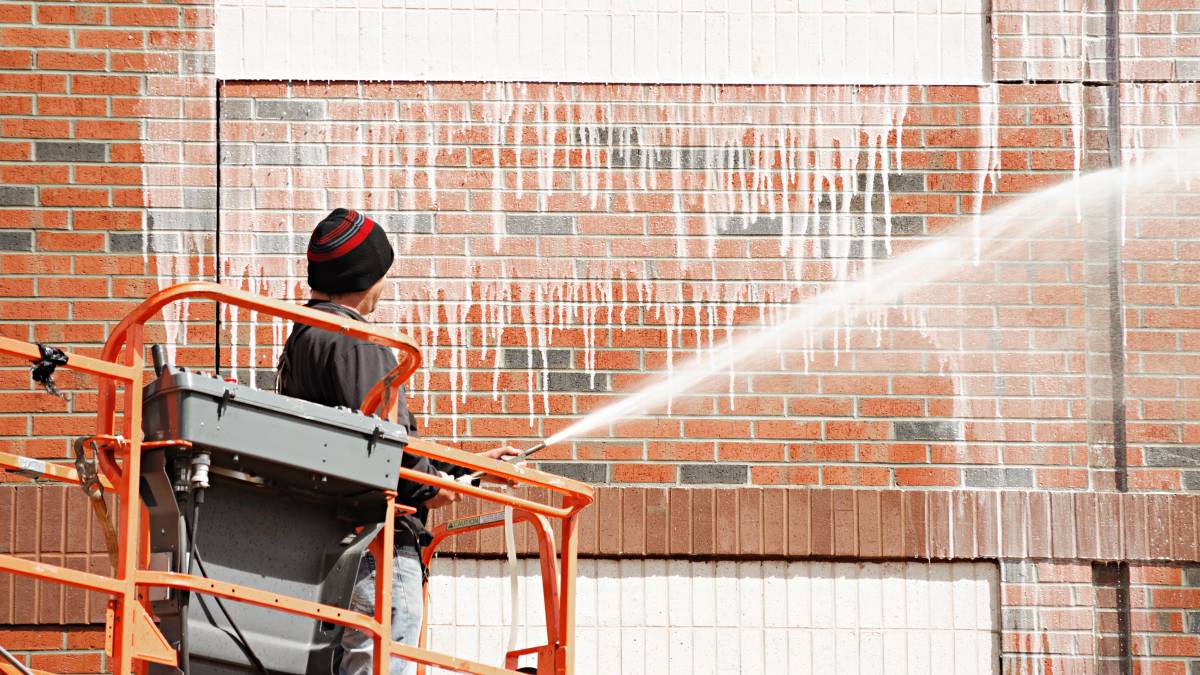
How much does brick cleaning cost?
Read more
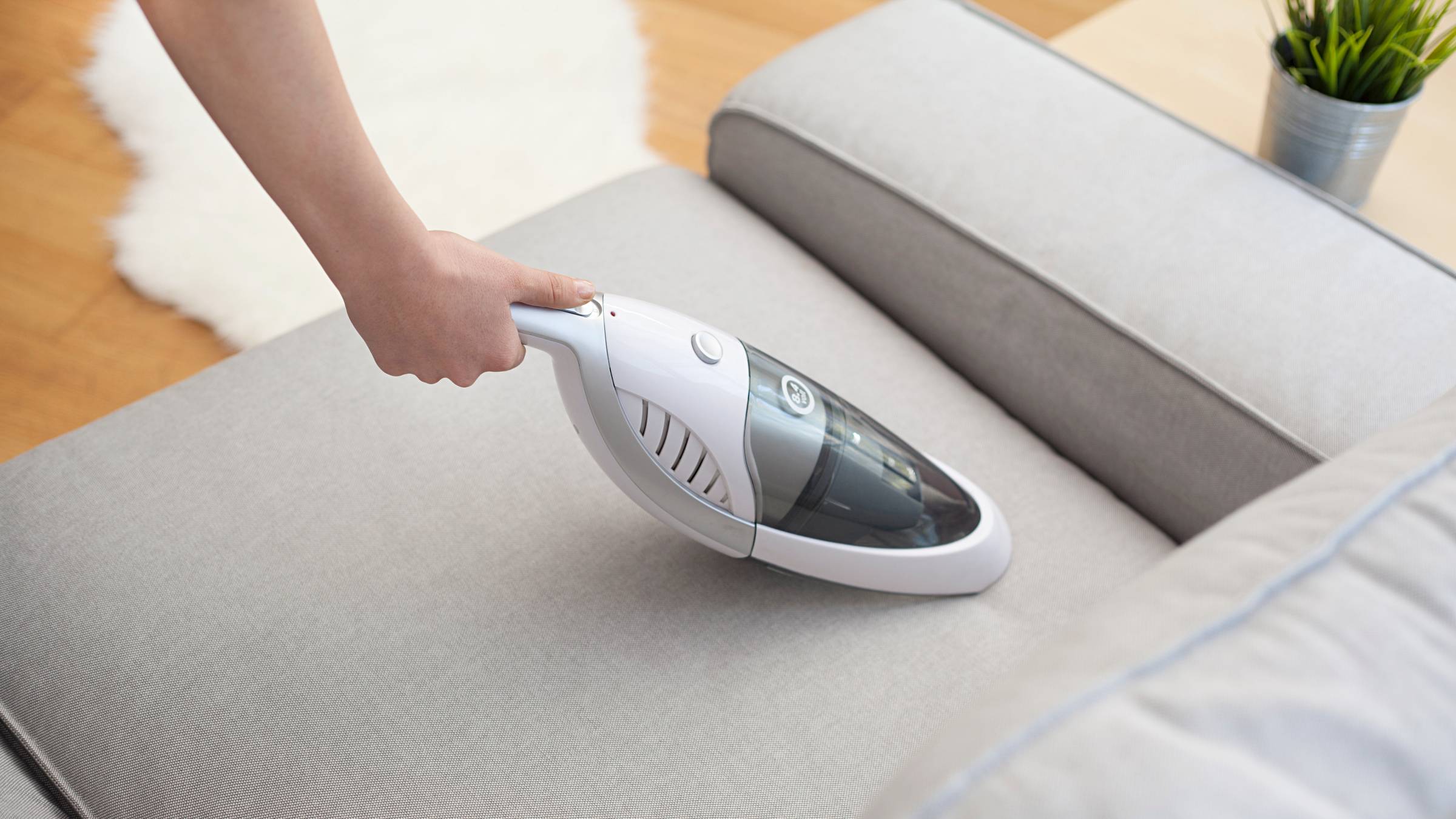
How much does sofa cleaning cost?
Read more
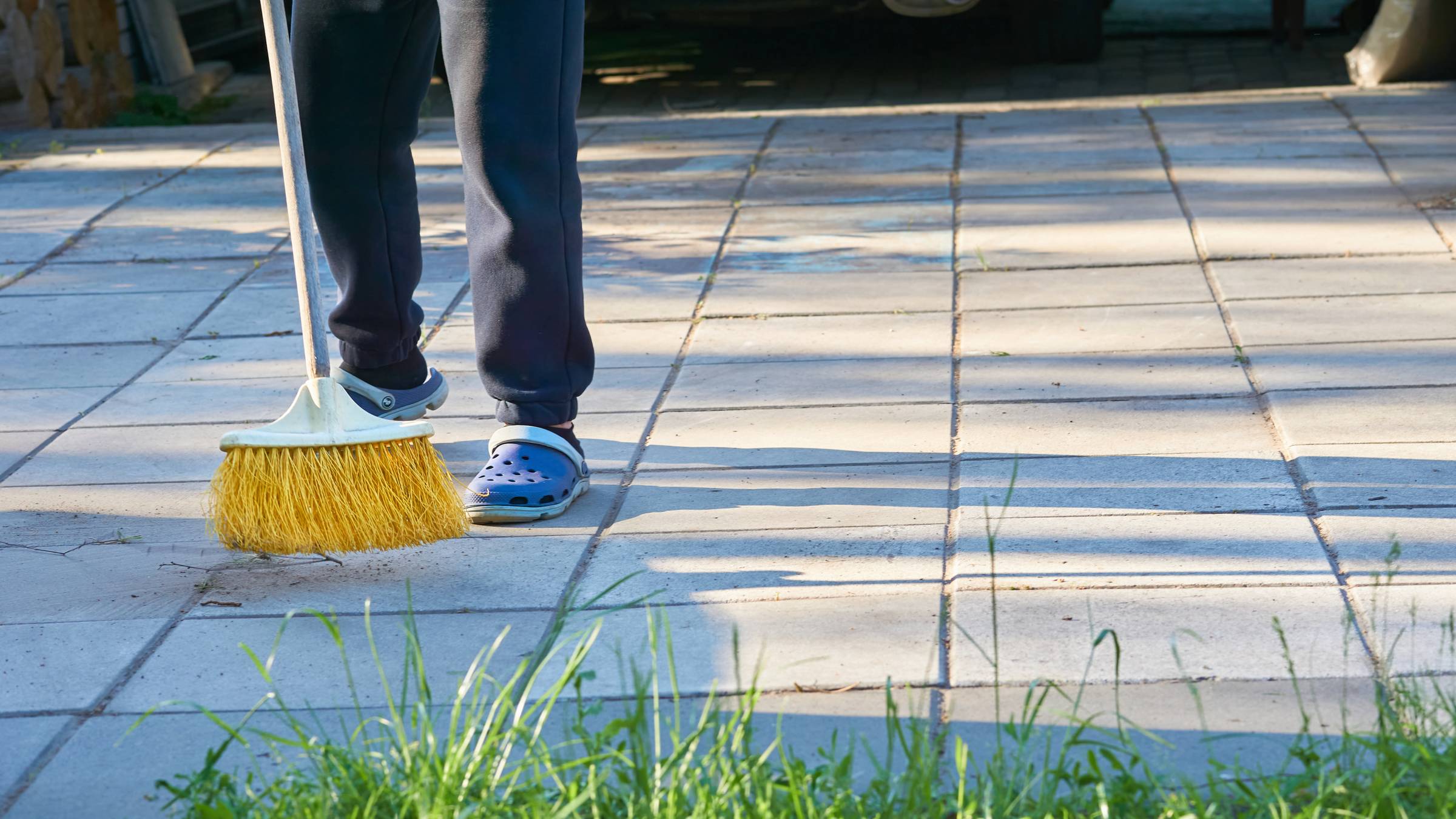
How much does patio cleaning cost?
Read more
